
1.3 UNIVERSITY ANTI-POVERTY PROGRAMMES
1. Related information on our university as a body having targets to admit students who fall into the bottom 20% of household income group (or a more tightly defined target) in the country.
The University maintains a policy to support scholarships for both undergraduate and graduate students to ensure they receive educational opportunities. This policy is primarily focused on assisting students facing financial difficulties that could be an obstacle to their studies. Therefore, the University allocates various types of scholarships to support its students, including general scholarships and specific funds specially created by the University with the goal of developing excellent and virtuous individuals in line with the institutional vision.

For Fiscal Year 2024, the University allocated a total of 7,278 scholarships (persons), amounting to 305.14 Million Baht, to help promote and support students and ensure their readiness for studies.
This total is divided into:
Scholarship for Student Potential Development (Scholarship): A total of 3,162 scholarships (persons), amounting to 138.09 Million Baht.
Undergraduate Level: 2,744 scholarships (persons), 49.86 Million Baht.
Graduate Level: 418 scholarships (persons), 88.23 Million Baht.
Scholarship for Creating Educational Opportunities, Fostering Virtuous Individuals, and Assisting Students in Financial Distress (Bursary): A total of 4,116 scholarships (persons), amounting to 167.05 Million Baht.
Undergraduate Level: 3,762 scholarships (persons), 149.95 Million Baht.
Graduate Level: 354 scholarships (persons), 17.10 Million Baht. The details are further presented in the table below.
Total Number of Scholarships Allocated
for Undergraduate and Graduate Students Fiscal Year 2024
| Scholarship Type | Number of Enrolled Students (Persons) | Number of Scholarships (Persons) | Amount (Million Baht) |
| Undergraduate Level | 11,967 | 6,506 | 199.81 |
| Scholarships for Developing Excellent and Virtuous Individuals in line with the Vision | 611 | 36.87 | |
| Multi-intellectuals Scholarship | 17 | 3.44 | |
| THE PETCHRA PRA JOM KLAO Scholarship | 167 | 23.89 | |
| Gem Polishing Scholarship | 338 | 1.70 | |
| “KMUTT 50th Anniversary: 50 Scholarships for Developing Excellent and Virtuous Individuals” | 18 | 0.45 | |
| Kitisak Ploypanichcharoen Scholarship | 2 | 0.05 | |
| Sae-Luang Rueang-Rung Scholarship | 36 | 2.20 | |
| Student Potential Development Project Scholarship | 13 | 0.28 | |
| KMUTT International Scholarship Program (KISP) | 20 | 4.86 | |
| Government Loan Funds | 2,735 | 111.88 | |
| SLF (Student Loan Fund) Loan (Category 1) | 348 | 15.91 | |
| SLF (Student Loan Fund) Loan (Category 2) | 2,386 | 95.94 | |
| SLF (Student Loan Fund) Loan (Category 3) | 1 | 0.03 | |
| Income Fund Scholarships (Education Fund) | 2,158 | 15.95 | |
| Student Support Scholarship | 1 | 0.01 | |
| Thamma Raksa Scholarship | 13 | 1.88 | |
| Student Employment Scholarship, Research Assistant Employment Scholarship (Referring to the REAL Scholarship) | 2,133 | 12.99 | |
| Student Subsidy Scholarship | 1 | 0.15 | |
| Disaster Victim Scholarship | 3 | 0.01 | |
| Siri Wiriya Scholarship | 7 | 0.91 | |
| External Grants | 235 | 7.49 | |
| Faculty Revenue and External Funding Sources | 767 | 27.62 | |
| Graduate Level | 1,893 | 772 | 105.33 |
| Scholarships for Developing Excellent and Virtuous Individuals in line with the Vision | 273 | 83.43 | |
| Multi-intellectual Scholarship | 8 | 1.47 | |
| The Greater Mekong Sub-region Country Scholarship (GMS) | 4 | 0.27 | |
| KMUTT International Scholarship Program (KISP) | 13 | 2.84 | |
| THE PETCHRA PRA JOM KLAO Master’s Scholarship | 78 | 12.36 | |
| THE PETCHRA PRA JOM KLAO Doctoral Scholarship | 133 | 59.27 | |
| THE PETCHRA PRA JOM KLAO Scholarship (Research Promotion/Incentive) | 10 | 0.77 | |
| THE PETCHRA PRA JOM KLAO Scholarship (KMUTT – NSTDA) | 13 | 4.71 | |
| Thailand Advanced Institute of Science and Technology (TAIST-Tokyo Tech) Scholarship | 13 | 1.46 | |
| Rukkhaphitthayaphat Scholarship (Graduate Level) | 1 | 0.28 | |
| General Scholarships | 499 | 21.90 | |
| Scholarships from External Funding/Faculty Allocation | 354 | 17.10 | |
| Teaching Assistant (TA) Scholarship | 103 | 3.71 | |
| Research Assistant (RA) Scholarship | 42 | 1.09 | |
| Total | 7,278 | 305.14 |

Number of Bursary Scholarships for Students Lacking Opportunities (Bursary) at Undergraduate and Graduate Levels, Fiscal Year 2024
| Scholarship Type | Number of Enrolled Students (Persons) | Number of Scholarships (Persons) | Amount (Million Baht) |
| Undergraduate Level | 11,967 | 3,762 | 149.95 |
| Income Fund Scholarships (Education Fund) | 25 | 2.96 | |
| Student Support Scholarship | 1 | 0.01 | |
| Thamma Raksa Scholarship | 13 | 1.88 | |
| Student Subsidy Scholarship | 1 | 0.15 | |
| Siri Wiriya Scholarship | 7 | 0.91 | |
| Disaster Victim Scholarship | 3 | 0.01 | |
| External Funding Sources | 3,737 | 146.99 | |
| Government Loan Funds | 2,735 | 111.88 | |
| External Grants | 235 | 7.49 | |
| Faculty Revenue and External Funding Sources | 767 | 27.62 | |
| Graduate Level | 1,893 | 354 | 17.10 |
| External Funding Sources | 354 | 17.10 | |
| Scholarships from External Funding/Faculty Allocation | 354 | 17.10 | |
| Total | 13,860 | 4,116 | 167.05 |


Integrated Student Development (KMUTT Student Development 360: KSD 360)
The University has established a participatory approach to student development that requires the integration of activities “in” and “out” of the classroom or “on” and “off” campus. This approach involves multiple development policies, with various units assigned to carry out matters related to student development.
- The Student Affairs Office primarily manages the environment, organizes club activities, provides career guidance, and offers counseling to students facing issues.
- The Health Care Unit oversees student health matters.
- The Student Financial Aid Unit handles scholarship support and financial assistance.
In addition, there is inter-departmental collaboration to ensure coordinated efforts across the faculty level, department level, and other supporting units. The goal is to produce “Quality Graduates” through holistic development that strengthens them academically, instills good citizenship with social awareness and responsibility, aligning with the desired graduate attributes (KMUTT Student OF), which is the main objective. This development is underpinned by the Code of Honor, which is the core principle in student development.

The University maintains a policy to support scholarships for both undergraduate and graduate students to ensure they receive educational opportunities. This policy is primarily focused on assisting students facing financial difficulties that could be an obstacle to their studies.
Therefore, the University allocates various types of scholarships to support its students, including general scholarships and specific funds specially created by the University with the goal of developing excellent and virtuous individuals in line with the institutional vision.
These scholarships are divided into two main categories
- Scholarship for Student Potential Development (Scholarship)
- Scholarship for Creating Educational Opportunities, Fostering Virtuous Individuals, and Assisting Students in Financial Distress (Bursary)
The aforementioned scholarship is also allocated into various sub-categories to cover the necessities of all student groups within the University. The details of each scholarship category are as follows
1. Scholarship for Student Potential Development (Scholarship)
- THE PETCHRA PRA JOM KLAO Scholarship (Undergraduate Level)
This scholarship is designed to support individuals with excellent abilities in various fields, including academics and specific talents such as sports, arts and culture, leadership, and creativity and innovation. The goal is to nurture students to become Change Agents within the KMUTT community.
- THE PETCHRA PRA JOM KLAO Scholarship for Outstanding Academic Achievement (Graduate Level)
To support individuals with potential and ability to continually develop themselves in academics and research, fostering strength at the departmental and research cluster level.
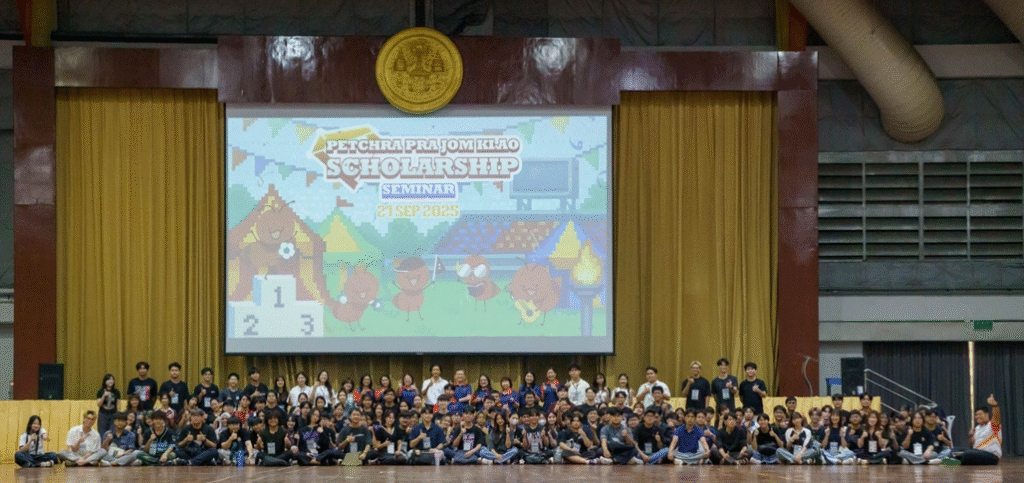
- THE PETCHRA PRA JOM KLAO Master’s Scholarship
To provide scholarships for Master’s students who possess potential, ability, and a thirst for knowledge, promoting academic strength and research clusters.
- THE PETCHRA PRA JOM KLAO Doctoral Scholarship
To enhance experience in research work and continuous self-development, producing high-quality Doctoral graduates who will be a crucial force in driving and producing research outcomes or undertaking work that utilizes advanced knowledge and skills beneficial to the country’s society and economy.
- Rukkhaphitthayaphat Scholarship (Graduate Level)
KMUTT and the research institute Forschungszentrum Jülich (Jülich), specifically the Institute of Bio- and Geosciences Plant Sciences (IBG-2), Federal Republic of Germany, jointly offer this scholarship to graduate students starting from Academic Year 2022–2025 (B.E. 2565–2568). The scholarship was graciously bestowed the name “Rukkhaphitthayaphat” by Her Royal Highness Princess Maha Chakri Sirindhorn.
- Multi-intellectual Scholarship
To express our gratitude and obligation to Her Royal Highness Princess Maha Chakri Sirindhon for her contribution towards education in Thailand and neighboring countries, the university has decided to announce the Multi – Intellectual Scholarship grant for students pursuing Bachelor’s and Master’s degree from countries: Cambodia, Lao PDR., Myanmar and Vietnam.
- The Greater Mekong Sub-region Country Scholarship (GMS)
KMUTT has decided to provide scholarships for a master’s degree and a doctoral degree to staff and students of the Greater Mekong Sub-region country: Lao PDR., Cambodia, Myanmar, Vietnam, and China (specifically Yunnan Province).
- KMUTT international Scholarship Program (KISP)
To comply with the Internationalization policy and increase the number of international students with scholarships. KISP grant for students pursuing Bachelor’s and Master’s degree from international countries except Vietnam, Lao PDR., Myanmar, and Cambodia.
- “KMUTT 50th Anniversary: 50 Scholarships for Developing Excellent and Virtuous Individuals”
The University supports scholarships to nurture excellent and virtuous individuals in line with the vision, commemorating the 50th anniversary of KMUTT’s founding. It selects students who possess good character, ethics, a spirit of social service, and an aspiration to study various fields at KMUTT.
- “Gem Polishing” Scholarship
To promote university students who possess outstanding potential in both academics and specific talents. This is divided into two types: a fund for promoting and supporting student potential development activities integrated with academic work, social work, or research; and a fund for providing rewards to boost student morale.
- “Sae-Luang Rueang-Rung” Scholarship
To support undergraduate students who recognize the importance of learning both in and outside the classroom, reflecting the phrase “Excellent in Academics, Outstanding in Activities.” It selects students who maintain a satisfactory academic standing for graduation and who demonstrate abilities in leadership, arts and culture, sports, and creativity and innovation, providing them with scholarship support from the University to instill pride and encouragement in their studies while engaging in activities for simultaneous potential development.
- Research Experience and Applied Learning Scholarship (REAL)
This scholarship aims to promote teamwork skills and social integration, enabling students to utilize their free time beneficially for gaining research experience, applying their classroom knowledge, and earning additional income during their studies. The scholarship is divided into two types based on the nature of the work:
- Research Experience Scholarship (Research Assistant Employment)
This scholarship provides students with opportunities to access and build skills in science and technology research. The research work must have a clear scope and execution plan for which the scholarship recipient is responsible. Applications are opened twice per academic year.
- Research Experience Scholarship (Research Assistant Employment)
- Applied Learning Scholarship (Student Employment)
This is a student development mechanism that utilizes the students’ knowledge, skills, and abilities to develop tasks that can be completed within a short timeframe. It also serves to encourage the productive use of free time. Applications are opened three times per academic year (3 semesters).
2. Scholarship for Creating Educational Opportunities, Fostering Virtuous Individuals, and Assisting Students in Financial Distress (Bursary)
- Student Loan Fund (SLF) Loans
The Student Loan Fund (SLF) supports and promotes education by providing loans in four categories through the Digital Student Loan Fund System (DSL), replacing the e-Studentloan system. The details are as follows:
- Category 1: Loans for students who lack financial resources.
- Category 2: Loans for students studying in fields identified as essential/core demand, which have a clear focus on workforce production and are crucial for national development.
- Category 3: Loans for students studying in shortage fields or fields specifically promoted by the Fund.
- Category 4: Loans for high-achieving students to foster excellence.
- “Thamma Raksa” Scholarship A scholarship for students who possess virtue but whose families lack opportunities, who have no family members with a university degree, and who reside in remote, underprivileged, or national security-risk areas. The goal is to enable them to study at the University and become a key force in developing their family and society after graduation.
- “Siri Wiriya” Scholarship A scholarship to create educational opportunities for resilient students who are diligent, industrious, and committed to their studies but lack financial resources. It also aims to enable them to apply their knowledge for the benefit of themselves, their family, and the nation.
- Student Support Scholarship A scholarship to assist students facing financial hardship or a lack of educational funds that negatively affects their studies.
- Scholarship for Students with Disabilities In accordance with the regulations governing the promotion of education for persons with disabilities (Higher Education for Persons with Disabilities Act, B.E. 2552 (2009)), KMUTT supports this policy to distribute educational opportunities and create educational equality for persons with disabilities.
- Scholarship for the “Raksa Dhamma” Project A scholarship to distribute educational opportunities for students coming from non-formal education, non-credit education, Buddhist schools (Pariyattidharma schools – general education section), alternative education equivalent to Mathayom 6, and Vocational Certificate (Por Wor Chor) programs in the fields specified, enabling them to continue their studies at KMUTT.
- Disaster Victim Scholarship A scholarship to assist students whose families suffer from accidental disasters such as fire (อัคคีภัย), flood (อุทกภัย), or storm (วาตภัย). This excludes accidents resulting in injury or death, as covered by student accident insurance conditions.
- Category 4: Loans for high-achieving students to foster excellence.
Grants from Companies and Charitable Donors Scholarships received from companies, businesses, and charitable donors to assist students who lack financial resources but possess good academic results and behavior. These funds are allocated according to the donor’s objectives, provided either continuously until the end of the program or on an annual basis.
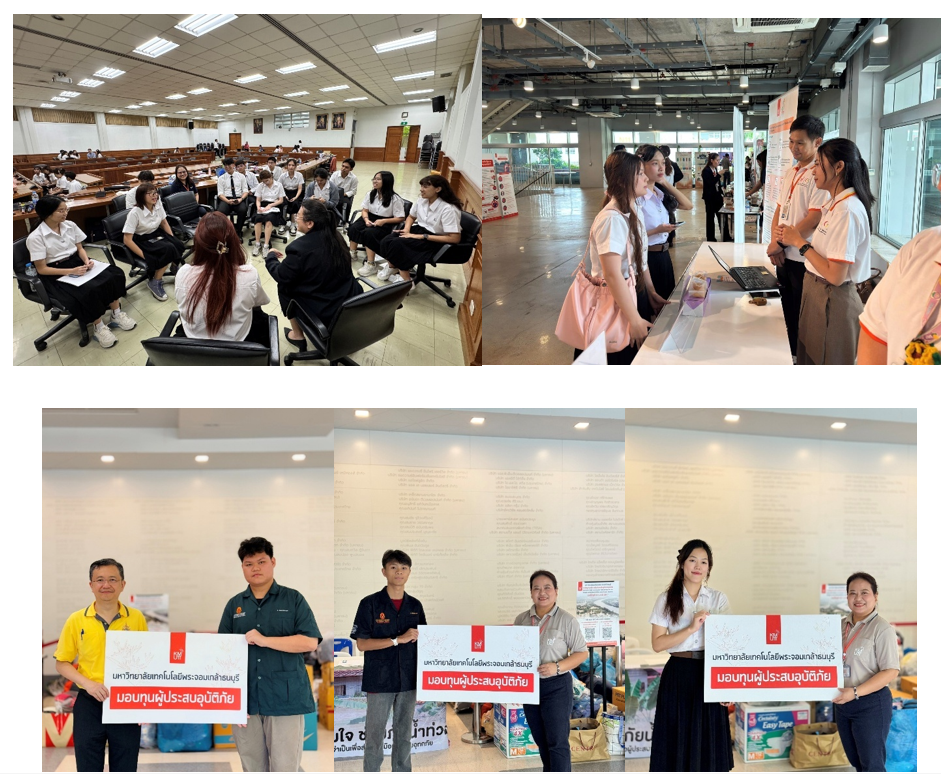
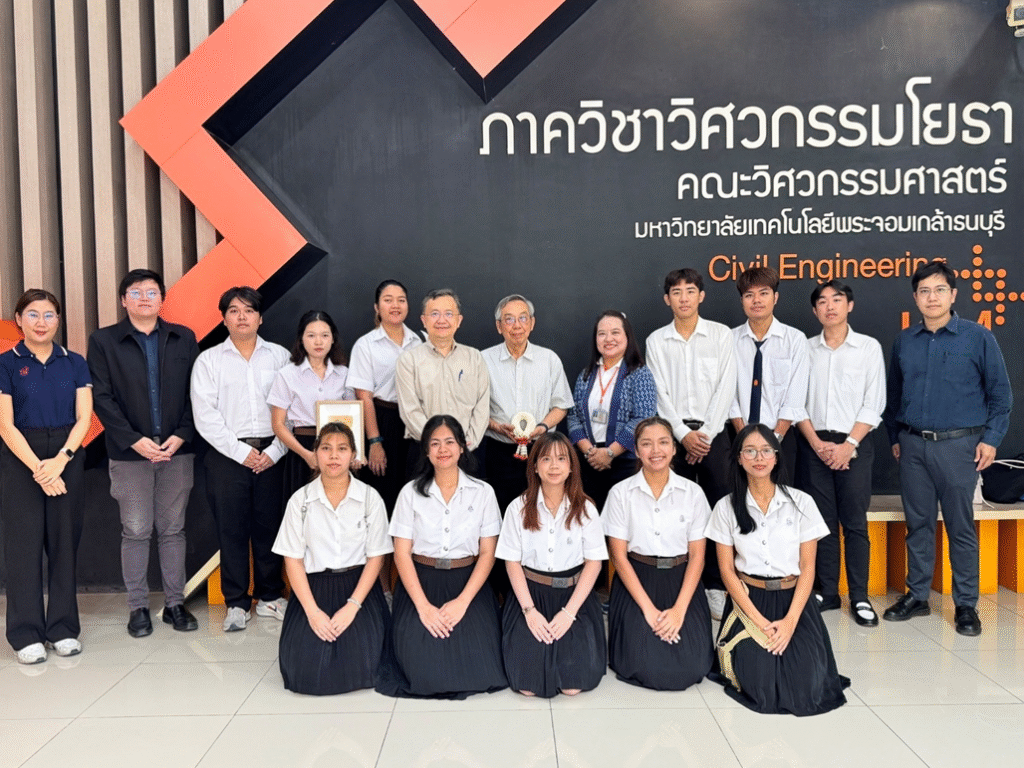
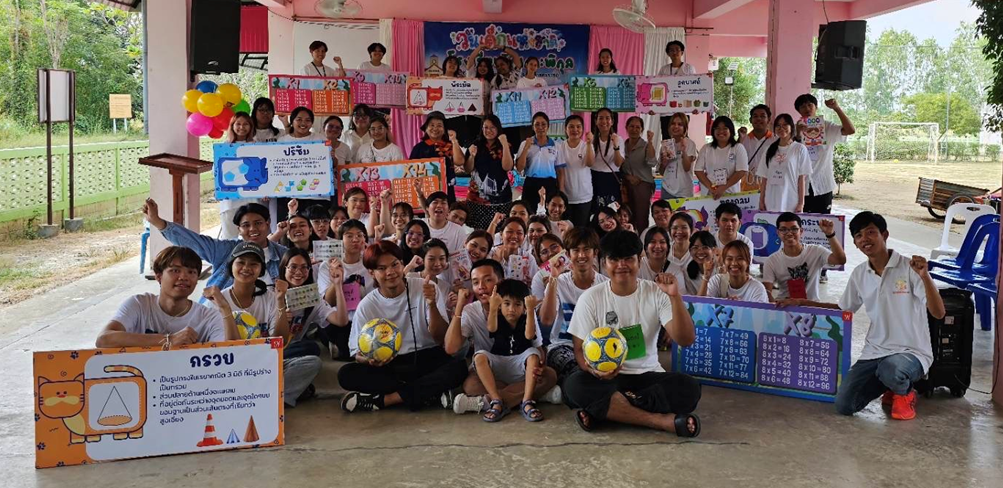
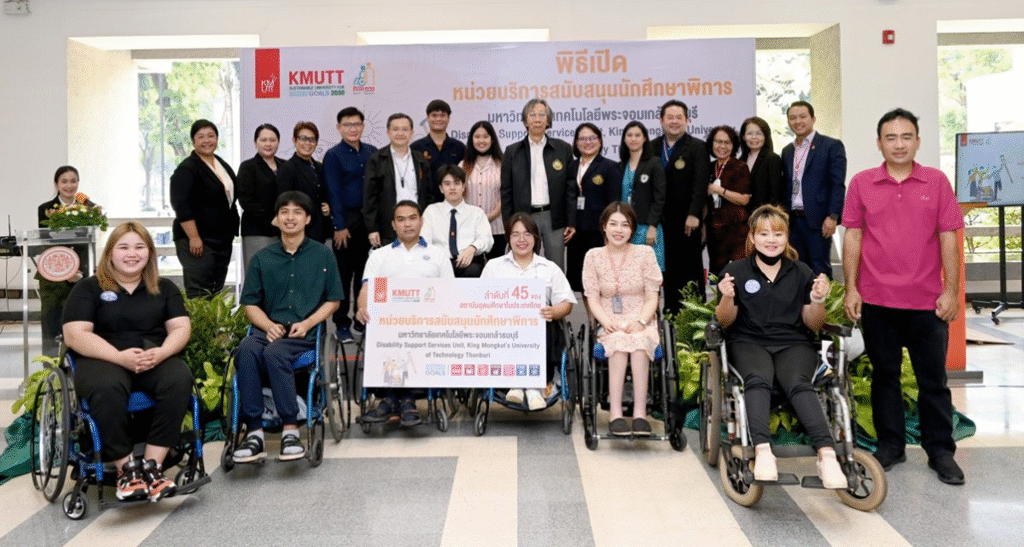
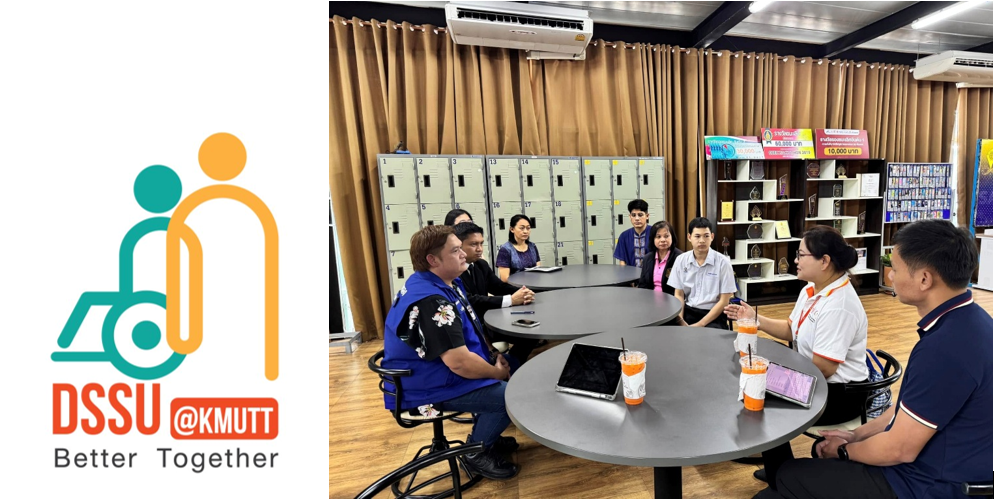
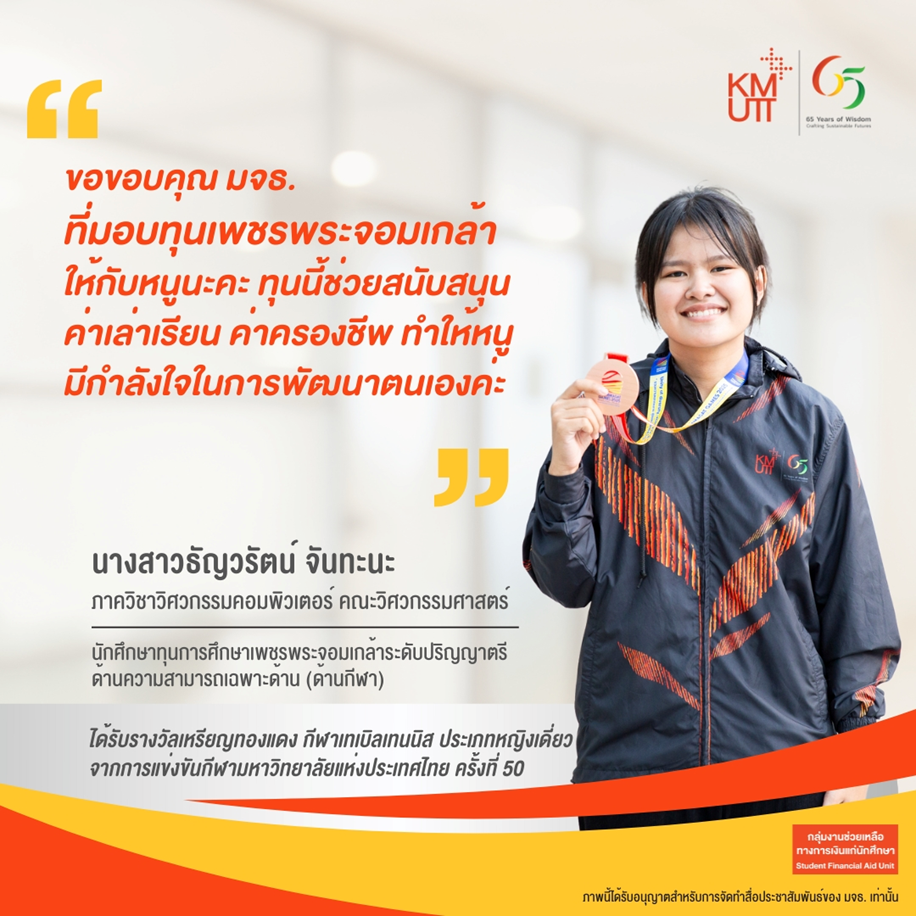
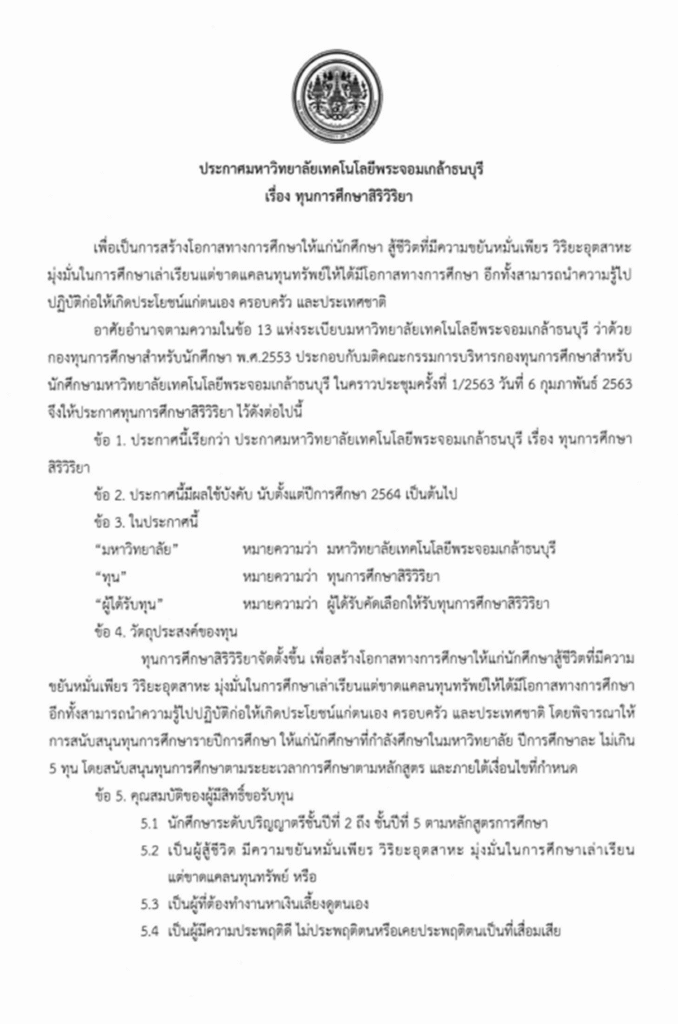

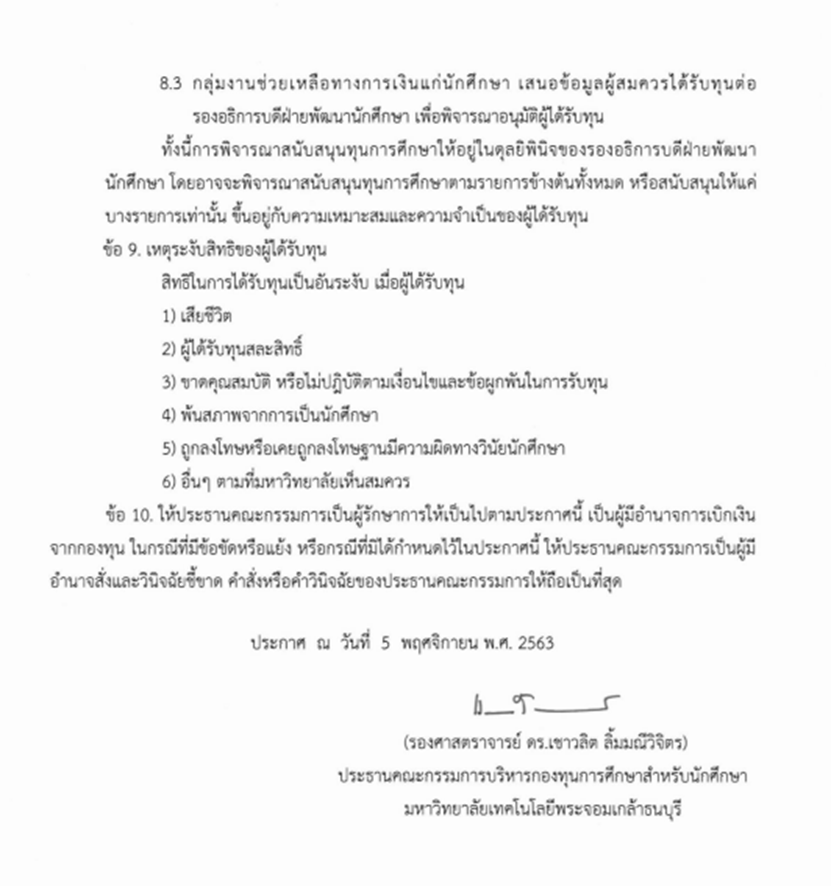
No One Left Behind
Providing financial assistance to students facing financial difficulties that hinder their studies. The goal is to ensure students are ready to study, research, reduce their anxiety regarding educational expenses, and can learn to their full potential at both the undergraduate and graduate levels. The development of students into graduates who are skilled in their profession alongside being virtuous is a key aspiration of the University. Creating opportunities for students to give back to society through university-community and social projects enables many students to participate in extra-curricular learning activities. This process nurtures students to understand life, practice generosity, and learn about different societal ways of life that may not be available within the university campus.

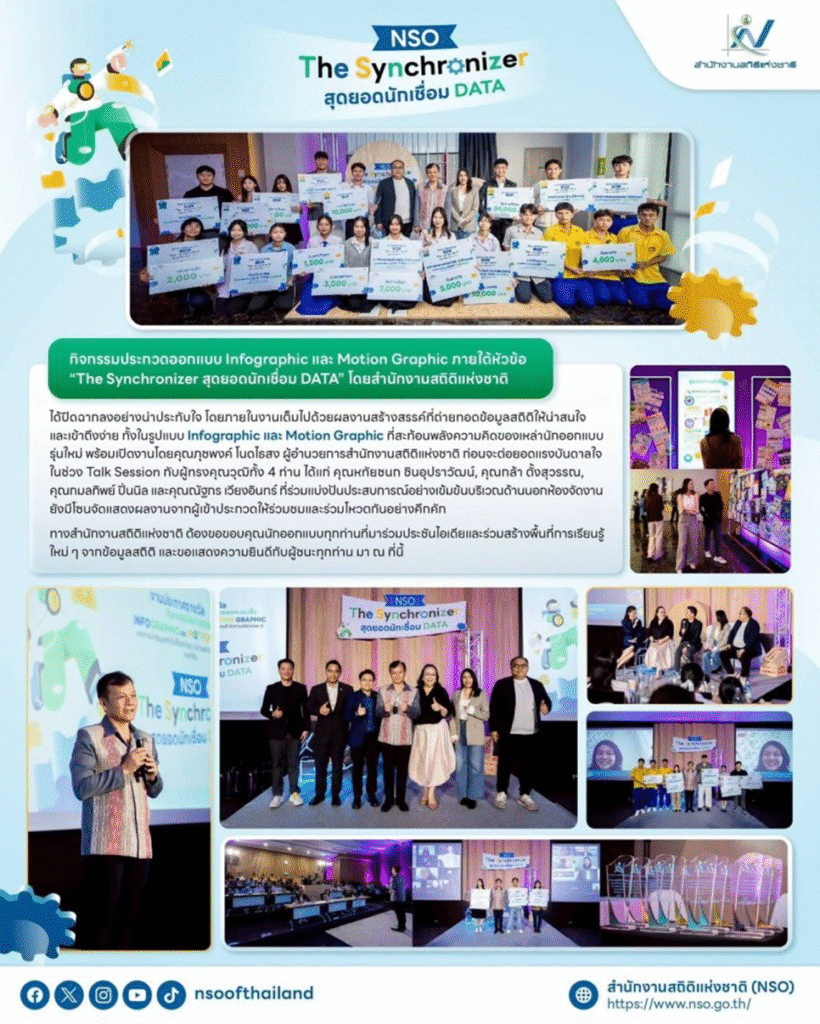
2. Bottom financial quintile student success
King Mongkut’s University of Technology Thonburi has allocated scholarships for KMUTT students. Get it right, meet the goals. The line graph shows the amount of undergraduate student support scholarships compared to the amount of graduate student support scholarships between fiscal years 2014-2023

The university has allocated a total of 7,744 scholarships, amounting to 306.29 million baht, to assist, encourage, and support students, ensuring they are well-prepared for their studies.
For undergraduate students, 6,890 scholarships were provided, totaling 191.01 million baht, and for master’s and doctoral students, 854 scholarships were granted, totaling 115.28 million baht.
In the fiscal year 2023, the scholarships were categorized into two types:
1) Scholarships for Student Potential Development
2) Bursaries for Financially Disadvantaged Students Lacking Educational Opportunities
The Scholarships for Student Potential Development included 2,572 awards, totaling 147.51 million baht
- Undergraduate student 2,130 scholarships, amounting to 49.21 million baht.
- Graduate student 442 scholarships, amounting to 98.30 million baht.
The Bursaries for Financially Disadvantaged Students included 5,172 awards, totaling 158.98 million baht
- Undergraduate student 4,760 scholarships, amounting to 141.80 million baht.
- Graduate student 412 scholarships, amounting to 17.18 million baht.
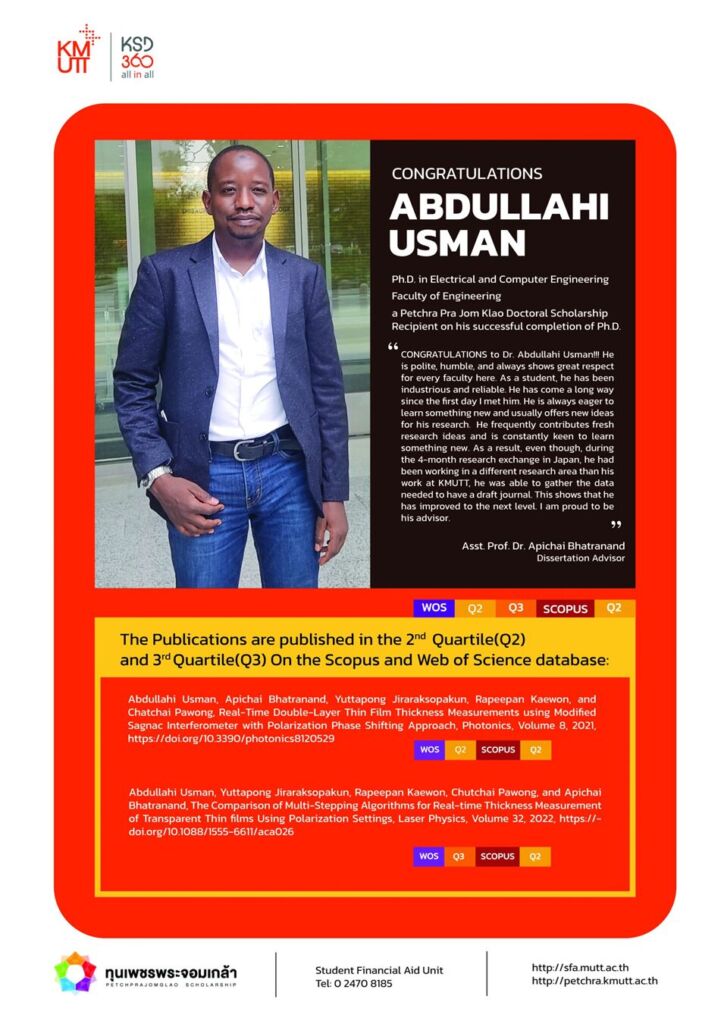
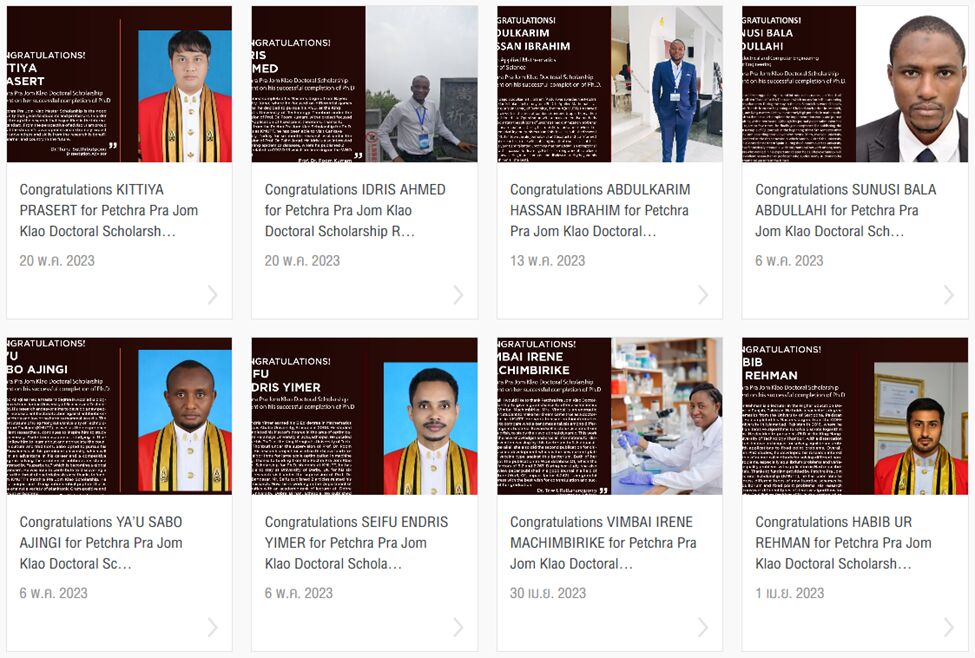
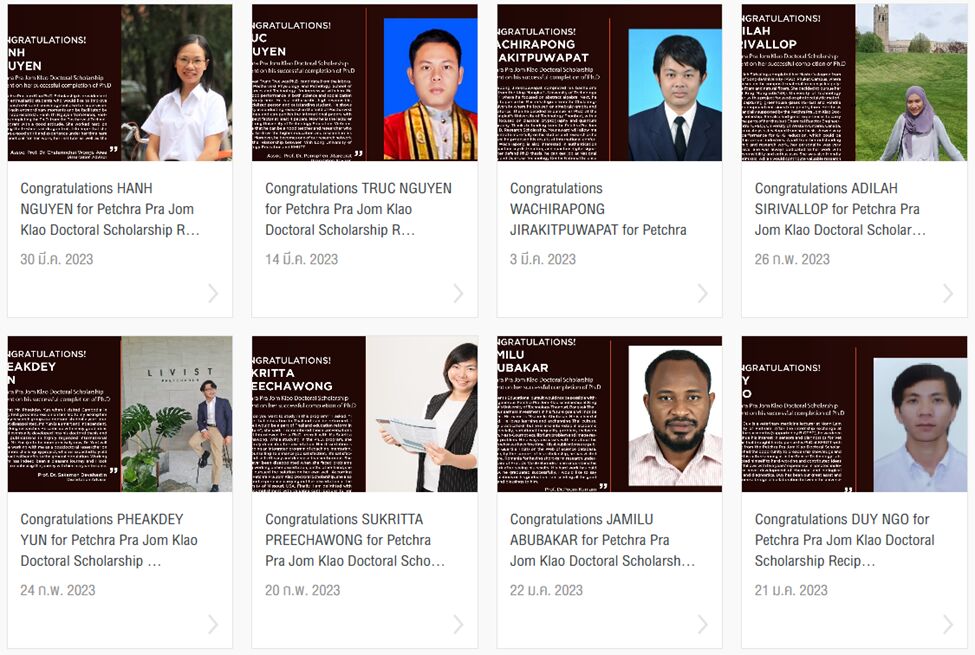
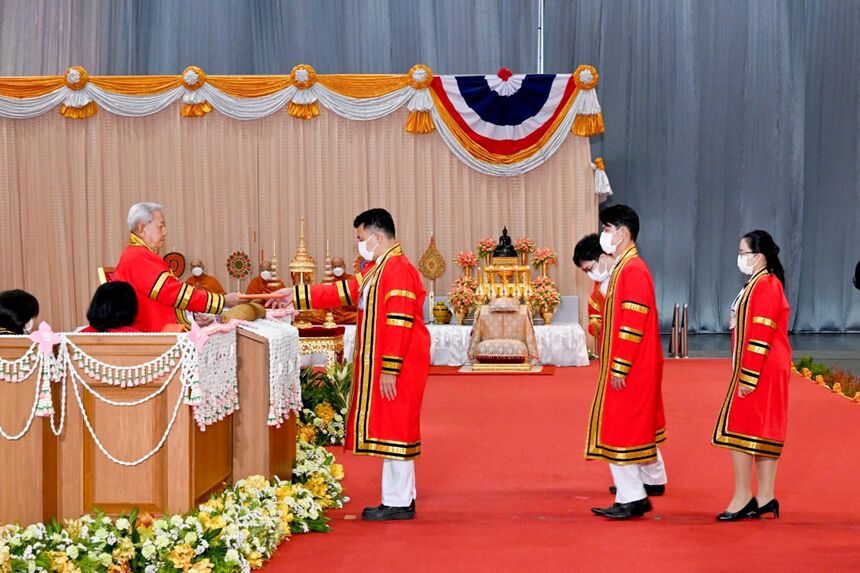
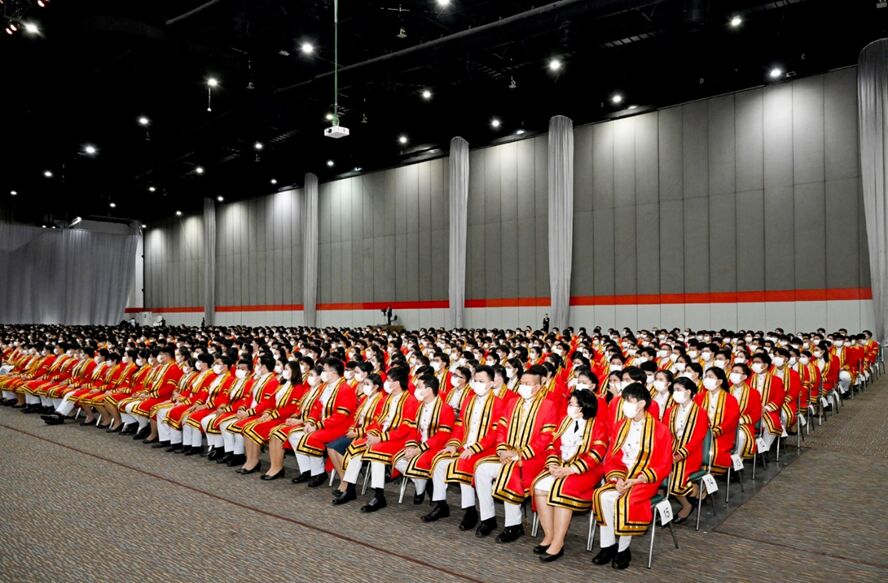
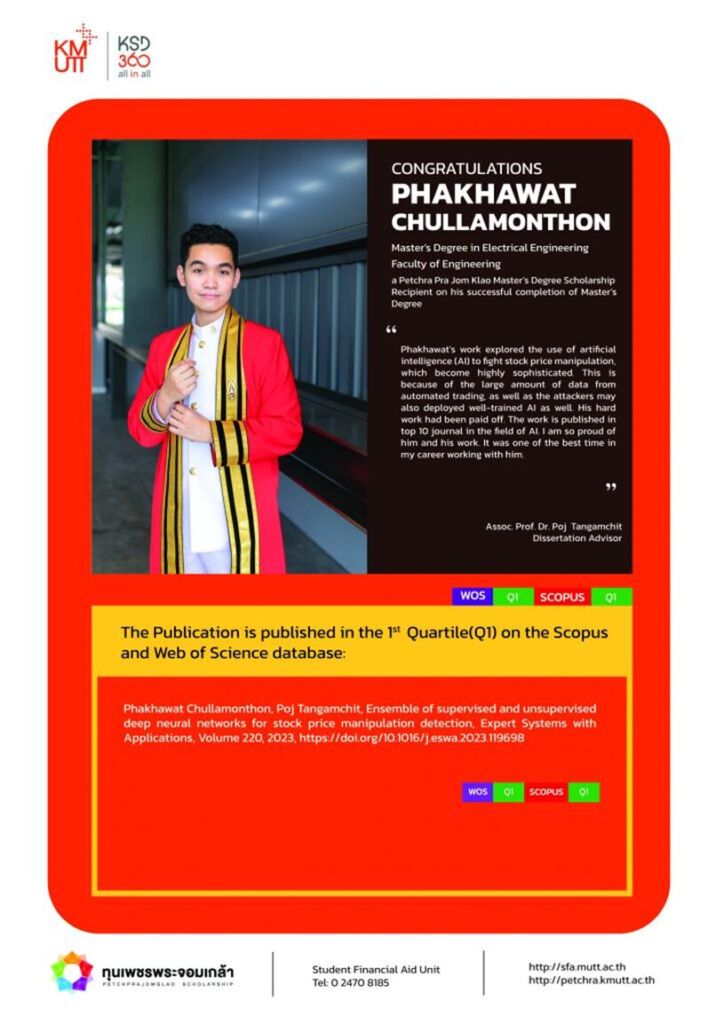
Congratulations PHAKHAWAT CHULLAMONTHON for Petchra Pra Jom Klao Master Degree Scholarship Recipient on his successful completion of Master Degree
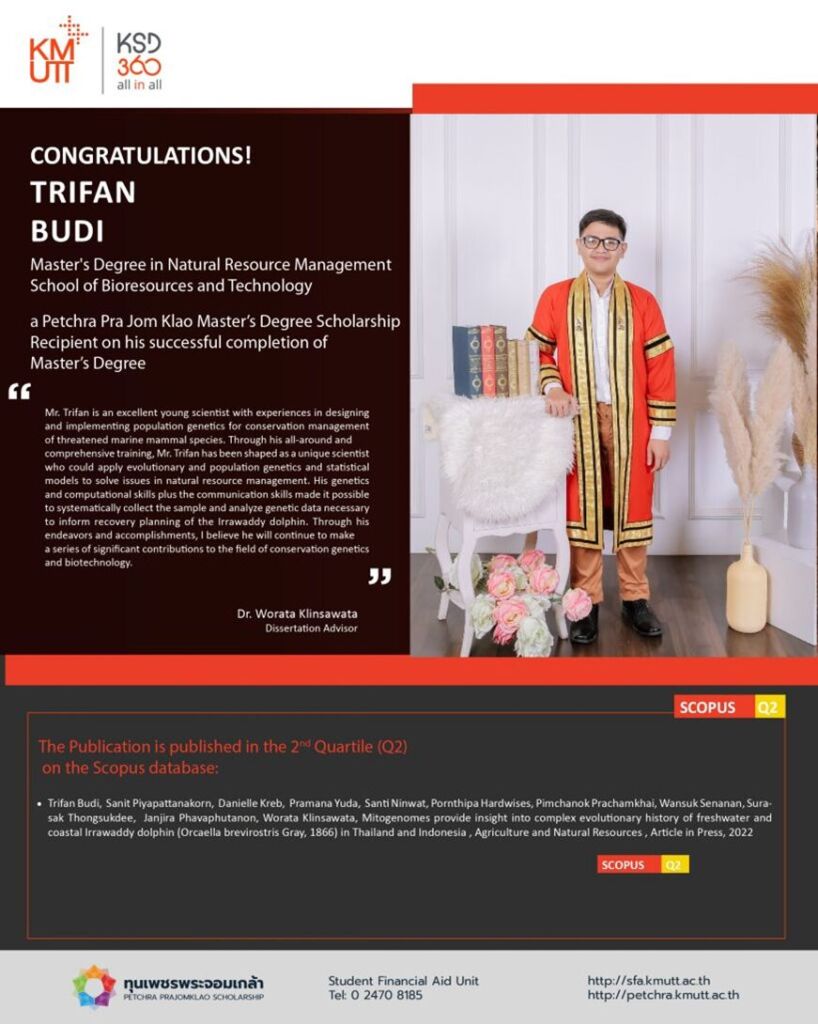
Congratulations TRIFAN BUDI for Petchra Pra Jom Klao Master Degree Scholarship Recipient on his successful completion of Master Degree
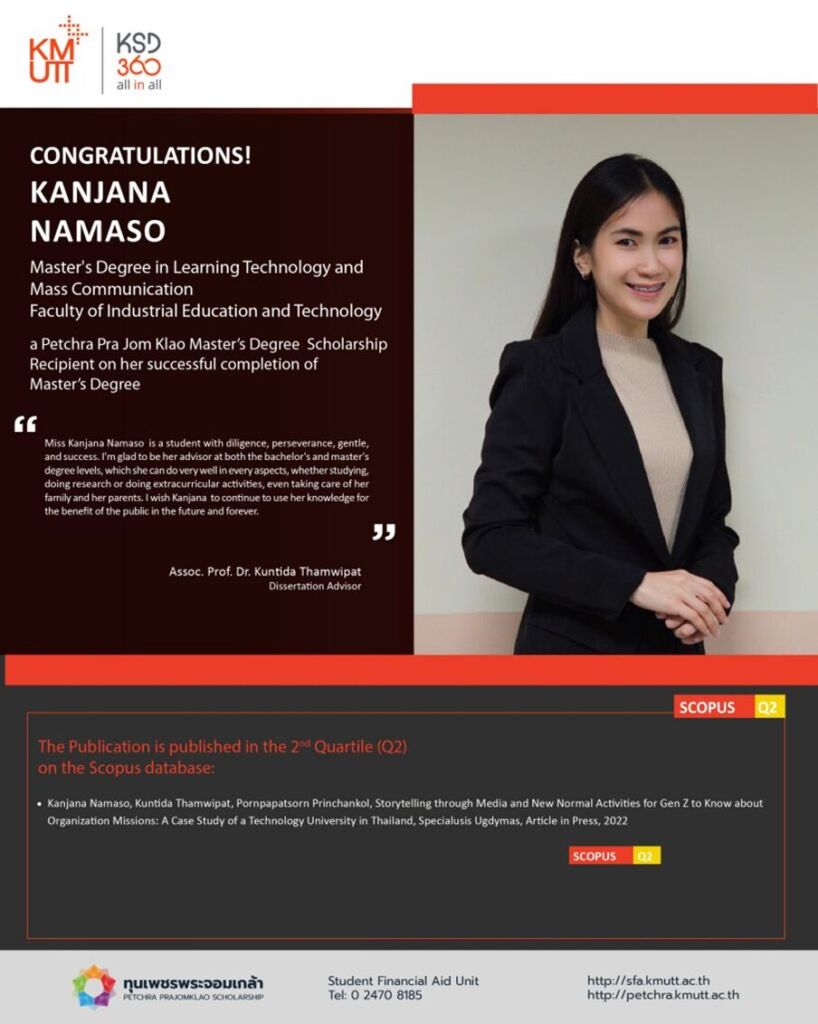
Congratulations KANJANA NAMASO for Petchra Pra Jom Klao Master Degree Scholarship Recipient on her successful completion of Master Degree
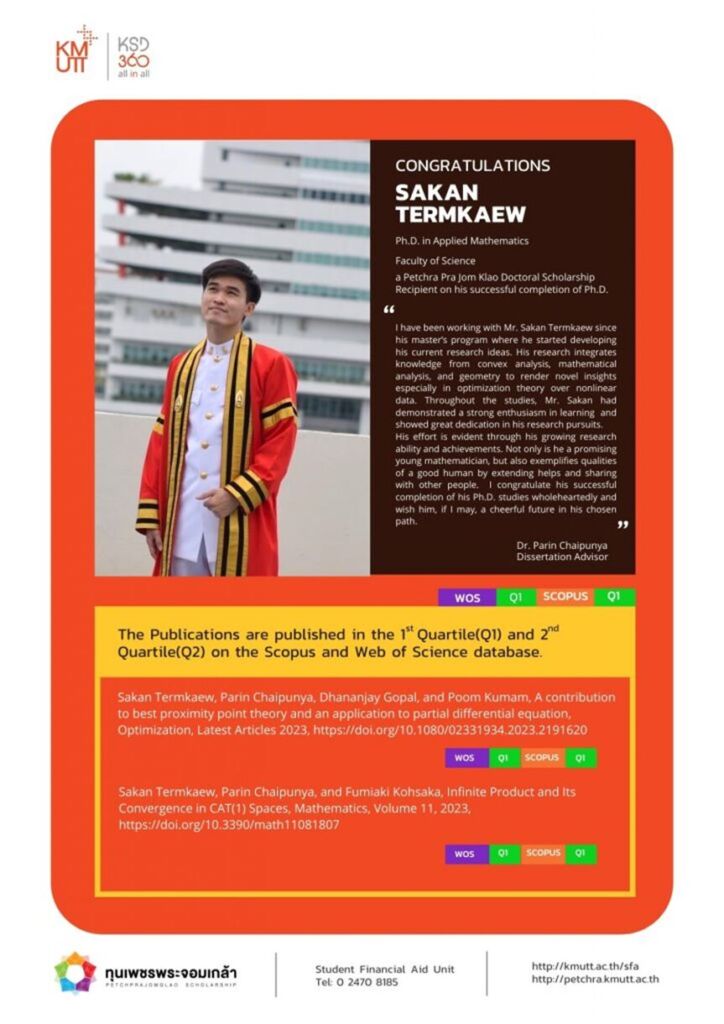
Congratulations Mr. Sakan Termkaew for Petchra Pra Jom Klao Doctoral Scholarship Recipient on his successful completion of Ph.D.
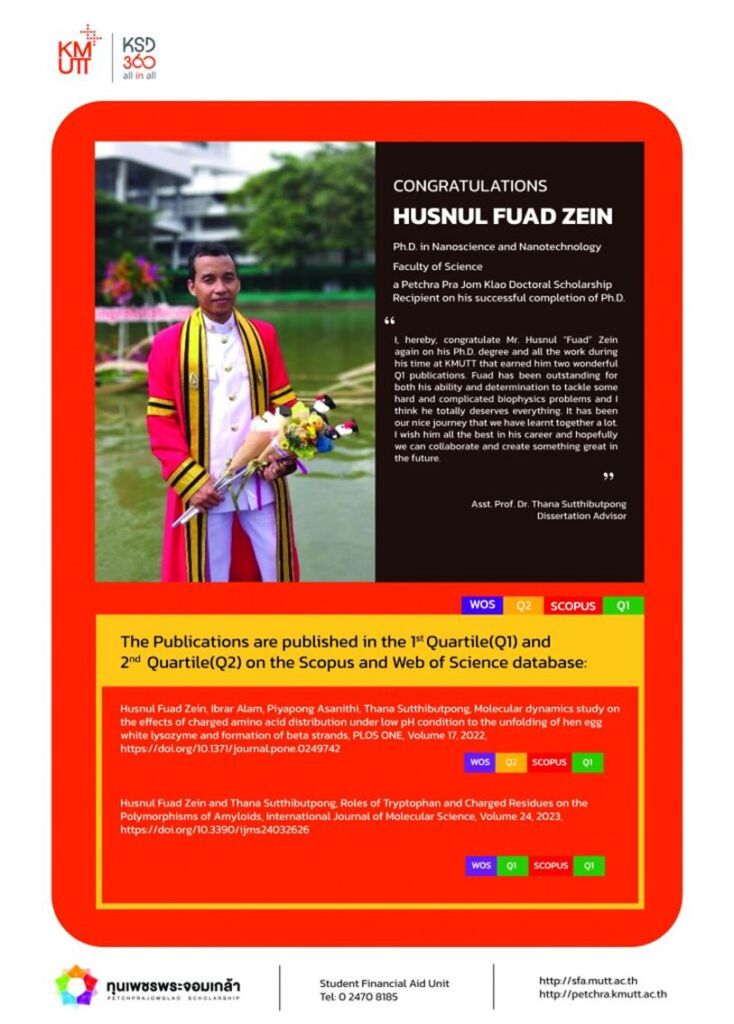
Congratulations HUSNUL FUAD ZEIN for Petchra Pra Jom Klao Doctoral Scholarship Recipient on his successful completion of Ph.D.
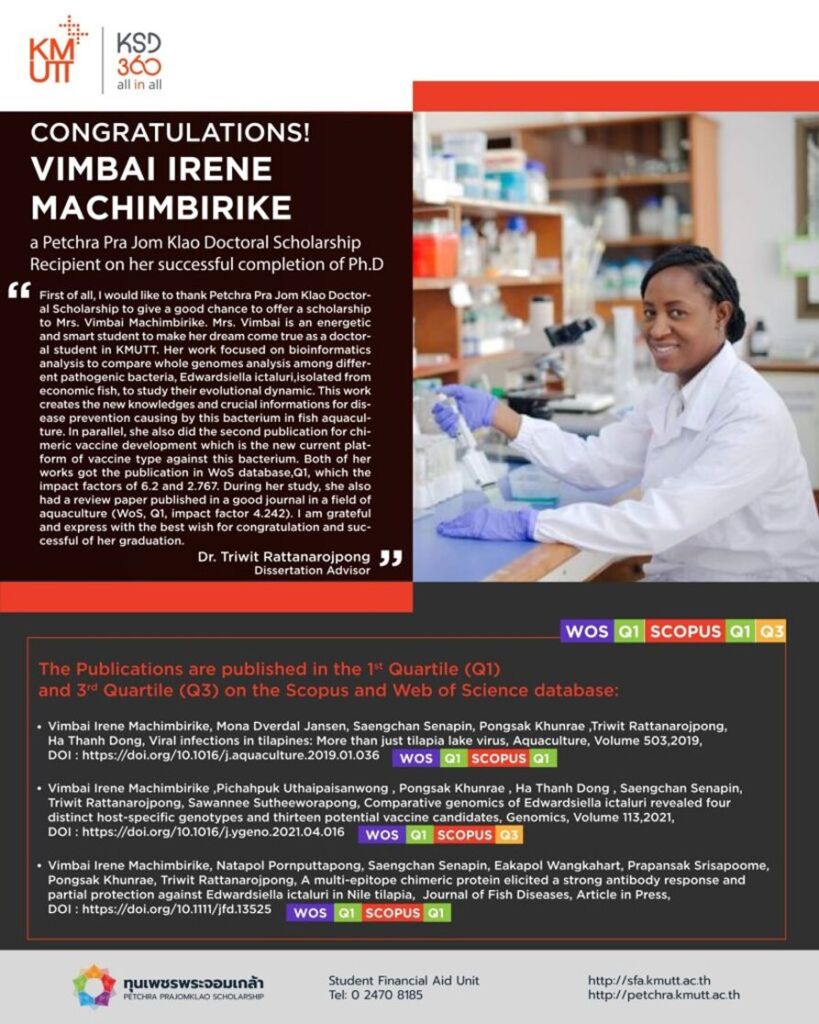
Congratulations VIMBAI IRENE MACHIMBIRIKE for Petchra Pra Jom Klao Doctoral Scholarship Recipient on her successful completion of Ph.D.

Postgraduate students who submit their work meet the scholarship requirements and their research results are published in international academic journals.

PhD students who submit their work in accordance with the scholarship criteria and their research results have been published in international academic journals.
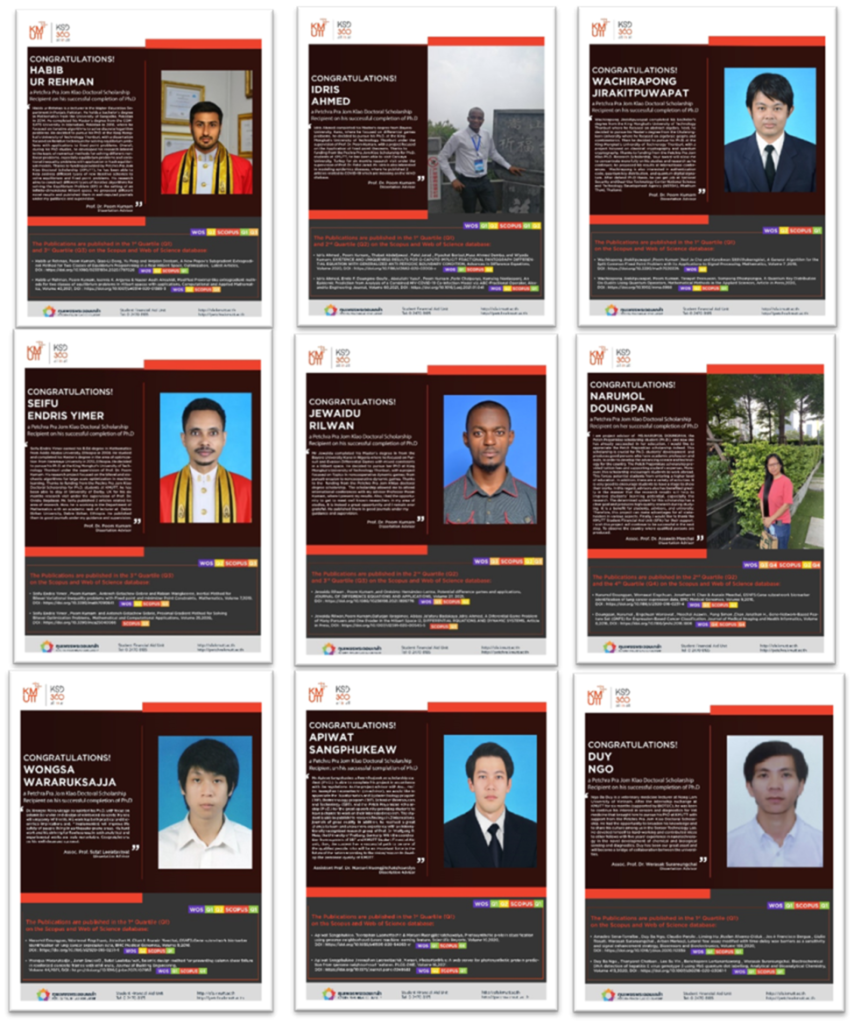
Doctoral students who have made progress in their research and work have been published in international academic journals.


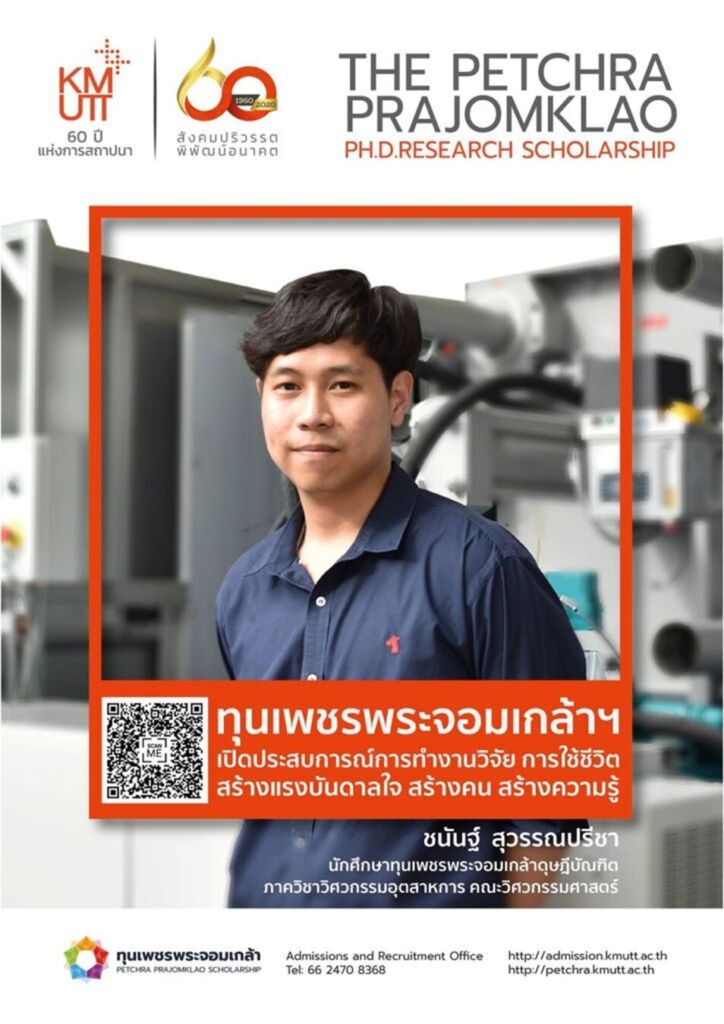
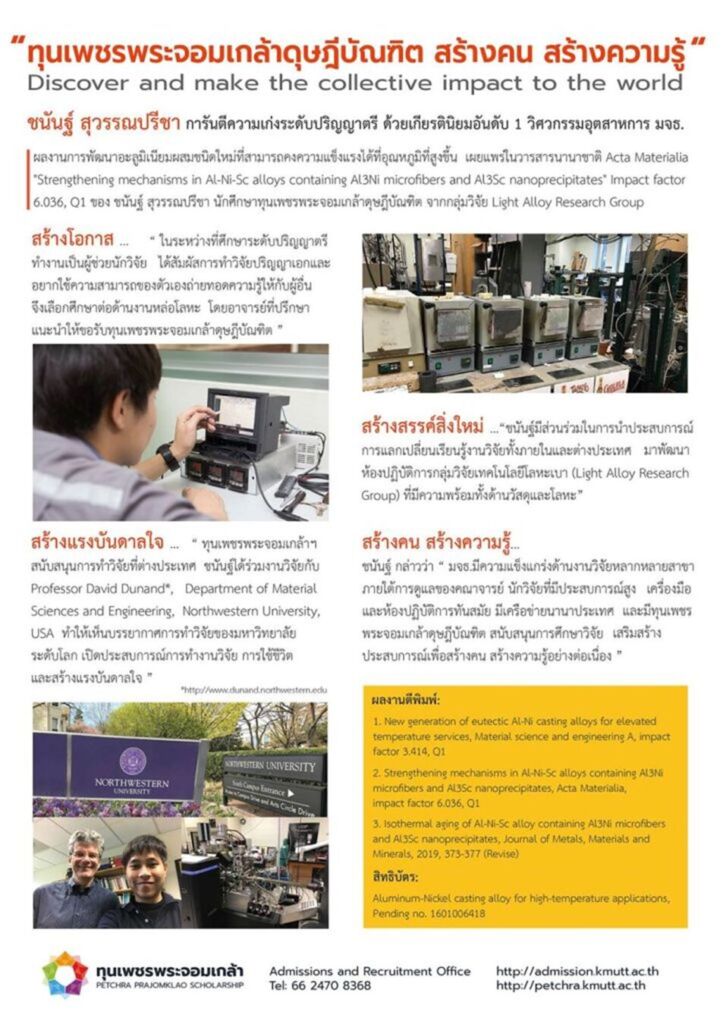
3. Low-income student support
The university has established a support channel for students facing financial difficulties. Students can schedule appointments and seek financial counseling through the Student Financial Assistance Unit. Additionally, if staff members encounter students in urgent financial need, they can contact the unit for assistance at any time throughout the academic year. The Student Financial Aid Unit has adjusted its operational plan to accommodate the current situation and align with the University’s policy which aims to ensure students have unrestricted access to quality education. The aspiration is for students to develop themselves, achieve success in their careers, and become a crucial force in the future development of the nation.
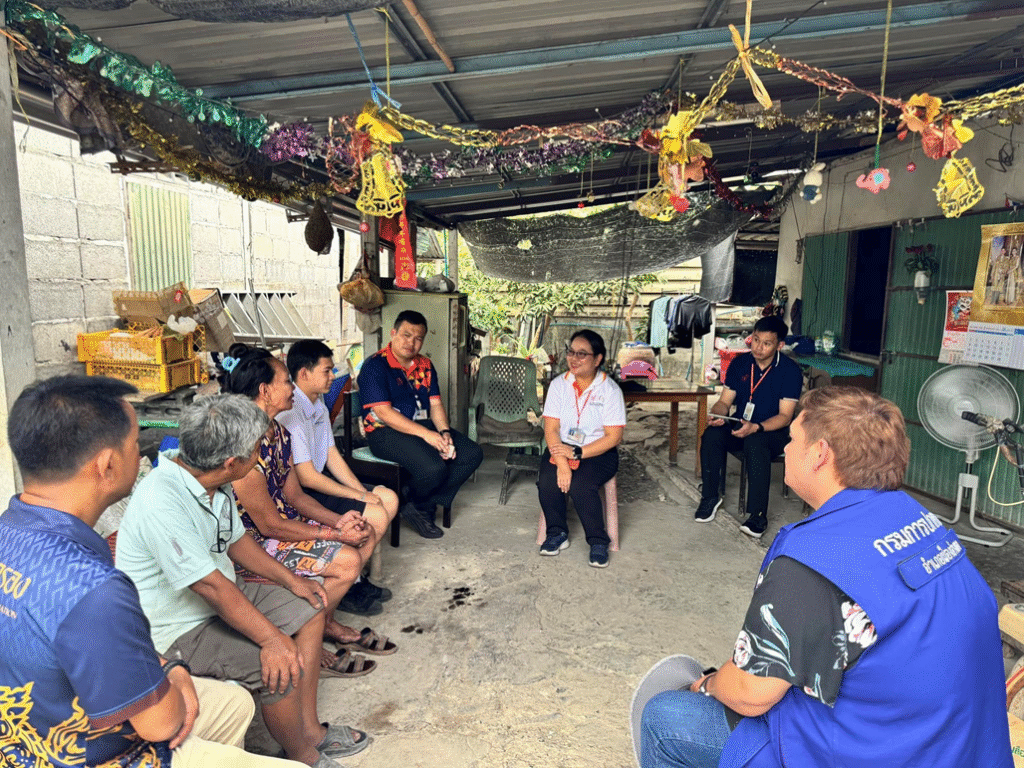
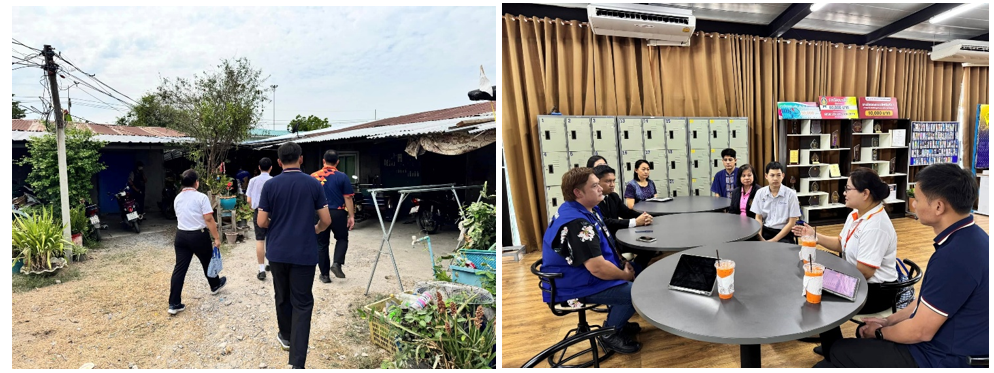
The university has established a support channel for students facing financial difficulties. Students can schedule appointments and seek financial counseling through the Student Financial Assistance Unit. Additionally, if staff members encounter students in urgent financial need, they can contact the unit for assistance at any time throughout the academic year.
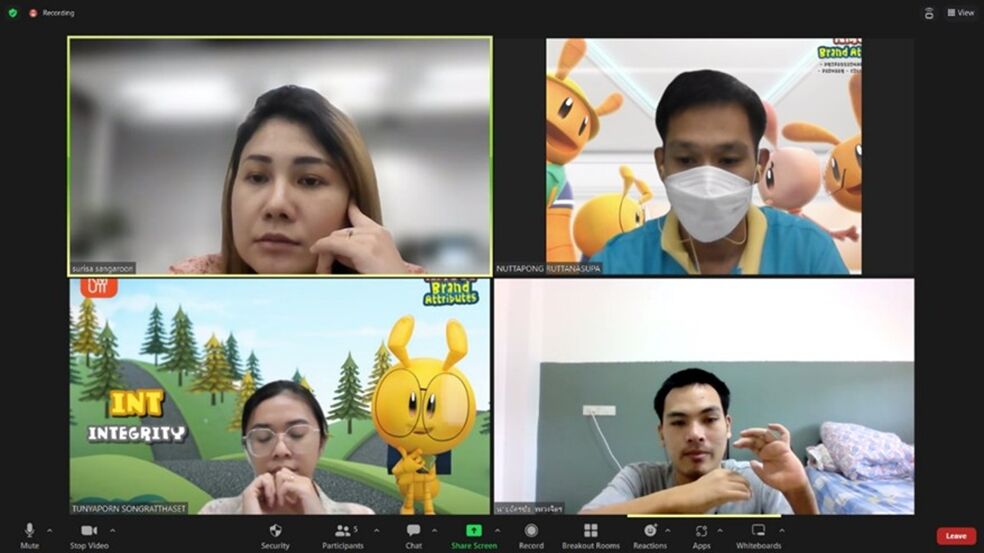
The University places importance on equity and equality, respecting and welcoming the diversity of all groups, including all races, religions, and genders, as well as age and persons with disabilities. This commitment is made to ensure access to a quality education system, aligning with Sustainable Development Goal 4 (SDG 4) Quality Education, which aims to guarantee inclusive and equitable quality education for all, eliminating gender and disability inequality. This enables access to a quality education system, promoting knowledge and vocational skills for employment, entrepreneurship, and sustainable self-development.
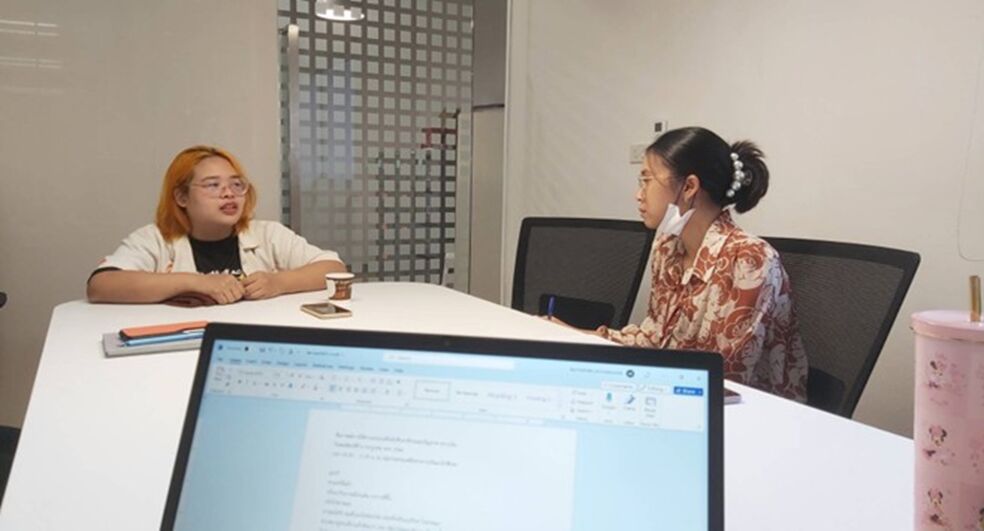
Therefore, the Disability Support Services Unit (DSSU@KMUTT) was established as the central unit for operating educational support services, helping to promote and support students’ readiness for studies. It also creates opportunities for learners at all educational levels, ultimately resulting in their full self-development potential.
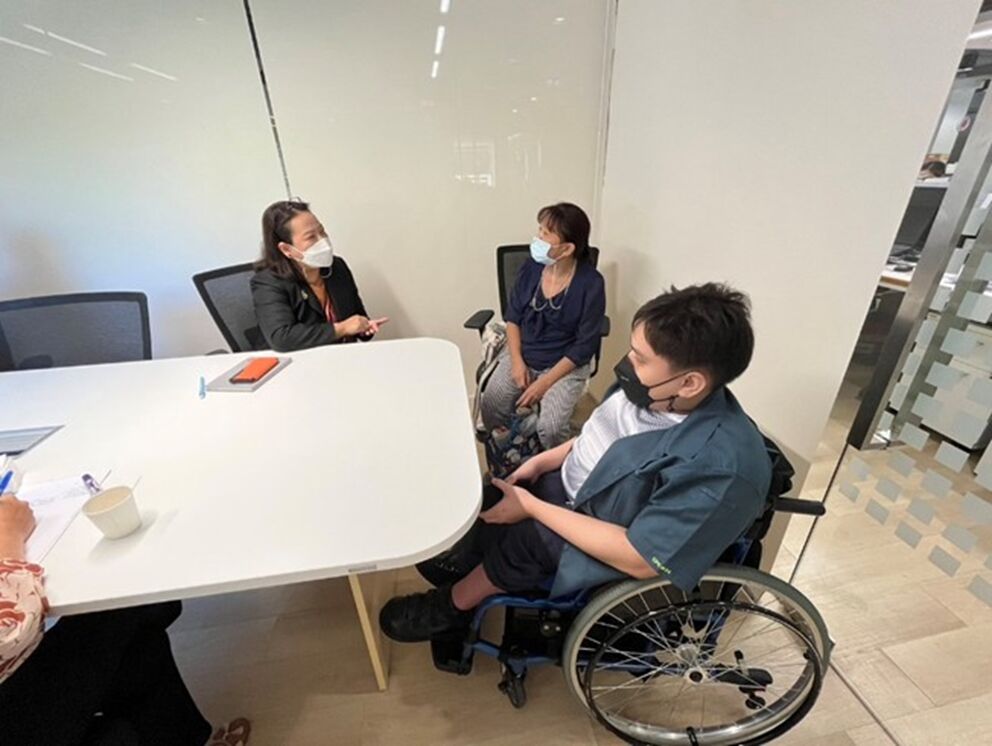
Surplus food left over from sales at KMUTT community markets and cafeterias, which occurs after the time of distribution to students and staff, is managed systematically and conscientiously. The shop owners pack leftover food in appropriate containers and place them in front of the shop after closing the shop each day. To provide an opportunity for students, housewives, gardeners and personnel who may have income limitations to come and eat free of charge. This approach, which emerged from a collaborative effort between relevant parties within the university, has been discussed with community markets and vendors to find ways to manage surplus food that is still of high quality and safe to consume. As a result of these discussions and exchanges of ideas, many entrepreneurs expressed their willingness to participate in supporting this approach It is believed that sharing excess food not only reduces food waste but also helps alleviate the burden on those who may be facing financial hardship. This is in line with the university’s sustainable development guidelines and fosters a sharing society within the university community.
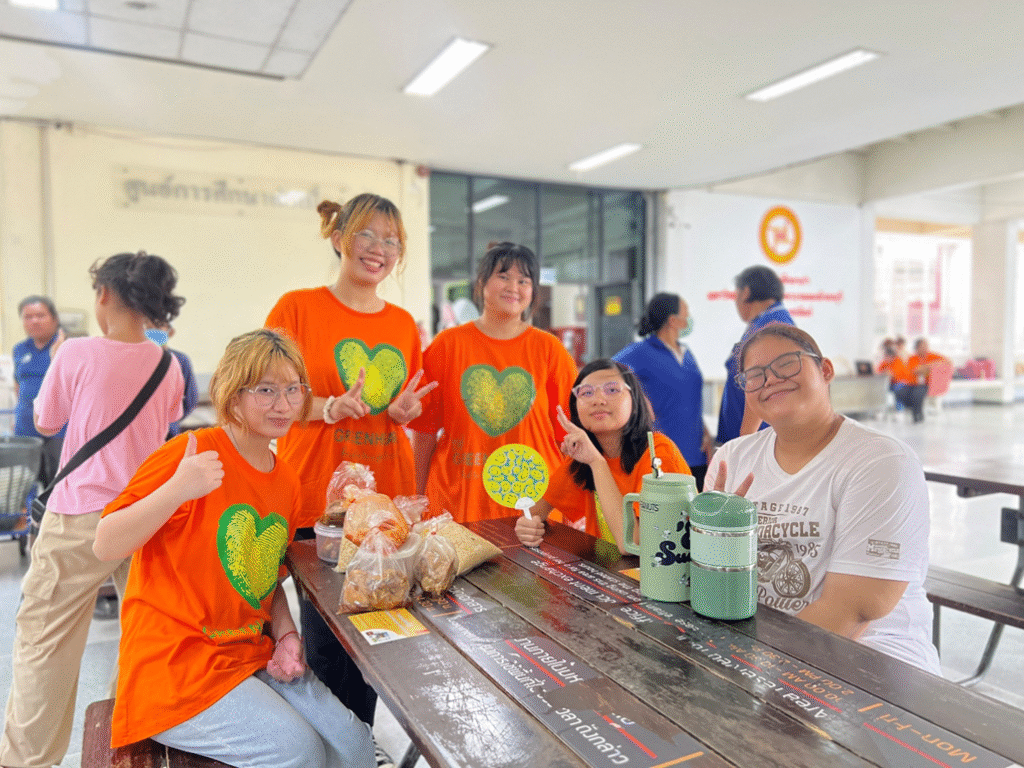


KMUTT has a project to create food security for students, personnel, and communities for well-being. Good food for students, personnel, and areas responsible for the target group by personnel and students to assist in the operation and practice skills/experience by adhering to the philosophy of sufficiency economy The area is allocated according to the activities that occur. Part 1 Organic vegetable gardening in the student dormitory area. so that students or staff can eat. Part 2 Organic vegetable gardening. To trade for personnel within and the community by using fertilizer from the leaves and branches in the university to compost as fertilizer for the cultivation of such vegetable gardens.
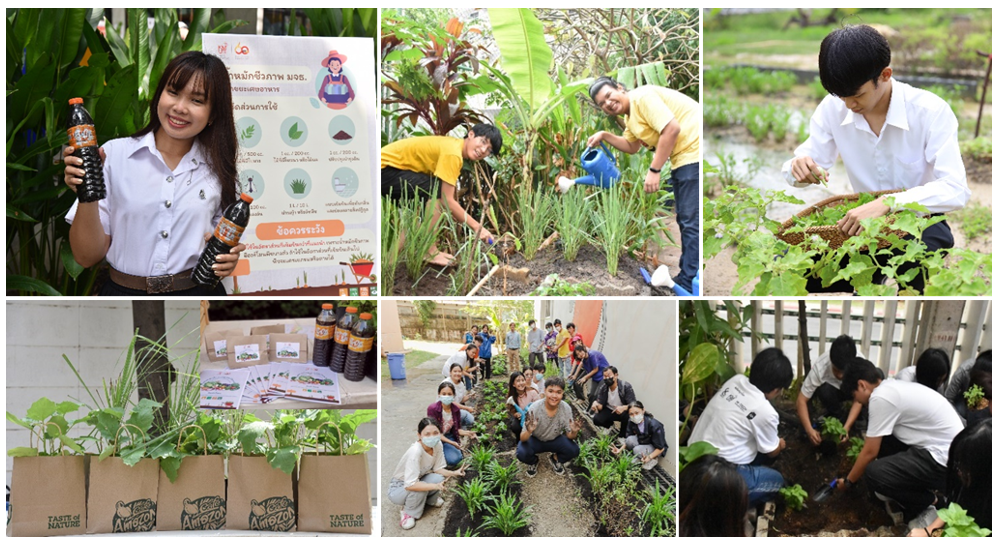
Service Catalog Student Financial Aid Unit 3S+1D
SEEKING
Funding: Funding People who donate for KMUTT Student Funding can claim two times of the amount of their donation for tax deduction.
External: Organizations, companies or units can collaborate to build equity in education via funding support to increase the opportunities for learners and build social equality.
Support
Financial Consultation: Appointment for consultation for students who have financial difficulties.
Scholarship Information: Details about funding and scholarships for KMUTT students.
Gracing period for payment of educational fees: Channel to ask for gracing period for educational fees payment according to the University regulations in case students have financial difficulties.
Development
Support for students to earn extra income: by working in the organizations in the University.
+ To earn extra income for students who lack resources.
+ To gain experience and efficientlyuse of students’ free time.
Volunteering Activities for KMUTT Students: (Student Loan Fund and Income Contingent Loan): To support students to participate in activities to buid social conscience.
+ Volunteering information
+ Student recruitment for volunteering activities
+ Announcement of volunteering projects
Sustainability: Payment for KMUTT loan
+ Compromising for payment of KMUTT loan
+ Checking for outstanding KMUTT loan
+ Channels for KMUTT loan payment
Payment of scholarship: (in case scholarship recipients violate the contract of receiving funding)
Follow up the payment according to the conditions in the contract.
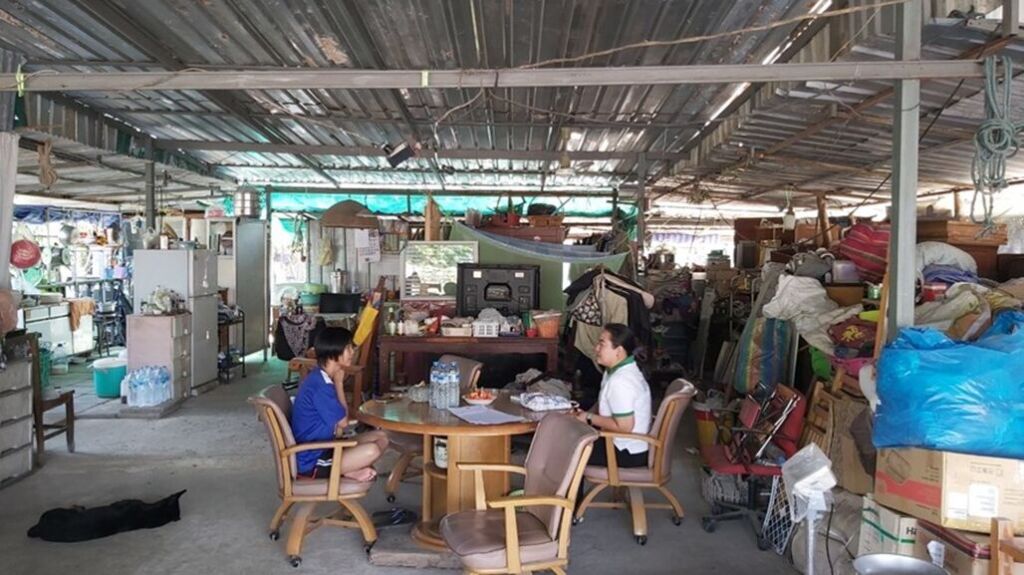
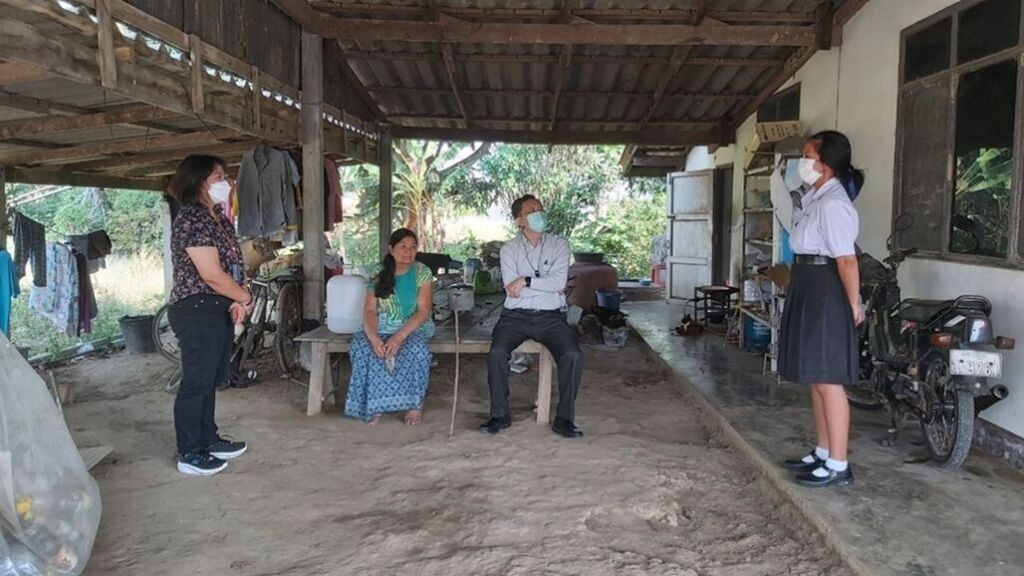
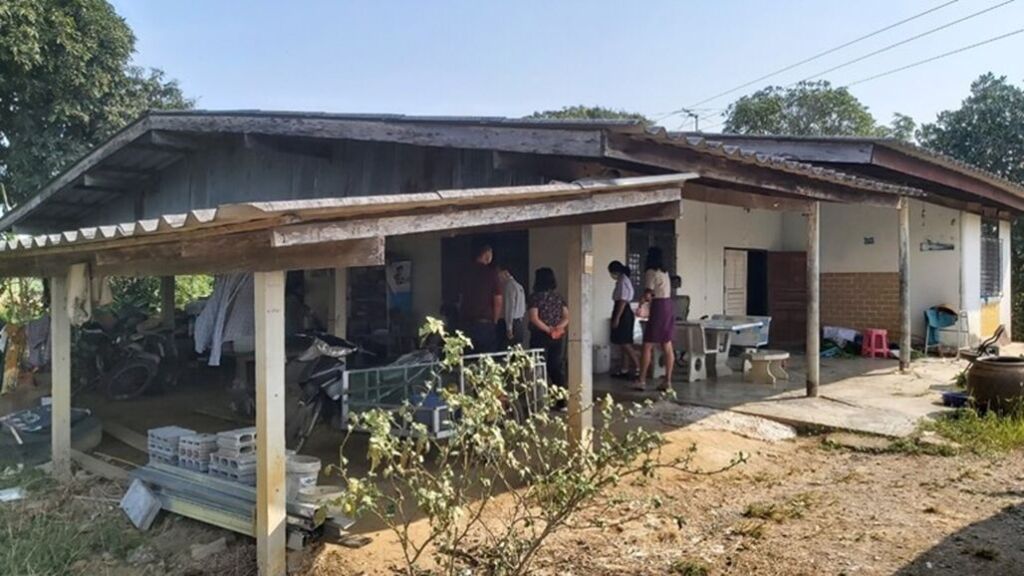
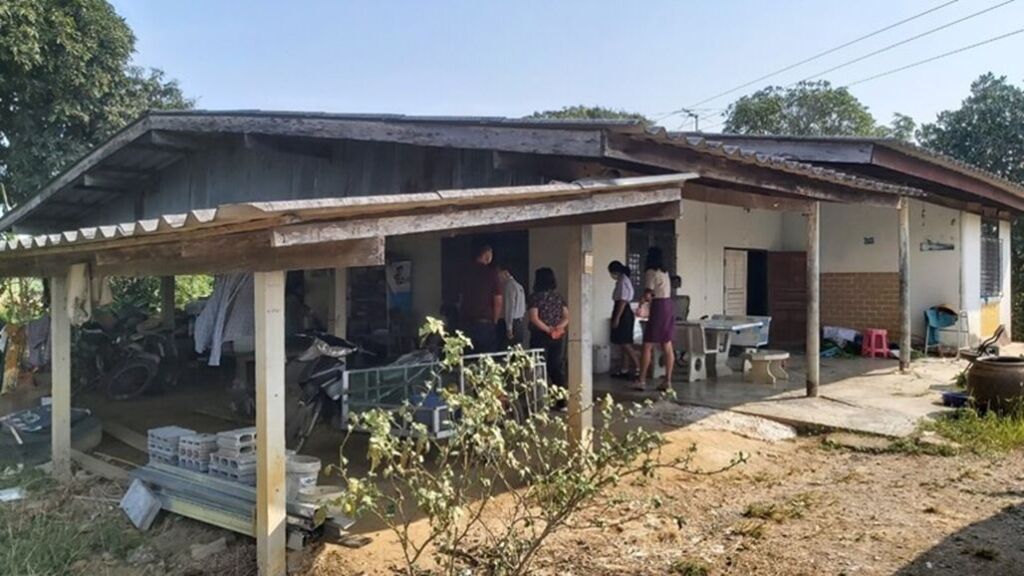
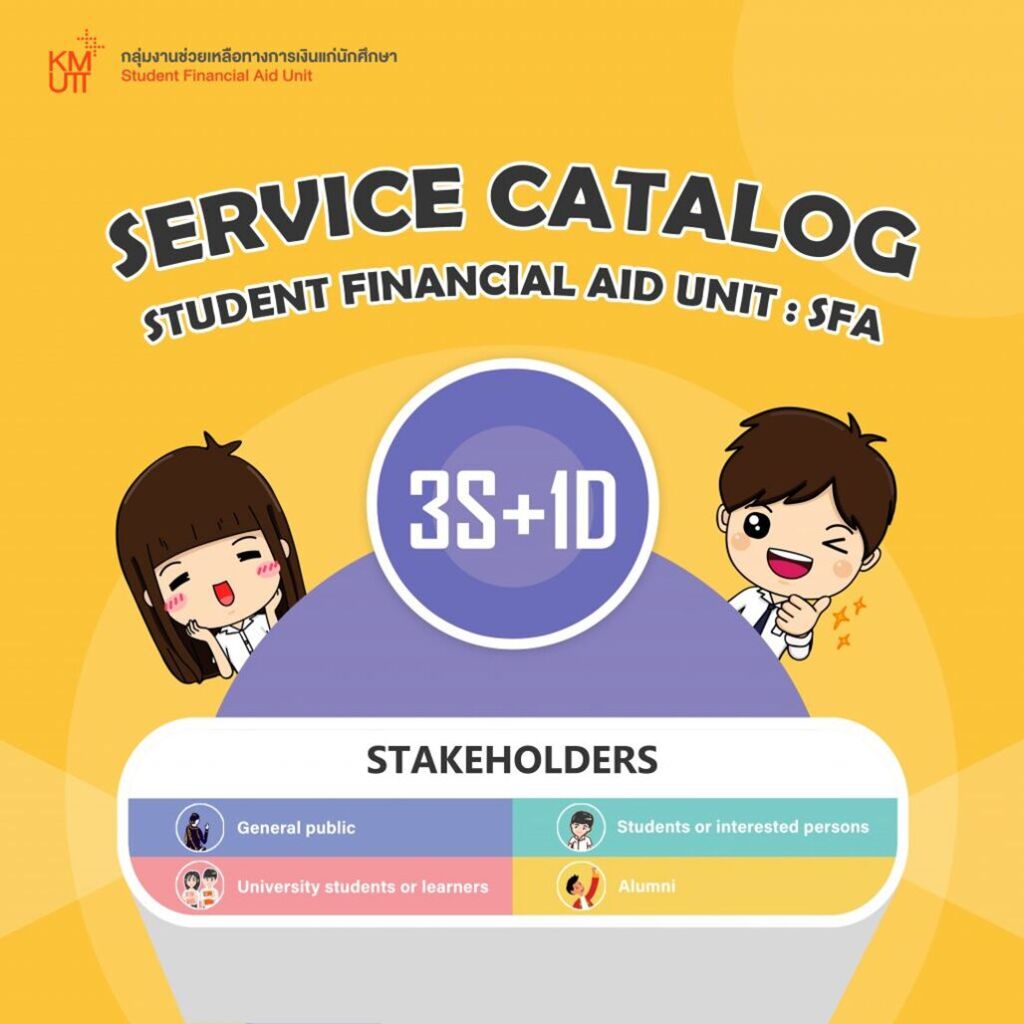
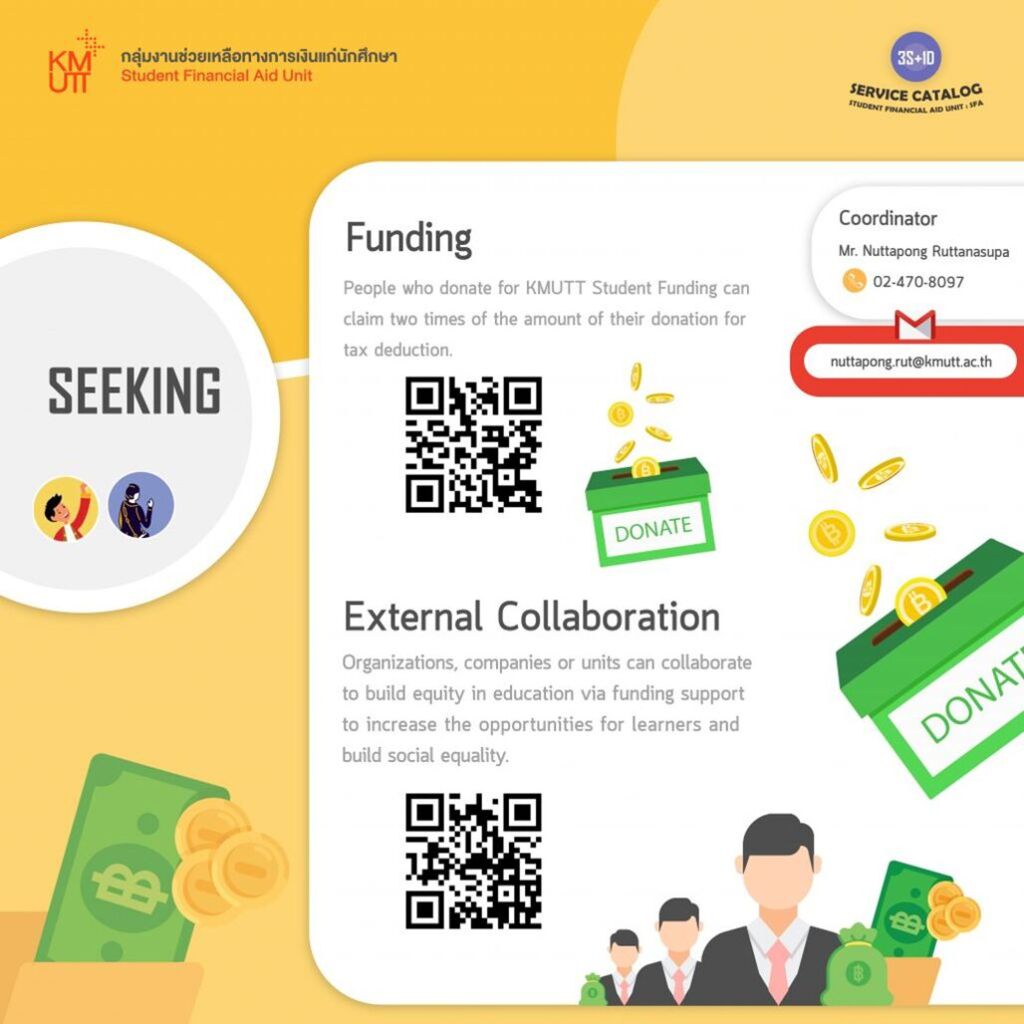
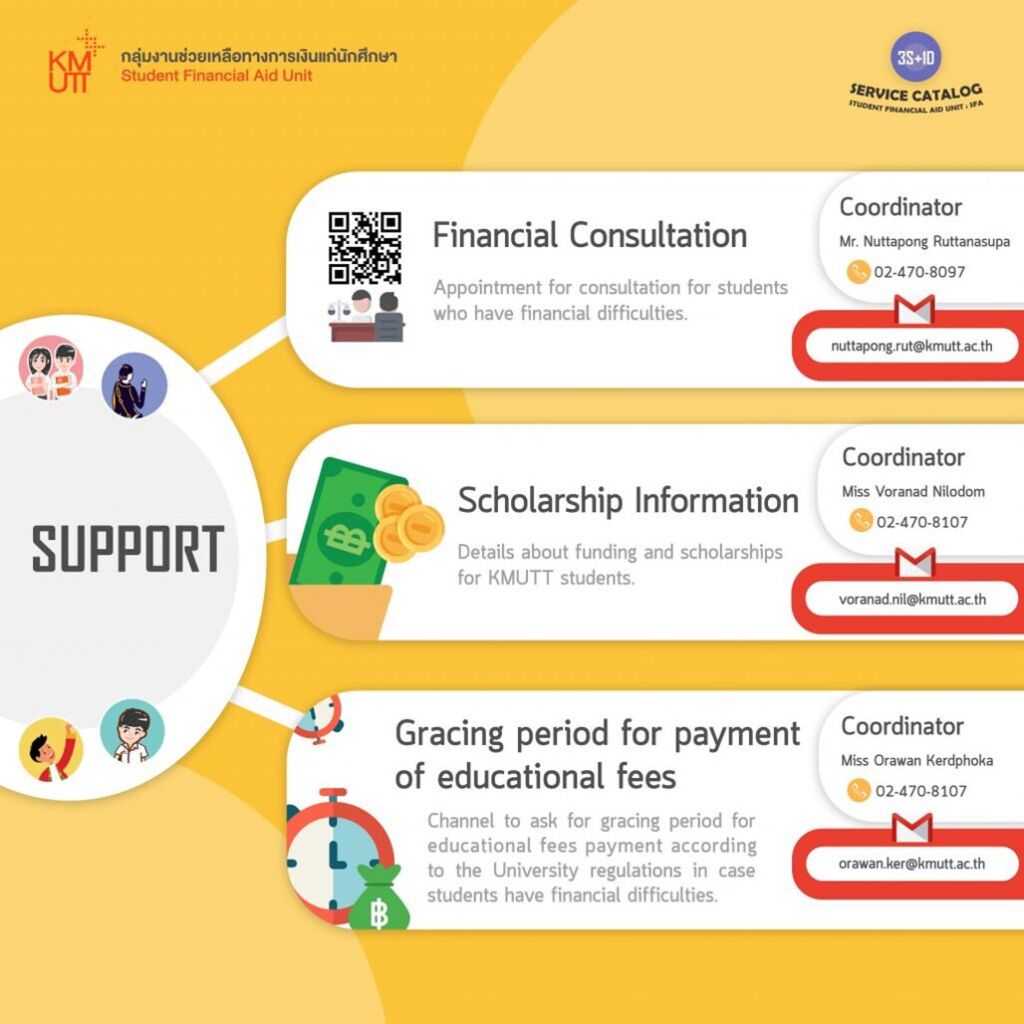
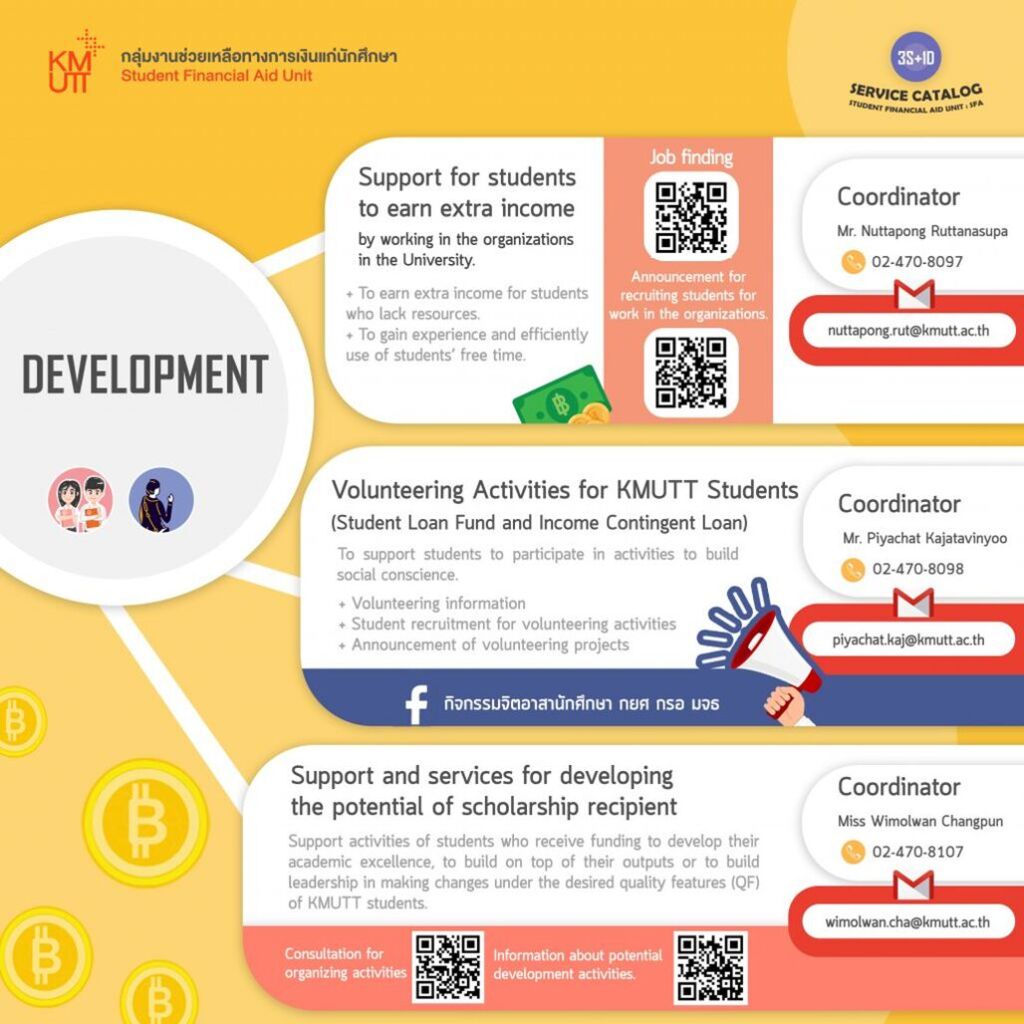
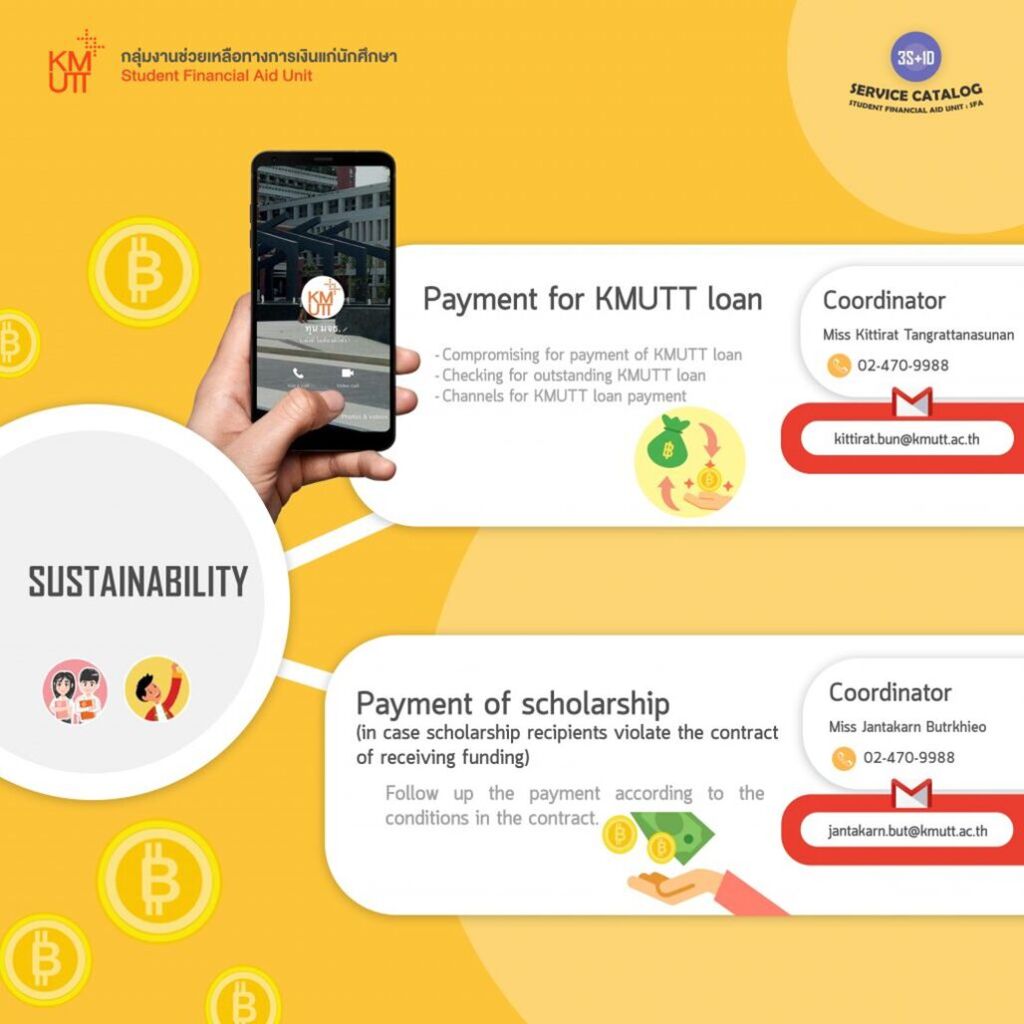
Currently, King Mongkut’s University of Technology Thonburi Funded scholarships Grant type From external sources of funds in the name of companies, organizations, foundations, as well as individuals with generosity Which has historical data as follow :
| (2017) | (2018) | (2019) | (2020) | (2021) | (2022) | (2023) | |
| Total (Million Baht) | 8.05 | 9.11 | 11.39 | 11.19 | 9.57 | 9.58 | 7.79 |
Which is a benefit to the students of the university Have more educational opportunities Which the funded fund Divided into scholarships for students with good grades and the opportunity to receive honors. And scholarships for students with good behavior But lacking funds In the academic year 2023, there are students receiving scholarships Grant type From external agencies Classified as received continuously until graduation and scholarships annually.
Including the university has opened a channel for students or personnel who see students who face sudden financial problems Please contact the Financial Assistance Groups for students throughout the academic year. The university will arrange an interview for the students by the scholarship selection committee. And proceed with consideration to support the scholarship according to the guidelines to help students who have suffered financial difficulties as appropriate. So that students can study without having to worry about money for education And enable students to graduate according to the curriculum Which may be supported by scholarships as appropriate, divided into tuition fees or living expenses Or dormitory maintenance fees, etc.
Student Financial Aid Group.
Address: The President’s Office Building, 2nd Floor, King Mongkut’s University of Technology Thonburi
Telephone: 024708100,024708097-8, 024708107
E-Mail: sfa@mail.kmutt.ac.th
Facebook: The scholarship KMUTT

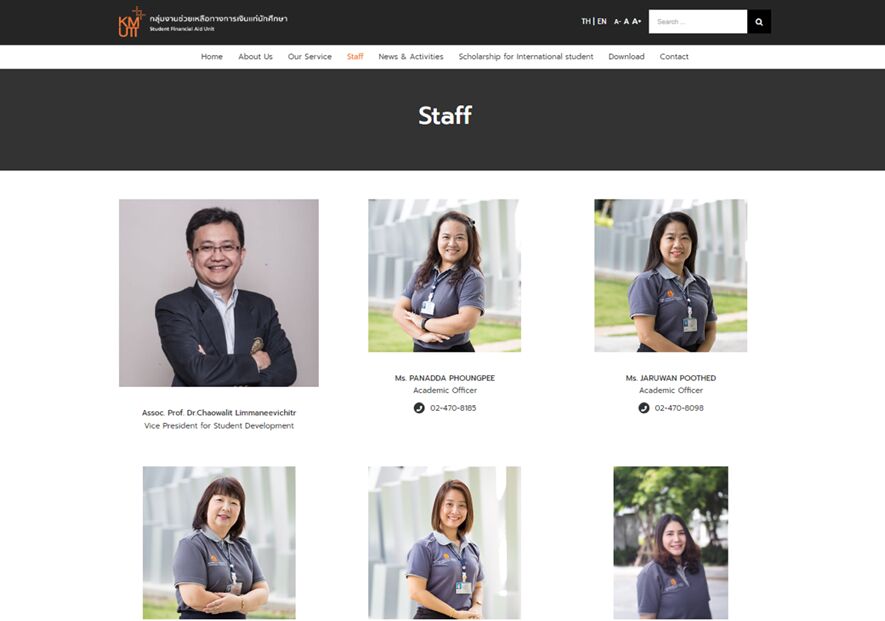
Life on KMUTT Campus
Safe Travel with KMUTT Safe Life Night Care
The service provides student transportation back to accommodations around the university campus. Vehicles are available at 23:00, 24:00, and 01:00 at the Office of the President building.
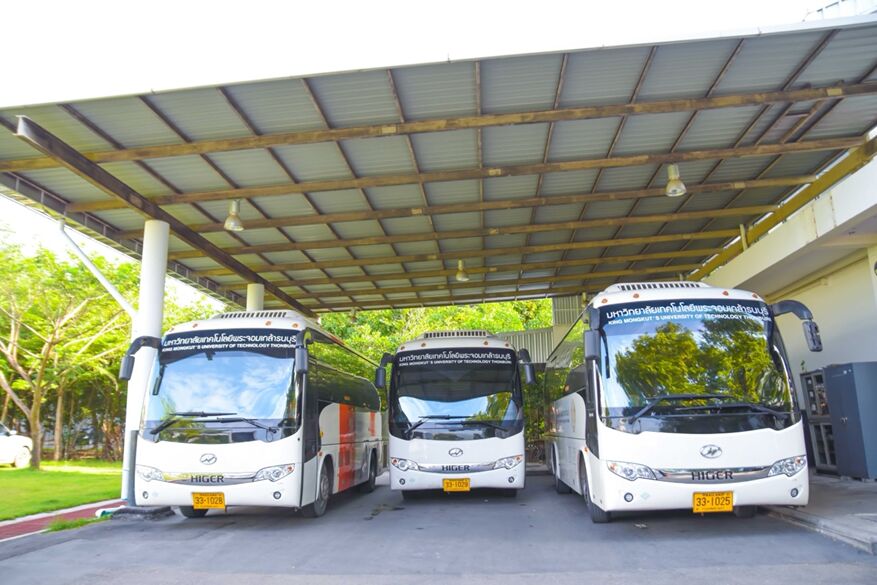
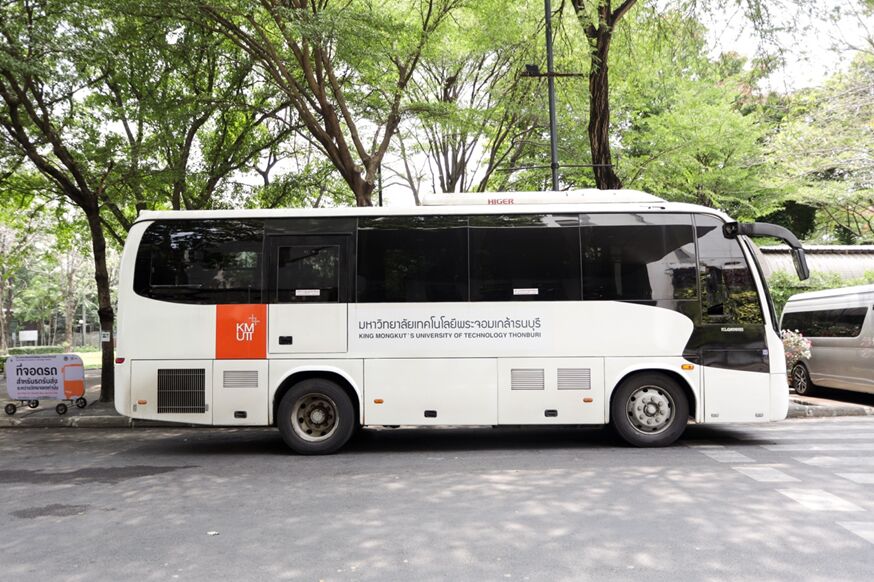
Student Dormitories
The student dormitories of King Mongkut’s University of Technology Thonburi are independently managed under the university’s supervision. They are non-profit, aiming for flexibility and self-reliance, serving as Living and Learning Centers (LLC) with a conducive environment, facilities, and appropriate services to develop students physically, intellectually, socially, and morally. The dormitory buildings are equipped with modern utilities, elevators, alarm systems, and fire escape stairs. Access to the dormitory area is controlled by a key card system.
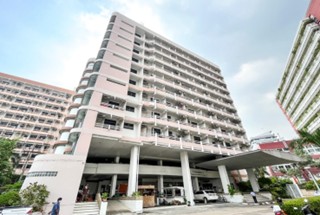
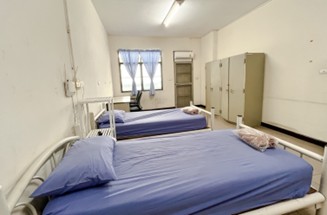
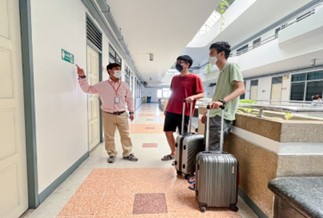
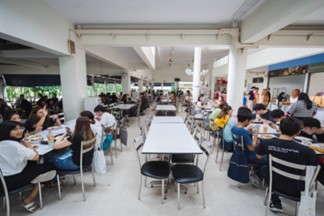
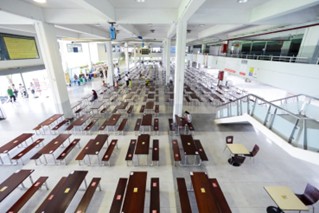
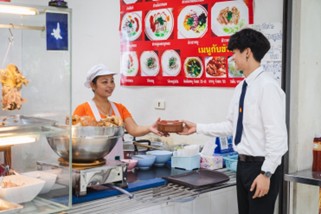
Promoting and Developing Educational Quality
King Mongkut’s University of Technology Thonburi is dedicated to becoming a leading higher education institution, enhancing teaching and learning processes, achieving excellence in academics and research. It boasts expert faculty from both domestic and international backgrounds with a wealth of knowledge and capabilities, equipped with modern research laboratories sufficient for students. The standard equipment and tools are provided along with a diverse range of informational resources to serve the students, aiming to produce well-rounded and proficient graduates.
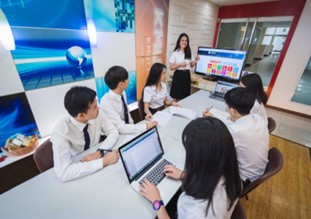
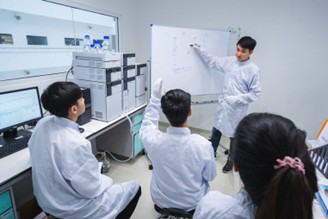
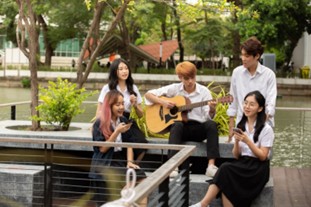
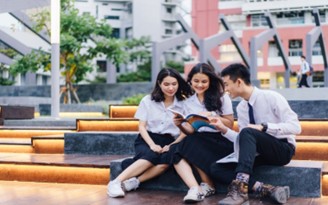
Various Activities at KMUTT
The university offers a wide selection of clubs for students to choose according to their interests. There are cultural enhancement activities, alms-giving every Wednesday, a Buddhist club for chanting and meditation, cultural arts clubs including traditional Thai orchestra, and many more activities.
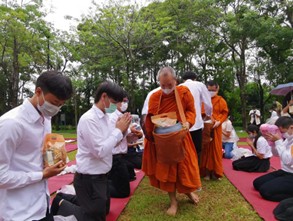
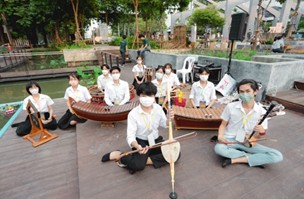
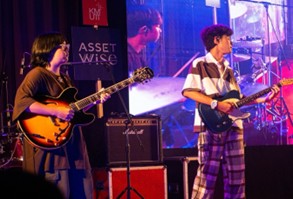
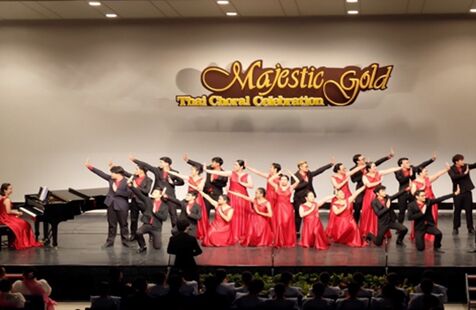
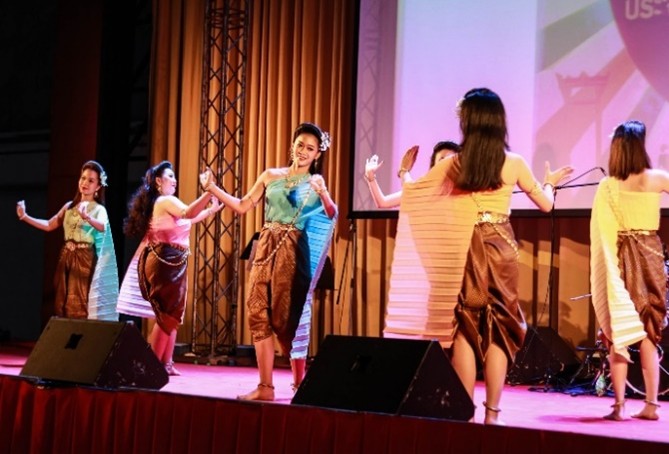
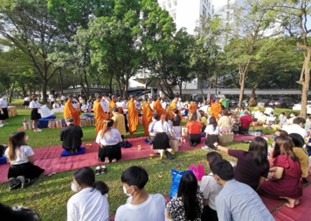
Enhancing Health and Wellness
The university pays great attention to the health of its students by providing fitness equipment, exercise venues, a fitness room, bodybuilding facilities, a health garden, and a gymnasium for various sports.
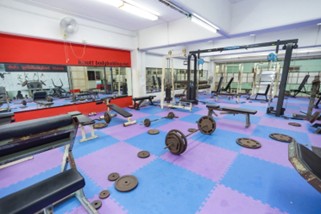
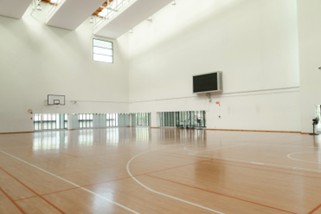
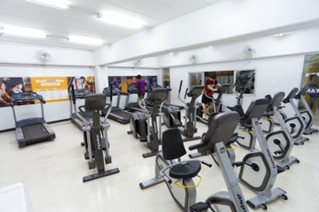
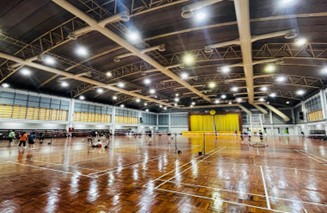
Cultivating a Learning Environment
Stepping into KMUTT, students are molded into leaders, driven to seek knowledge, and part of a positive community. The university offers spaces conducive to all forms of learning. Students will gain diverse experiences, network, engage in activities, music, sports, and traditional cultural arts. The campus is surrounded by lush natural environments, enhancing the university’s ambience.
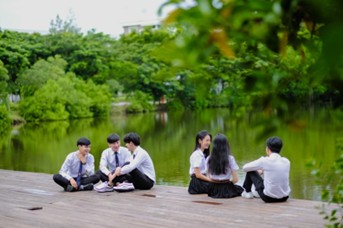
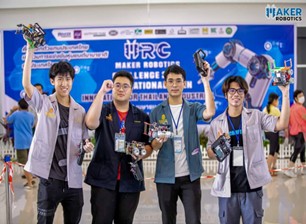

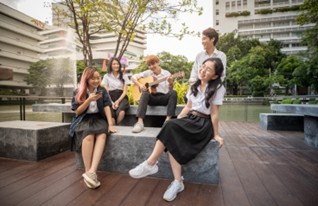
The university’s attention to students
The university offers scholarships to assist students in need to ensure they can complete their education. In addition to government scholarships, there are many other scholarships available, including:
1. Scholarships consisting of work-study programs, loan funds, emergency loan funds, and scholarships for outstanding students.
2. Grants such as the King Mongkut’s Institute of Technology Ladkrabang Grant, which promote academics, research, and special talents, or scholarships for impoverished students.
3. General scholarships are supported by various organizations for education and research.
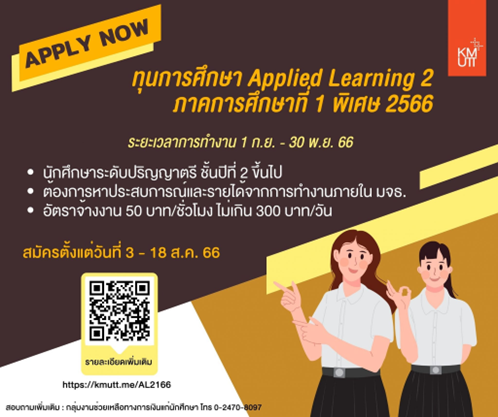
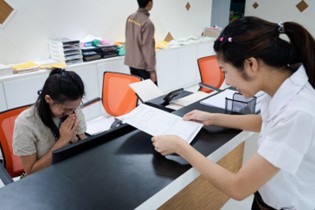
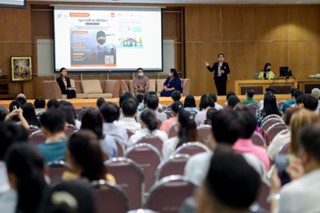
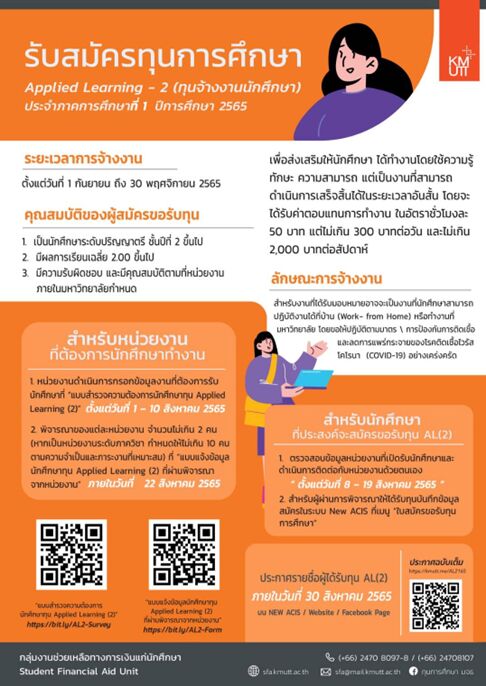
Internet Services
All new students automatically receive an Account (Login Name) upon enrollment and can access the internet and Wi-Fi throughout the university premises. There is also a 24-hour computer service available at the common education building 2.
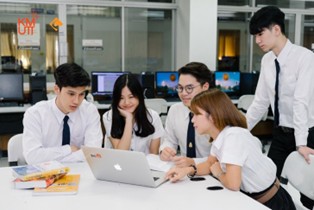
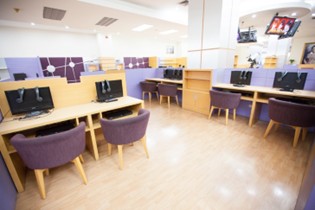
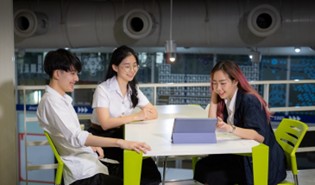

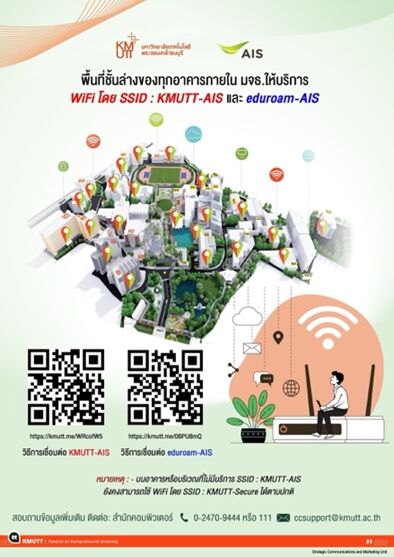
Library Services
The library offers information resources in engineering, science, technology, and related fields. It provides basic services, various databases, and promotional activities to encourage lifelong learning.
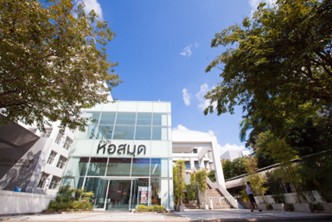
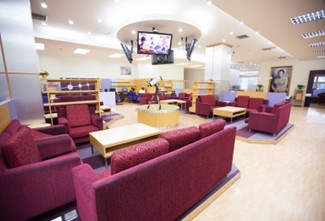
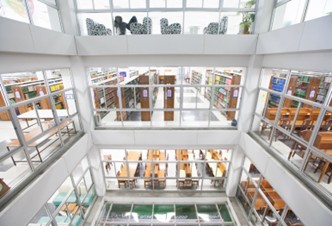
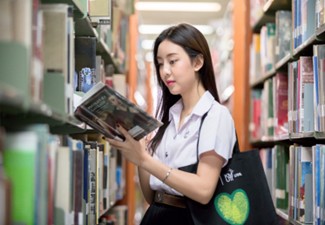
Counseling Services
King Mongkut’s University of Technology Thonburi arranges for faculty and staff to advise students on academics, adaptation, family problems, etc., ensuring that students can study and live happily in society. Students can seek advice at the counseling room, Student Affairs Office, in the King Mongkut Memorial Building 190 Years, during official hours.
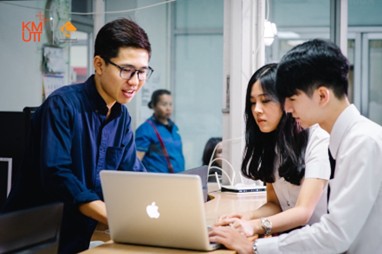
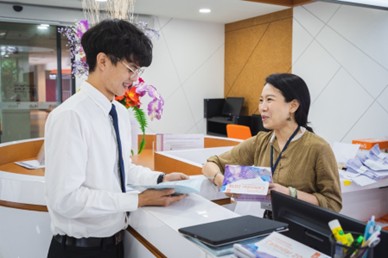
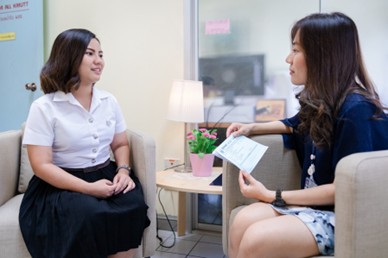
Recreational Places
Outdoor sports facilities, tennis courts, gymnasiums, and fitness centers are available with a variety of modern equipment, also used for various exhibitions.
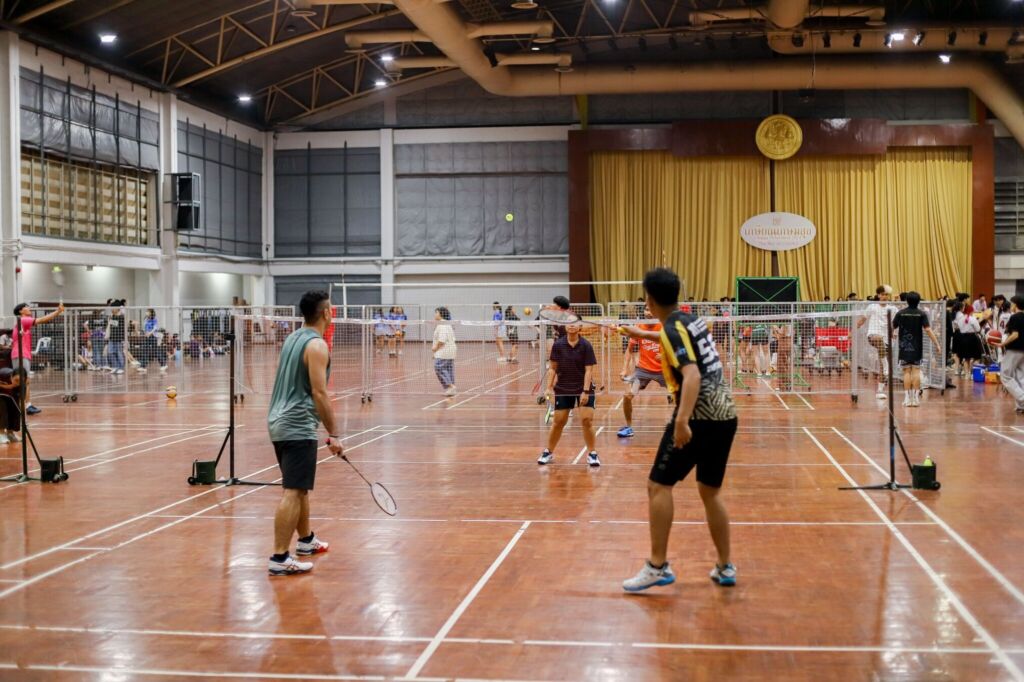
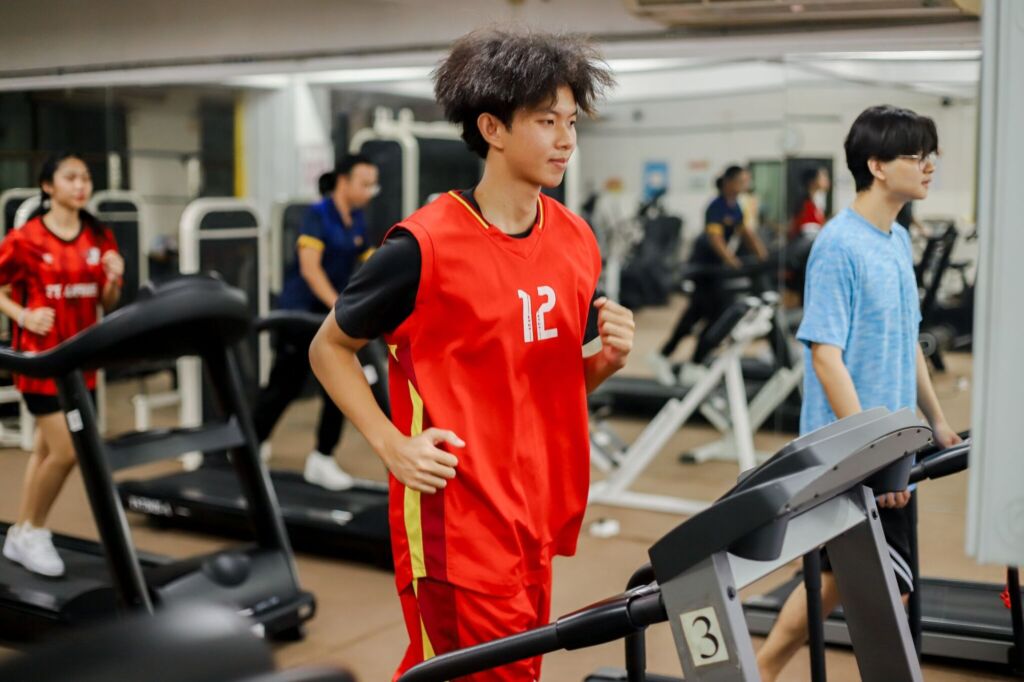
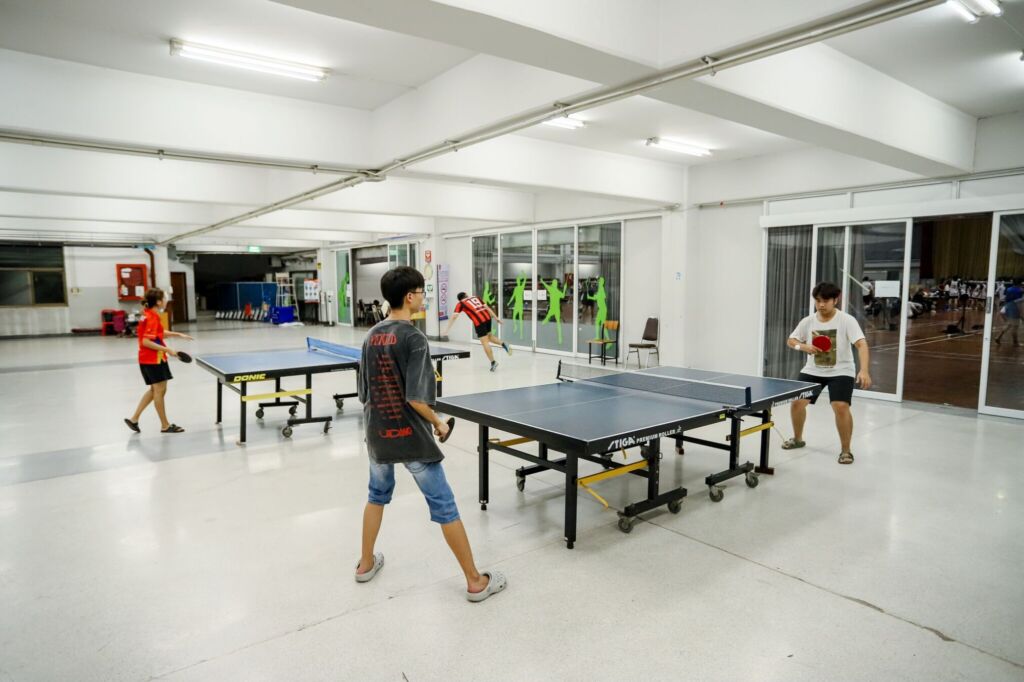
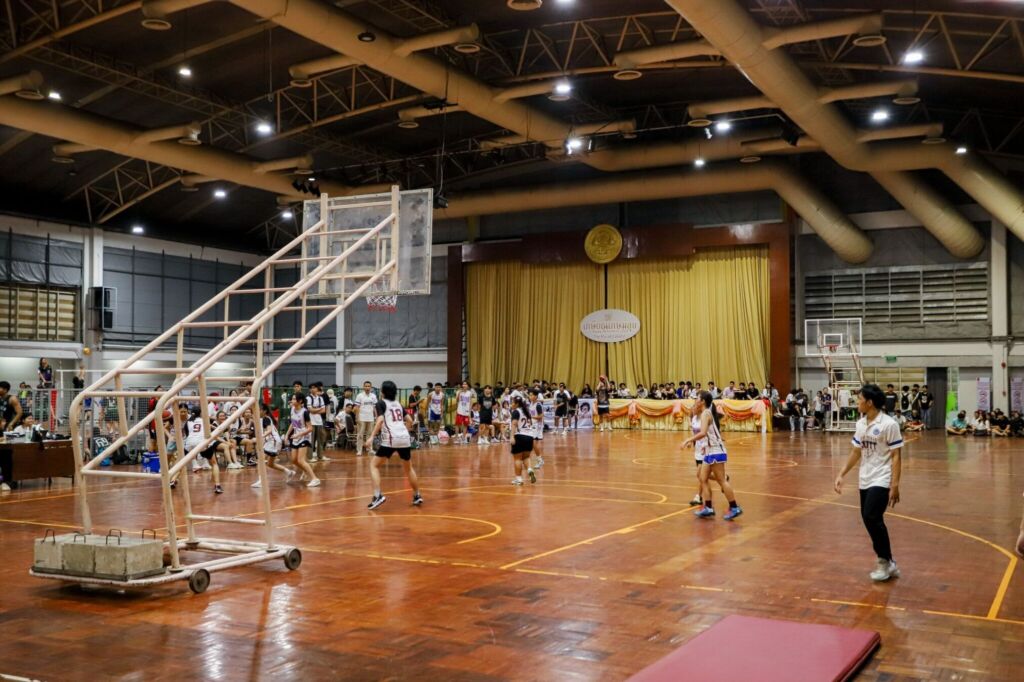
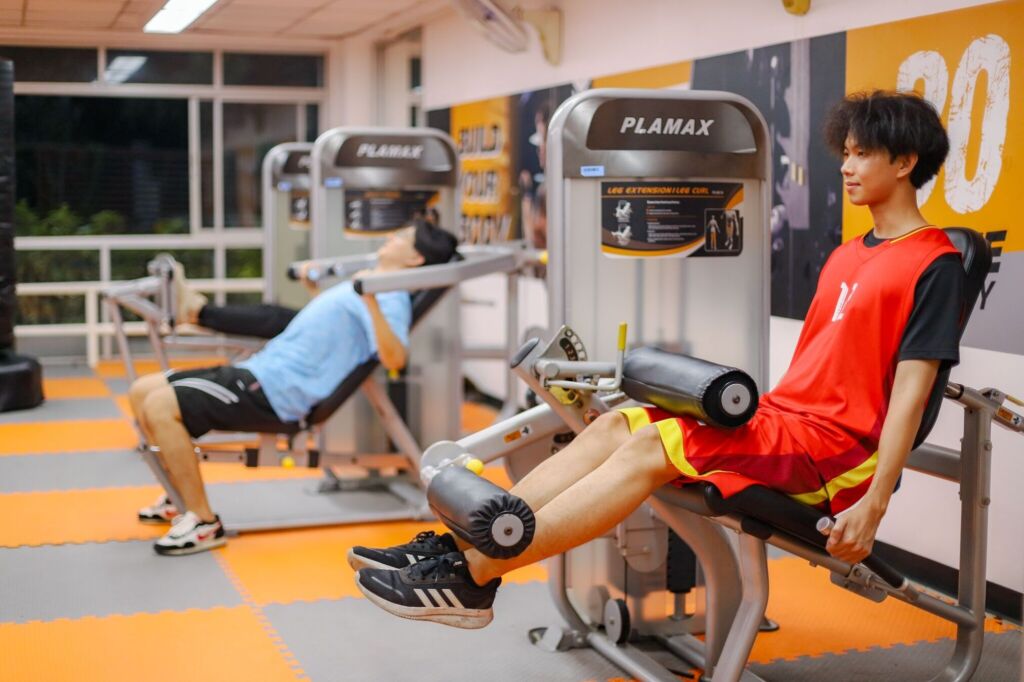
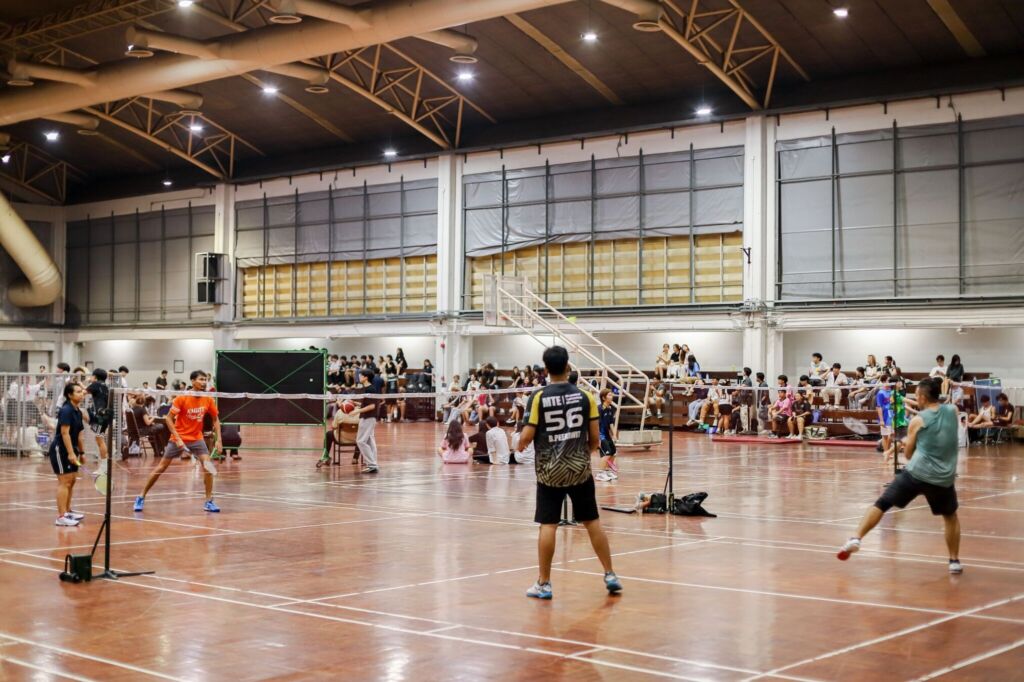
Accident Insurance
The university mandates student coverage with accident insurance throughout the academic year, with the premium paid annually as determined by the university.
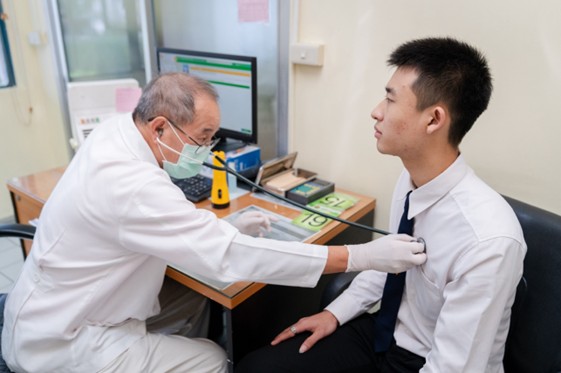
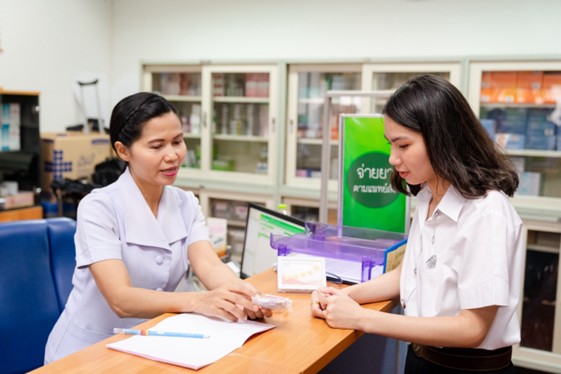
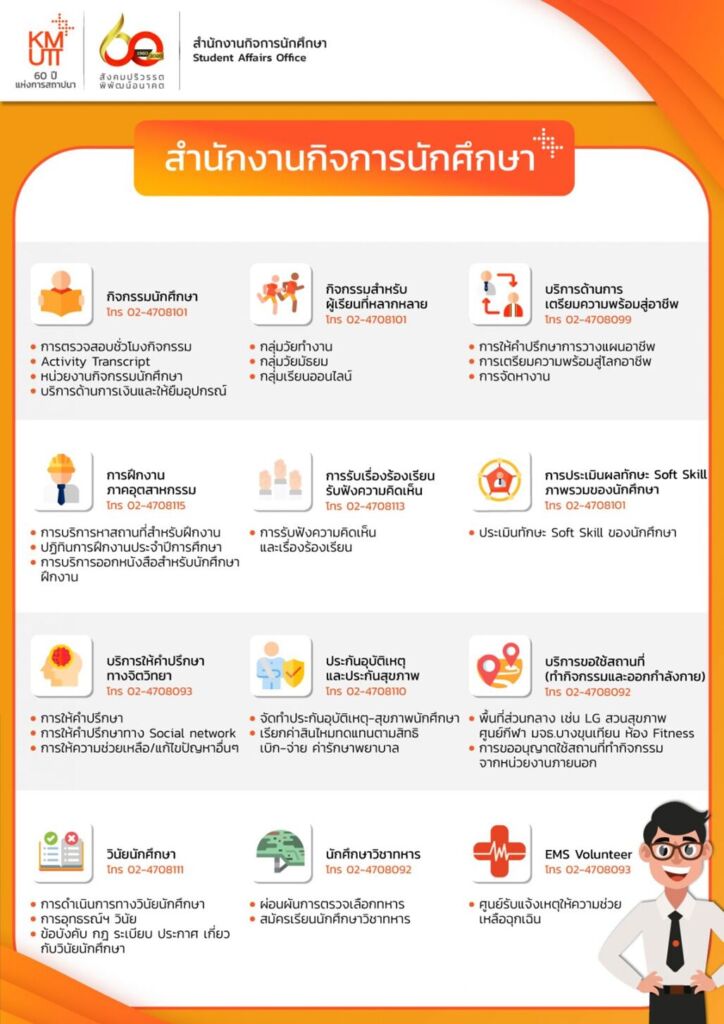
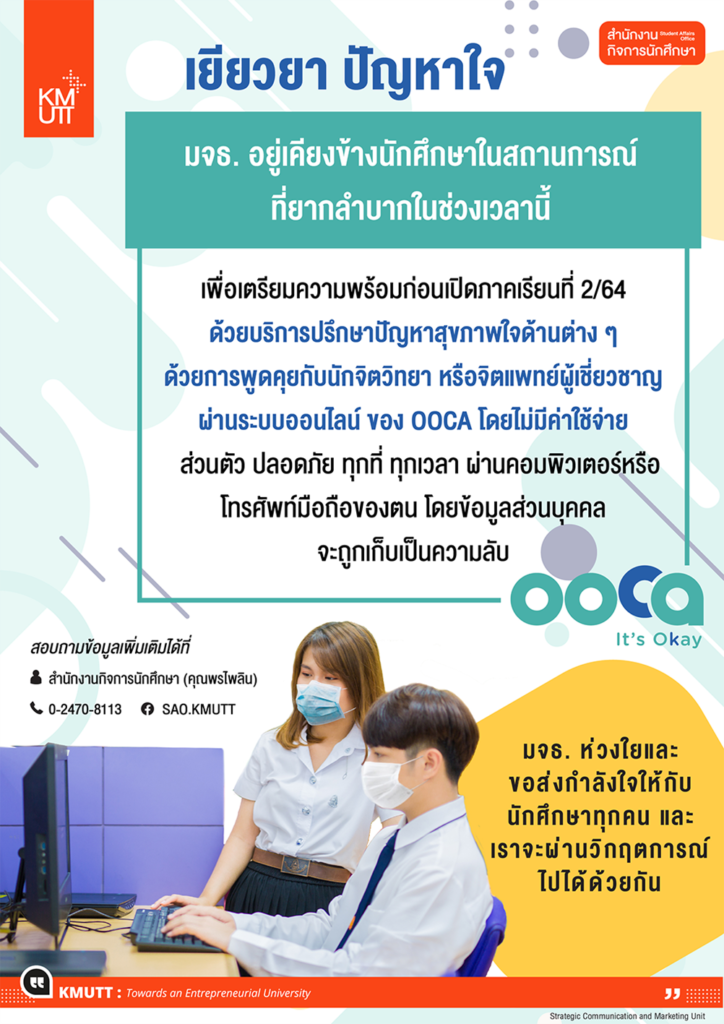
KMUTT has given scholarships including providing various measures to help students as well as graduation, such as providing basic services: accommodation, food, medicine, travel; educational services: computer equipment, the Internet, and free educational software. as well as graduating
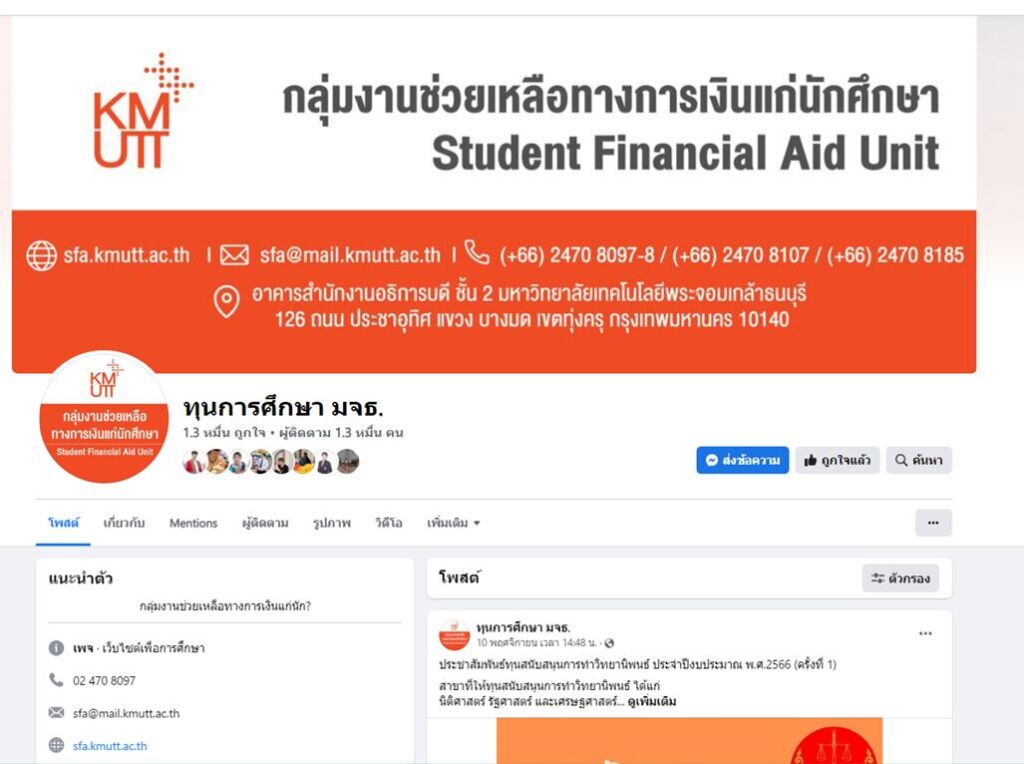
4. Bottom financial quintile student support
The university has established a support channel for students facing financial difficulties. Students can schedule appointments and seek financial counseling through the Student Financial Assistance Unit. Additionally, if staff members encounter students in urgent financial need, they can contact the unit for assistance at any time throughout the academic year.
| Type of scholarship | allocated to borrowers (people) | The total loan amount (millions baht) (semester 1) | The total loan amount (millions baht) (semester 2) | Total loan amount (million baht) |
| Type 1 | 819 | 34,782,920 | 33,789,220 | 68,572,140 |
| Type 2 | 1,316 | 49,998,400 | 49,679,400 | 99,677,800 |
| Type 4 | 2 | 78,200 | 58,400 | 136,600 |
| Total | 2137 | 84,859,520 | 83,527,020 | 168,386,540 |
In the 2023 academic year, a total of 2,137 students received loans, representing 18.36% of the total undergraduate population (based on registration and enrollment data as of September 22, 2022, from the Office of the Registrar). By faculty, the majority of loan recipients were in the Faculty of Industrial Education and Technology, accounting for 26.92% and totaling 43.5154 billion baht. The following faculties also had significant numbers of loan recipients:
- Faculty of Science: 24.72%, totaling 27.3501 billion baht
- Faculty of Information Technology: 17.74%, totaling 14.6858 billion baht
- Faculty of Engineering: 15.42%, totaling 63.9566 billion baht
- Faculty of Architecture: 14.15%, totaling 16.3461 billion baht
The Institute of Field Robotics had the fewest loan recipients, at 10.07%, totaling 2.5325 billion baht.
Additionally, there are scholarships funded by companies, businesses, and philanthropists to support financially disadvantaged students who maintain good academic performance and behavior. These scholarships are allocated according to the donors’ objectives, either on a continuous basis until graduation or on an annual basis. Each year, the university receives ongoing support from these benefactors, with an annual contribution of approximately 8–11 million baht from the fiscal years 2018 to 2023.
Announcement from King Mongkut’s University of Technology Thonburi
Subject: Announcement from King Mongkut’s University of Technology Thonburi on accepting applications from students who wish to borrow funds from the Student Loan Fund for Education under the new Digital Student Loan Fund System (DSL) for the 2024 academic year
With the 2024 academic year, the Student Loan Fund for Education supports and promotes education by providing loans in three categories through the digital LOS system. These loans are offered under the Digital Student Loan Fund System (DSL) to support students for educational purposes as follows:
- Type 1: Loans for financially disadvantaged students.
- Type 2: Loans for students studying in high-demand fields that align with workforce needs and national development goals.
- Type 3: Loans for students studying in critical or specially promoted fields, where there is a shortage or high demand.
King Mongkut’s University of Technology Thonburi is now accepting applications from new borrowers, returning borrowers, transfer students, and students changing programs or majors. These loans are provided for students enrolled in higher education institutions. The application process for the 2024 academic year will be managed under the new Digital Student Loan Fund System (DSL), which includes streamlined procedures for both new and continuing students.
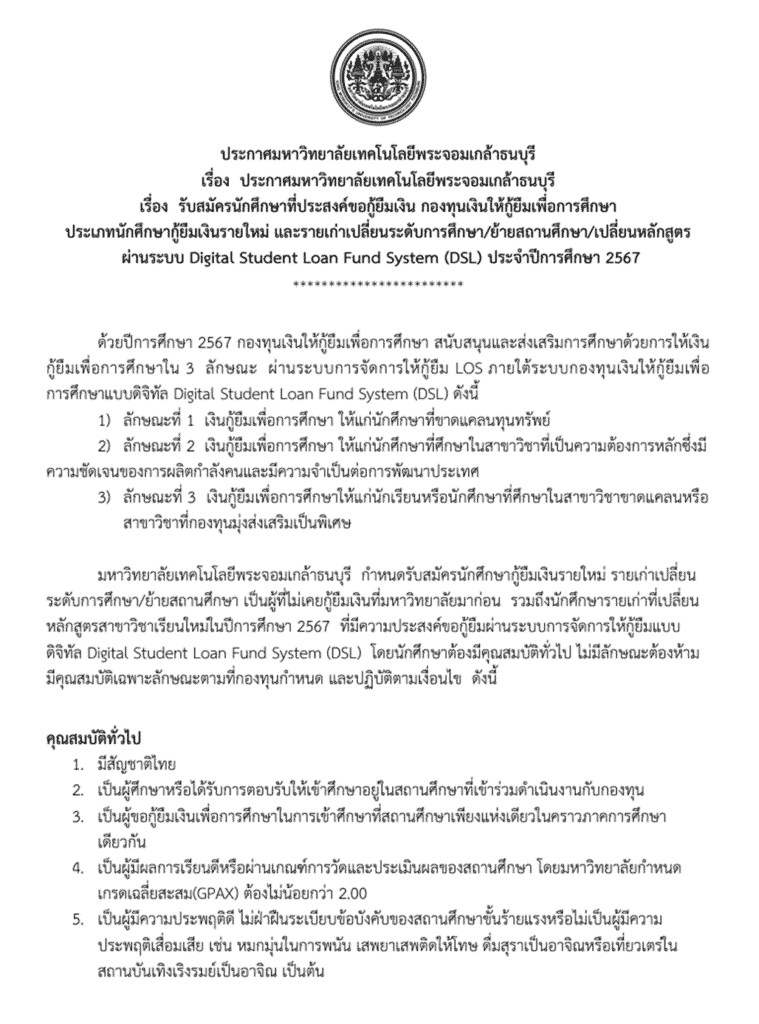
No One Left Behind
It is the project that provides financial support to the students who have difficulty in paying the tuition fee to allow them to study and research and minimize their concerns over the education fees so that they can pay attention to their learning to the fullest extent both at the undergraduate and graduate level.
The university also provides opportunities for students who experience sudden financial problems. Please contact the Financial Assistance Workgroup for students. In which the university will arrange interviews for students which there is a scholarship selection committee And conducting scholarships to support students as appropriate to enable students to study And enable students to graduate according to the curriculum.
The students who have financial difficulties during their studies can book a queue to consult with staff and staff from the Student Financial Aid Group via the website or contact the Student Financial Aid Group.
Address: The President’s Office Building, 2nd Floor, King Mongkut’s University of Technology Thonburi
Telephone: 024708100,024708097-8, 024708107
E-Mail: sfa@mail.kmutt.ac.th
Facebook: The scholarship KMUTT
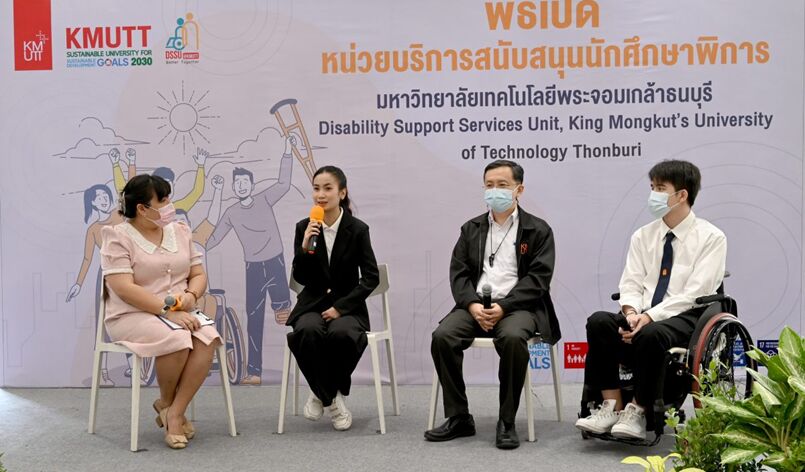


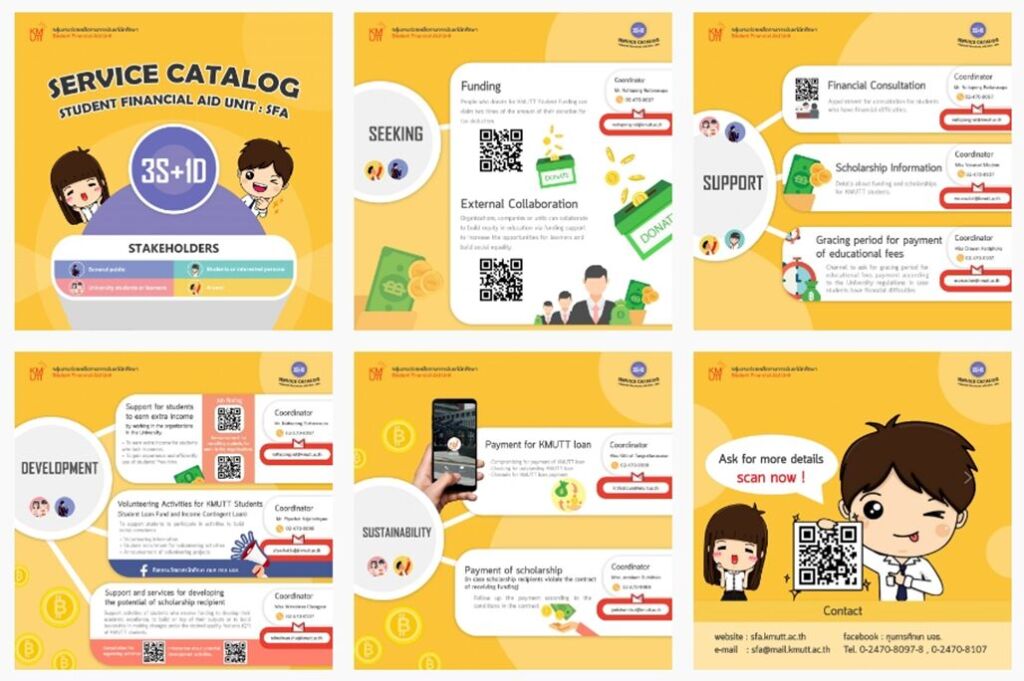



The Undergraduate Employment Scholarship is another project that the university has initiated and implemented continuously. It creates a mechanism to support scholarships that allows students to apply the knowledge and skills they gain in the classroom. Students’ special abilities or interests in various fields can be used to try their hand at practical work with various departments within the university, with university personnel supervising and advising them. On the other hand, the university recognizes the importance of developing students’ soft skills as essential skills to work effectively with others, such as communication skills, teamwork skills, etc., as well as using their free time to benefit students and generating income for students who lack financial resources.
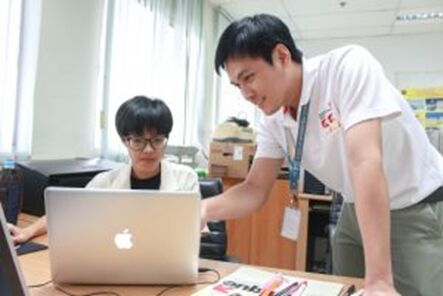
Undergraduate Employment Scholarship Students
Miss Pimsiri Kanyarat
Department of Educational Communications and Technology
Strategic Communications and Marketing Unit
“Gain real work experience
Train yourself to be disciplined and responsible”

Undergraduate Employment Scholarship Students
Mr. Wasan Jirakulpornchai
The student of Production Engineering
Industrial Engineering Workshop
“known to plan the work teamwork Make good use of your spare time and gain professional training to further develop your ability to work”
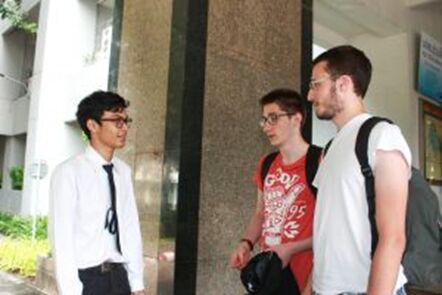
Undergraduate Employment Scholarship Students
Mr. Thanawat Chan-intr
The student School of Information Technology (International)
Kmutt Internationalization
“Improve your English skills Because they have been liaising with international students”
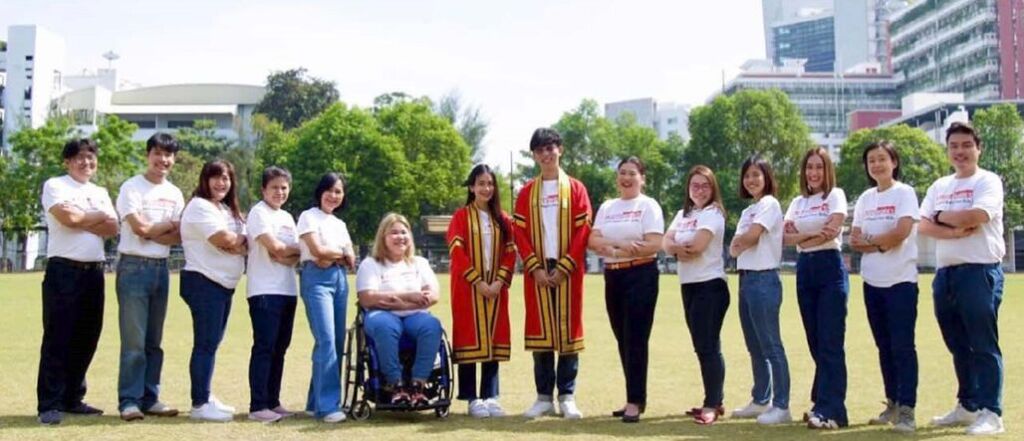
Interview with Miss Kajana Namaso The Petchra Pra Jom Klao Scholarship Student
“A big step from opportunity, to be a proud graduate of KMUTT” The fact that we are ready always creates opportunities for ourselves because if we try to develop ourselves, prepare ourselves. After realizing there must be limitations, I still secretly had a small dream that he wanted to be able to come back to live normally, want to continue studying in order to have the knowledge with him take care of yourself. During treatment, I try to find out, do everything that I can in that moment, gain experience, and prepare myself until the day that I was given the opportunity to take the Petch Phra Jom Klao Scholarship to study further at KMUTT After graduating with a master’s degree, My current dream besides having a stable job. it’s able to take care of myself and my family I want to use my knowledge and skills to help others and beneficial to society. It’s like passing on the opportunity to others like I’ve received. Which nowadays, in addition to the part of the regular work that is done in the field of the development of working people
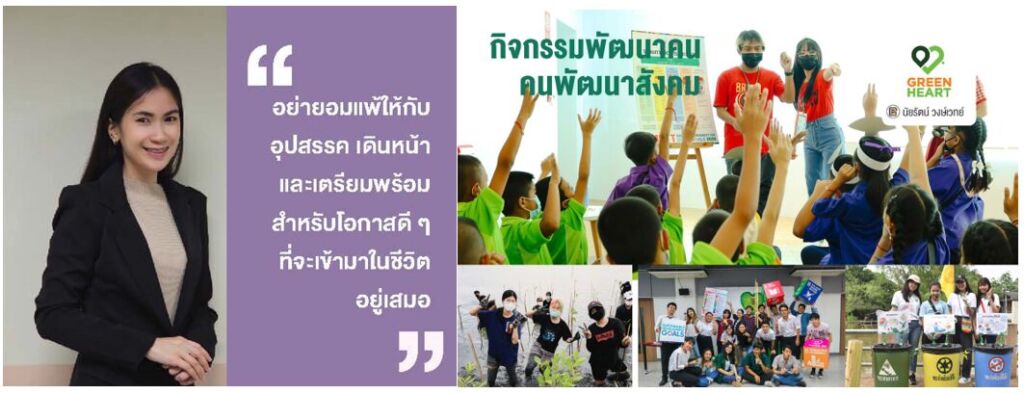
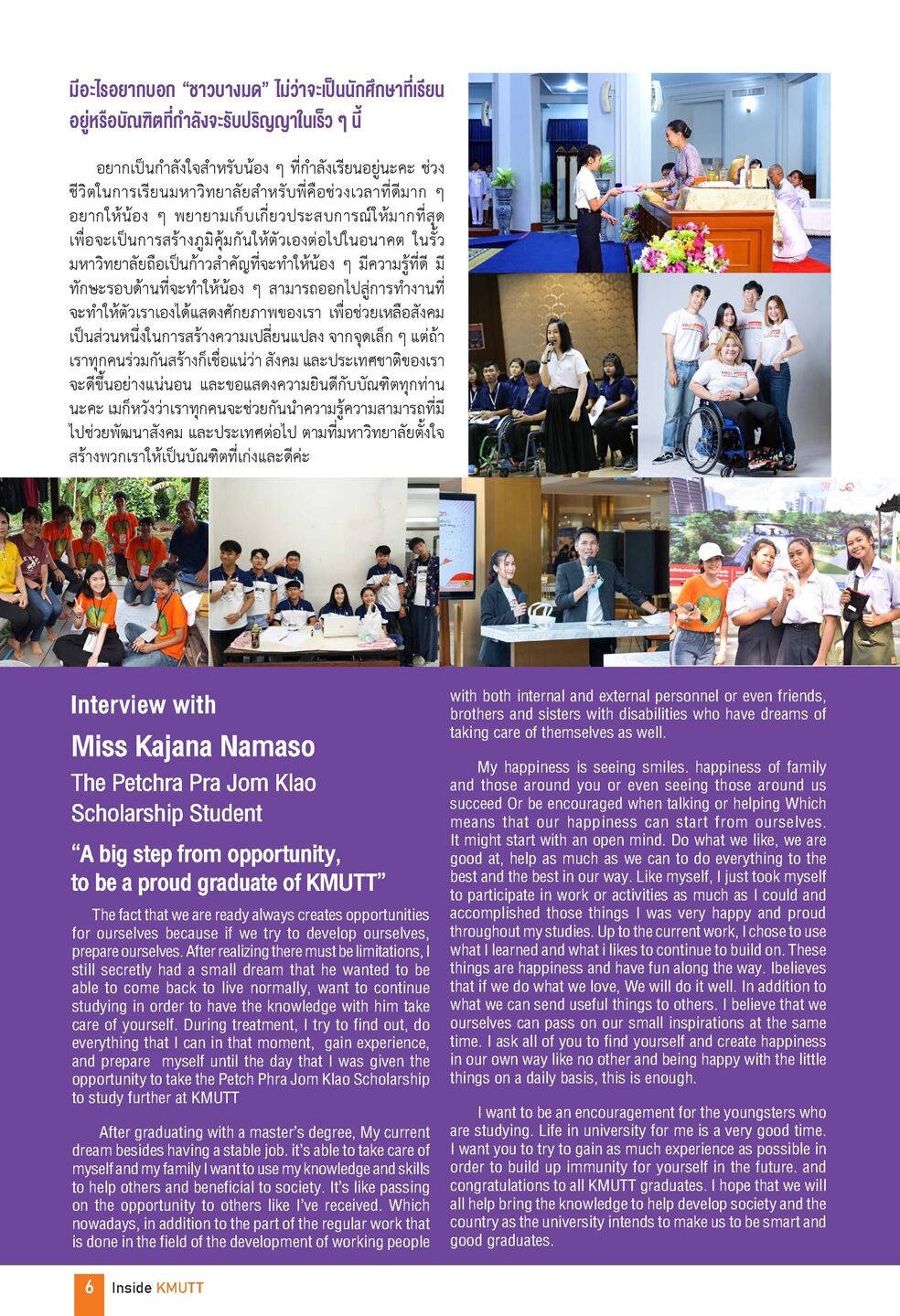
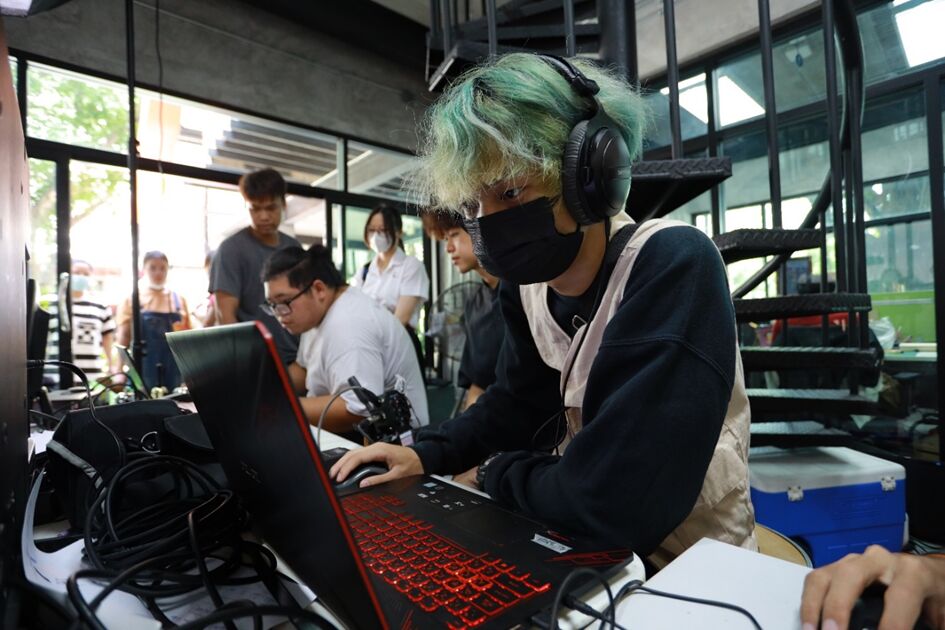
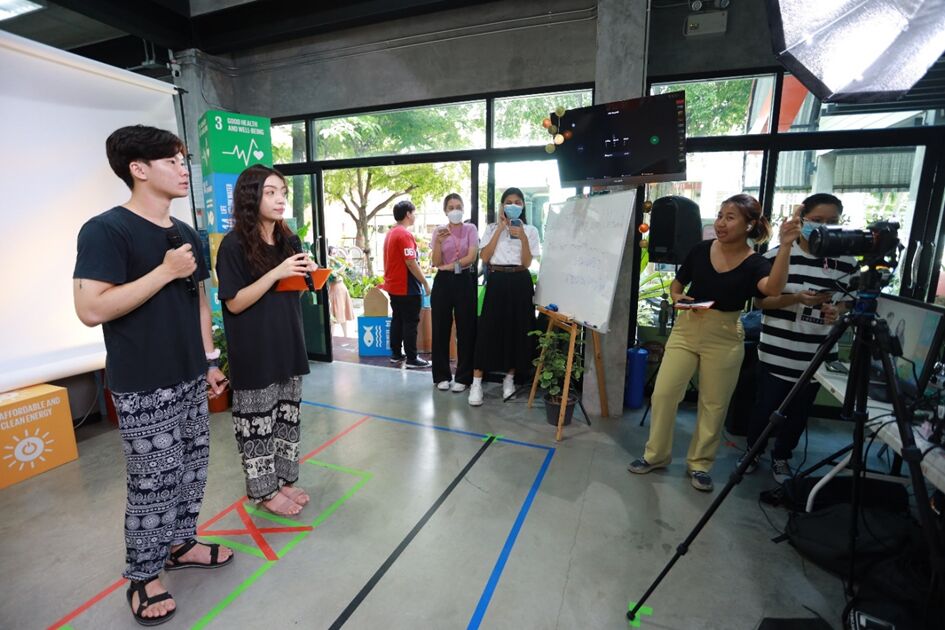
The Visiting House of Scholarship Student Project
For the guideline to help students with various problems, especially property losses, the program is organized to get an idea of the real problems faced by students and their families. This is to collect information for students to consider future allocations of various types of grants, while also to find solutions and financial solutions for students as well as graduates.
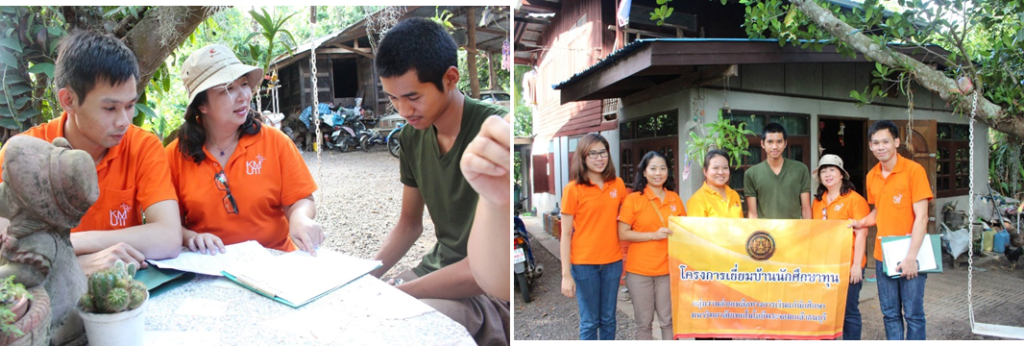


King Mongkut’s University of Technology Thonburi provides the benefits necessary to support students from admission to graduation, such as allocating various types of grants, reducing costs or services for various educational services, and supporting education. Academic counseling, hardware, software support, free internet access, basic physical and mental health services, access to clean and adequate utilities, travel services. In addition, another educational services are necessary to expand educational opportunities and expand and develop in the future.
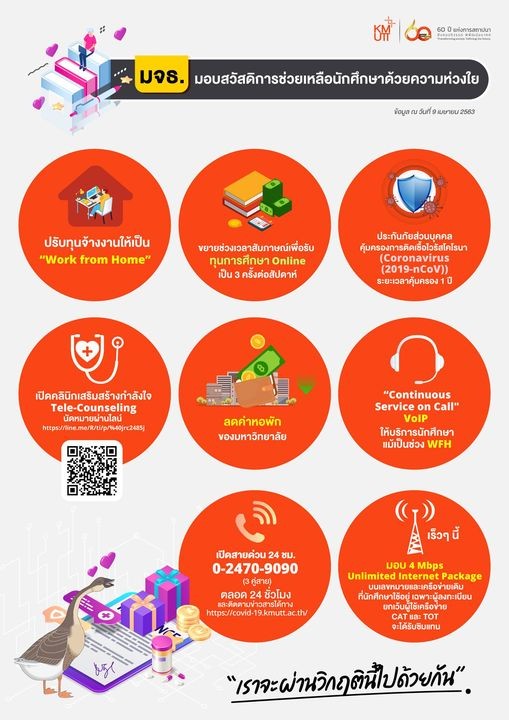
5. Low or lower-middle income countries student support
King Mongkut’s University of Technology Thonburi (KMUTT) supports scholarships for students in both education and research. There are 62 international students who have received scholarships amounting to 12.88 million baht. For the undergraduate level, there are 37 students with scholarships totaling 8.3 million baht, and for the graduate level, there are 25 students with scholarships totaling 4.58 million baht.
| Scholarship Type | Number of Scholarships (Persons) | Amount (Million Baht) |
| Undergraduate Level | 37 | 8.3 |
| Multi-intellectuals Scholarship | 17 | 3.44 |
| KMUTT International Scholarship Program (KISP) | 20 | 4.86 |
| Graduate Level | 25 | 4.58 |
| Multi-intellectual Scholarship | 8 | 1.47 |
| The Greater Mekong Sub-region Country Scholarship (GMS) | 4 | 0.27 |
| KMUTT International Scholarship Program (KISP) | 13 | 2.84 |
| Total | 62 | 12.88 |
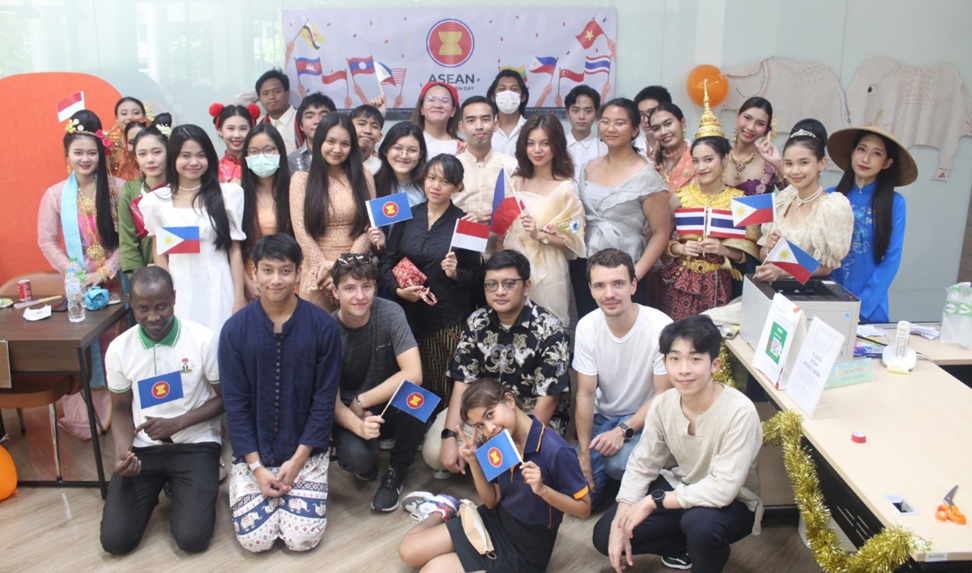
Scholarships for International Students
• Multi-intellectual Scholarship
To express our gratitude and obligation to Her Royal Highness Princess Maha Chakri Sirindhon for her contribution towards education in Thailand and neighboring countries, the university has decided to announce the Multi – Intellectual Scholarship grant for students pursuing Bachelor’s and Master’s degree from countries: Cambodia, Lao PDR., Myanmar and Vietnam.
• The Greater Mekong Sub-region Country Scholarship (GMS)
KMUTT has decided to provide scholarships for a master’s degree and a doctoral degree to staff and students of the Greater Mekong Sub-region country: Lao PDR., Cambodia, Myanmar, Vietnam, and China (specifically Yunnan Province).
• KMUTT international Scholarship Program (KISP)
To comply with the Internationalization policy and increase the number of international students with scholarships. KISP grant for students pursuing Bachelor’s and Master’s degree from international countries
The scholarships allocated by the University to students also address the objectives of the University’s development in various aspects, such as the development of human resources in science, technology, and innovation for the country. This is achieved through the provision of high-quality education based on learning innovations, being open to all student groups and adaptable to future uncertainties (Inclusive Education & Learning Innovations), as well as fostering excellence in research and innovation (Research and Innovation). When classifying international students by continent and nationality, the continent with the highest number of international students enrolled or participating in projects is Asia, followed by Europe, and then Africa, respectively. Within the Asian continent, the largest number of students come from Myanmar, followed by Japan, and then Indonesia.
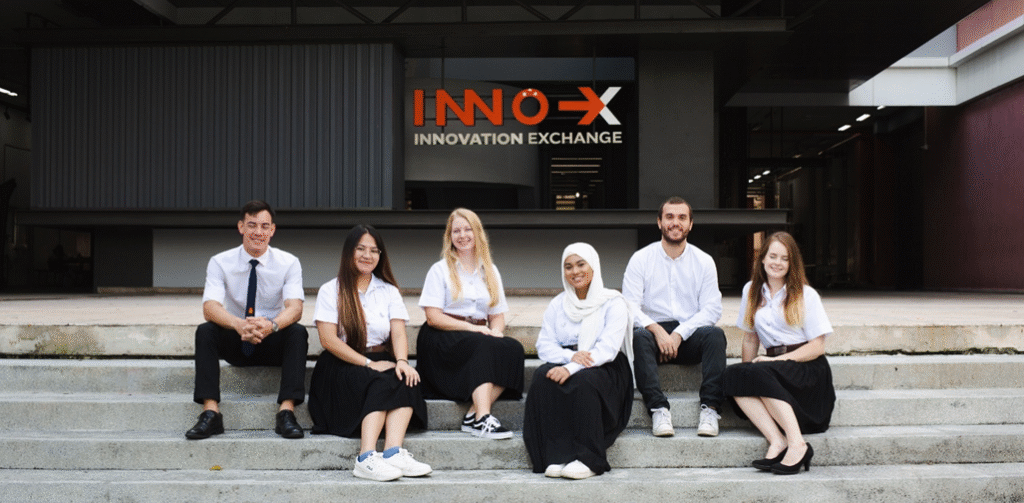
All Full-time Student
| All Full-time Student | |
| Nationality | FTE |
| Afghanistan | 5 |
| Bangladesh | 2 |
| Bhutan | 3 |
| Cambodia | 47 |
| Canada | 1 |
| China | 76 |
| Colombia | 1 |
| Comorian | 1 |
| Cuba | 1 |
| Ethiopia | 3 |
| Germany | 1 |
| Ghana | 1 |
| Greece | 1 |
| India | 13 |
| Indonesia | 34 |
| Iran | 4 |
| Iraq | 1 |
| Italy | 1 |
| Japan | 4 |
| Korea (south) | 2 |
| Lao PDR | 3 |
| Liberia | 1 |
| Madagascar | 1 |
| Malaysia | 2 |
| Myanmar | 390 |
| Nepal | 7 |
| Nigeria | 44 |
| Pakistan | 34 |
| Philippines | 32 |
| Samoa | 1 |
| Serbia | 1 |
| South Africa | 1 |
| Spain | 1 |
| Sri Lanka | 3 |
| Sudan | 1 |
| Taiwan | 2 |
| Tanzania | 1 |
| Uganda | 1 |
| United Kingdom | 2 |
| United States | 4 |
| Vietnam | 19 |
| Total | 753 |
All Full-time Student: Developing Countries
| All Full-time Student: Developing Countries | |
| Nationality | FTE |
| Afghanistan | 5 |
| Bangladesh | 2 |
| Bhutan | 3 |
| Cambodia | 47 |
| Ghana | 1 |
| India | 13 |
| Lao PDR | 3 |
| Liberia | 1 |
| Madagascar | 1 |
| Myanmar | 390 |
| Nepal | 7 |
| Nigeria | 44 |
| Pakistan | 34 |
| Philippines | 32 |
| Sri Lanka | 3 |
| Sudan | 1 |
| Tanzania | 1 |
| Uganda | 1 |
| Vietnam | 19 |
| Total | 608 |


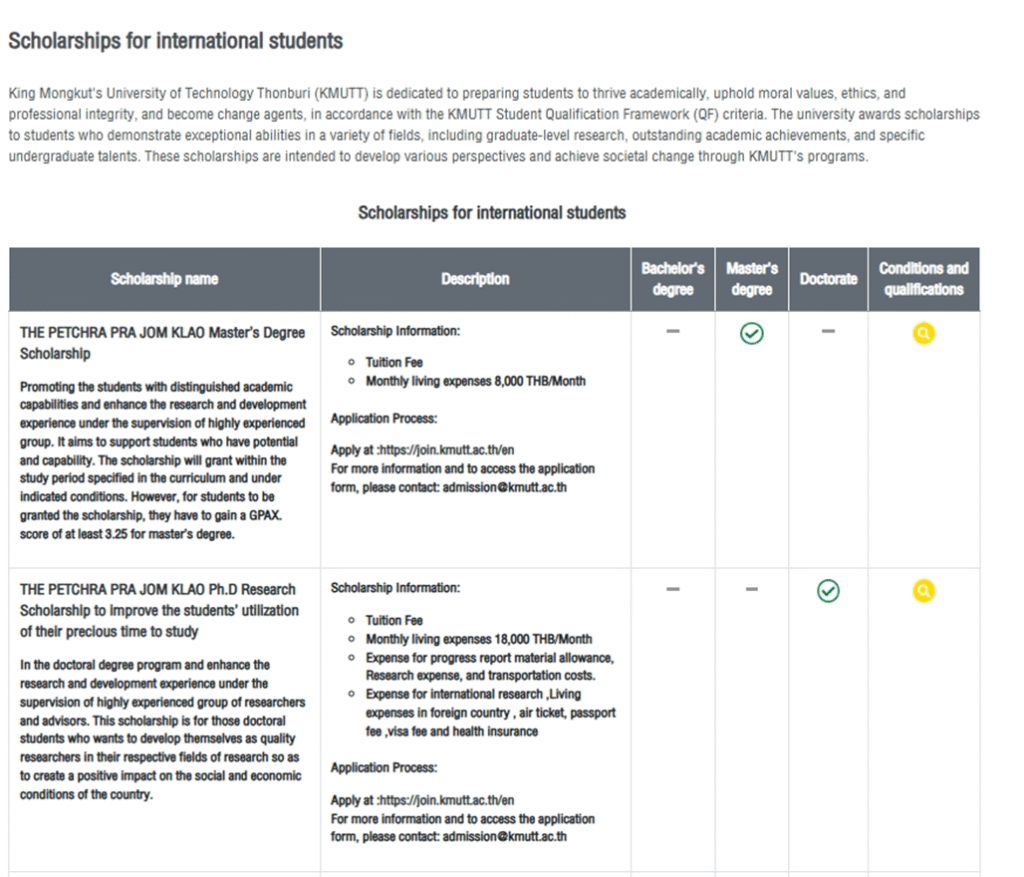
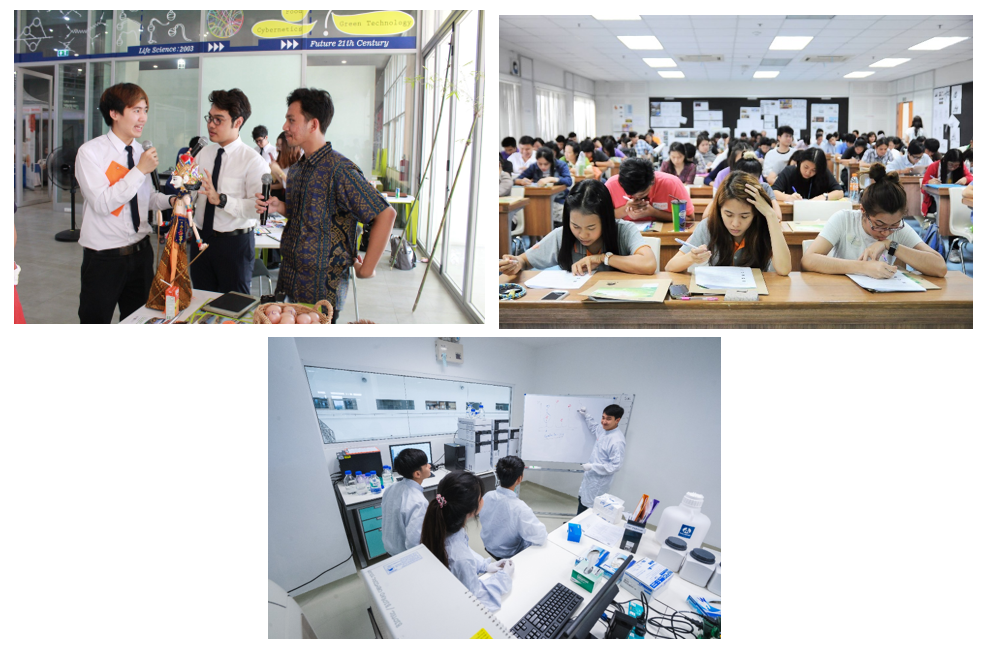
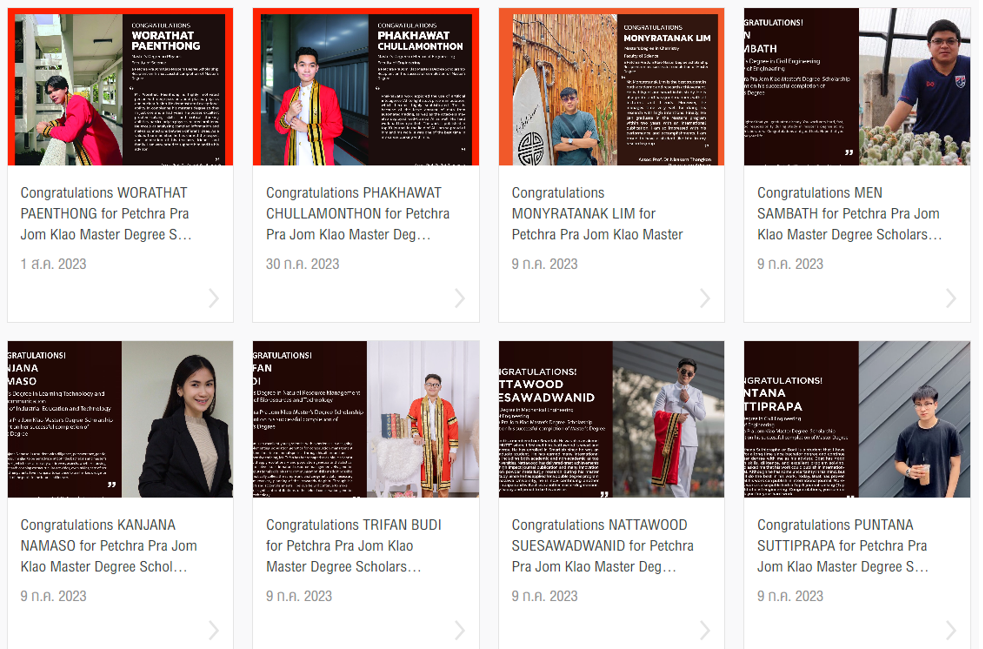

1.4 COMMUNITY ANTI-POVERTY PROGRAMMES
1. Local start-up assistance
University and Society towards Economic and Social Sustainability
In Fiscal Year 2024, research and academic service activities were conducted with an interdisciplinary integration of knowledge and collaboration across departments, faculties, and internal and external university units, as follows:
- Development of Natural Dye Quality for Wooden Handicrafts This project aims to enhance the quality of life for the elderly in Tao Ngoi Sub-district, Tao Ngoi District, Sakon Nakhon Province. It integrates the strengths of faculty members in design and creativity from the Faculty of Architecture and Design with the experience of researchers from the Research and Service Center for Community and Society and faculty members with expertise in engineering invention.
The project involved developing prototypes of local identity wooden toy handicrafts by:
- Integrating traditional wisdom with modern science and technology.
- Integrating traditional lifestyle stories with current early childhood learning development.
- Integrating traditional local art with contemporary creative design.
The process included improving the production of natural dye powder by using labor-saving machinery for the natural dye extraction process. This was done to improve the quality of life and increase work safety for the elderly and disabled, and to create a mechanism for cooperation between the elderly group (community sages) and the Child Development Center, under the administration of the Sub-district Administrative Organization (SAO), for sustainable community development.
During the natural dye extraction process, samples of fresh plants, extract liquid, and powder dye were collected. Data was also gathered on the problems and limitations of members regarding various disabilities and their ability to use dye extraction equipment, as well as information on site readiness, electrical systems, and water quality, in order to plan the development of the production process and quality of the natural dye.
Additionally, the project integrated with teaching and learning by supporting three Mathayom 5 students from the WMW Project (KMUTT) in a science project titled “Development of a simple Color Sensor” to measure the dye level from the natural extract for coloring the handicrafts produced by the elderly and disabled in the area.
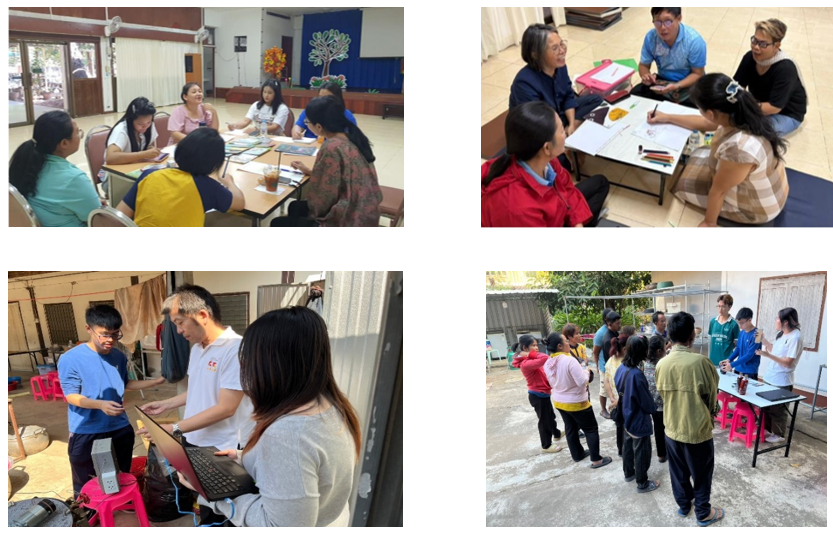
Activities under the Research Project: “Development of Natural Dye Quality for Wooden Handicrafts to Enhance the Quality of Life for the Elderly” Tao Ngoi Sub-district, Tao Ngoi District, Sakon Nakhon Province
- Project: “Expansion of Higher Education Network for Developing the Potential of Persons with Disabilities for Vocational Careers through the KMUTT Training-Internship Model for Persons with Disabilities” and “Study of Factors Affecting the Success of Operations to Prepare Persons with Disabilities for Employment in Enterprises and Vocational Careers”
For Fiscal Year 2024, the project received 23.32 Million Baht in support from the Fund for the Promotion and Development of the Quality of Life of Persons with Disabilities, Department of Empowerment and Development of Persons with Disabilities (DEP).
The project was implemented by the Continuing Education Center, Science and Technology Research and Service Office (STRS), with the aim of expanding the Training-Internship project for persons with disabilities and promoting collaboration between educational institutions and enterprises to utilize the rights under Section 35 (of the disability act). The project involved the cooperation of 6 network universities/institutions. A total of 300 persons with disabilities participated, with 14 individuals securing employment.
Due to the variation in curricula and operational methods resulting from differences in context, expertise, and personnel experience across locations, it is necessary to study the activity formats that effectively impact the skills of the disabled participants. The objective is to propose models and guidelines for executing the project tailored to the local context of each network university. The research findings revealed that disabled participants who joined the activities placed the highest importance on the steps in the Training-Internship model related to vocational skills training, support for work and life, and direct work experience.

Activities under the Research Project: “Factors Affecting the Success of Operations to Prepare Persons with Disabilities for Employment in Enterprises and Vocational Careers of the 6 Network Universities/Institutions”
- Project: “Adding Cultural Value through Community Learning Resource Management,” Case Study: “Bang Mot Orange Cultivation and Local Wisdom”
Promotional and dissemination activities were organized for tourists and interested parties, such as:
- 2nd Multi-cultural and Religious Harmony Event to Create Happiness in Thung Khru Community at Chalerm Phrakiat Sports Center, Thung Khru District, on February 2-4, 2024. The Thung Khru District Office participated with an exhibition featuring historical photos and educational media on the 100-year history of Bang Mot Orange.
- “Creative Semester Break: Awesome Activities” event. The working team provided the “Bang Mot Orange Gardener Monopoly Game” for interested individuals to try out on the 8th Floor of Thailand Knowledge Park (TK Park) on March 2, 2024.
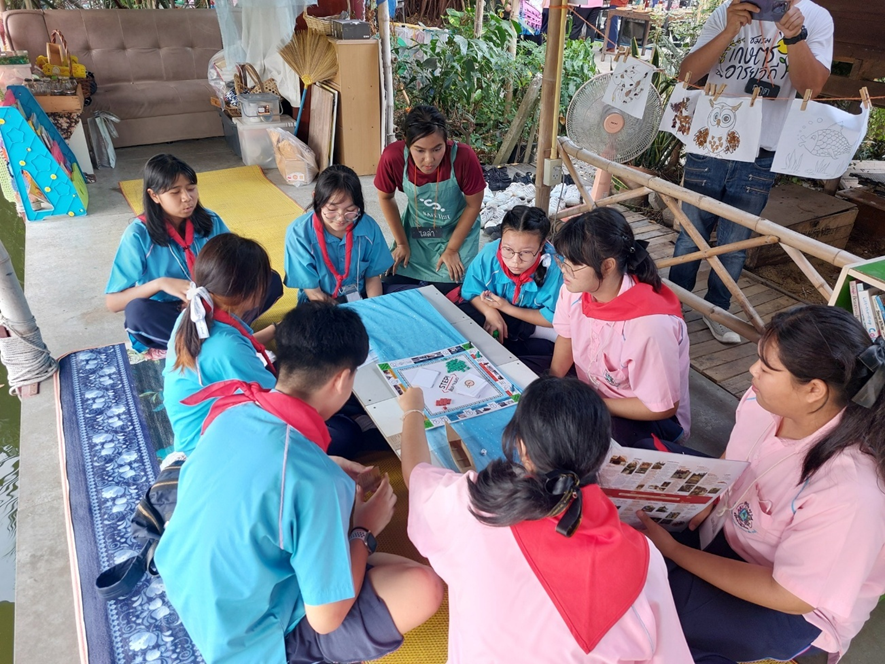
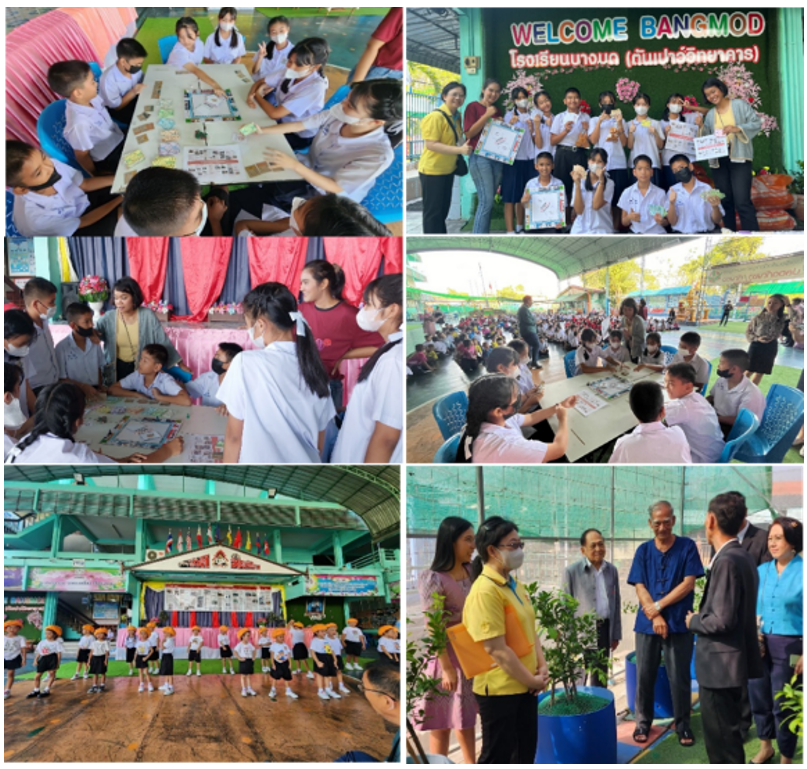
Activities under the Project: “Adding Cultural Value through Community Learning Resource Management,” Case Study: Bang Mot Orange Cultivation and Local Wisdom
- Research Project: Study of Factors in Developing the Goat Farming Business of the Thung Khru Livestock Farmer Group
Activities under the project included surveys and interviews to collect data on production, processing, and marketing, as well as feedback from farmer group members and stakeholders. This also included organizing a public forum involving farmers, enterprises, government officials, and academics.
A total of 24 farmer group members participated in the activities and selected 3 products of interest: skewered roasted goat/goat sai-ua (Northern Thai sausage), goat milk ice cream, and goat leather keychains.
Subsequently, a draft business development plan was jointly prepared. The guidelines were tested through a workshop titled “Development of Products from Goat Meat and Goat Milk,” provided to members of the farmer group, the Darul Ibadah Community Enterprise Group, and the housewives group.
A total of 53 individuals participated in the workshop, which received expert support from the Bureau of Livestock Products, Department of Livestock Development, who provided knowledge and product demonstrations.
The outcomes of the project implementation were:
- 1 entity (target was 3) from the farmer/enterprise groups utilized the business development guidelines.
- 1 practical business development plan/guideline was created.
- 1 network of goat farmers and users of the development plan/guidelines was established.
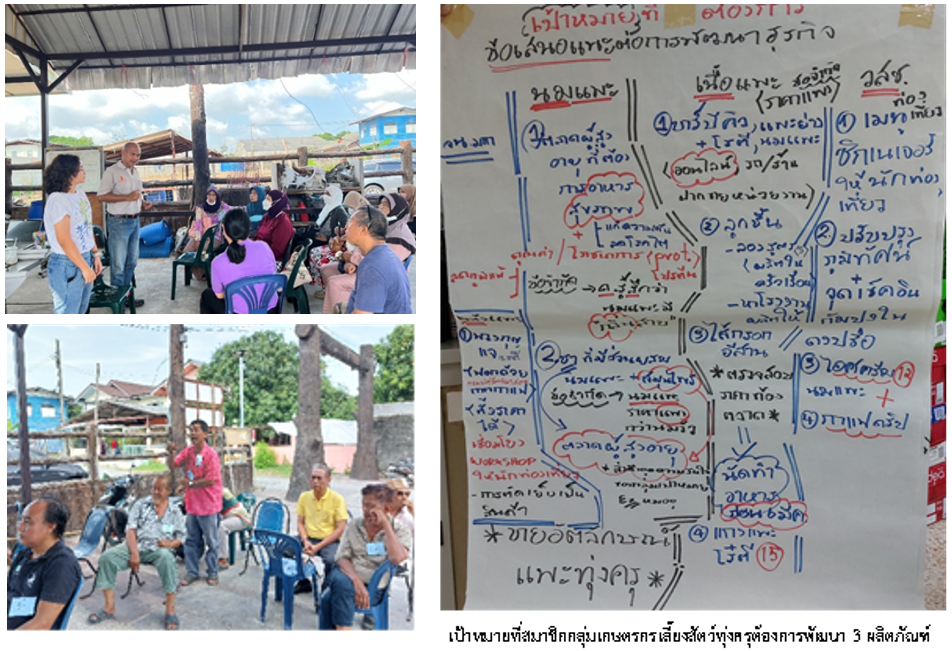
Activities under the Research Project: “Study of Factors in Developing the Goat Farming Business of the Thung Khru Livestock Farmer Group”
- Project: “Yoe De Ner: Incubation and Development of Young Innovator Entrepreneurs and Networks Based on the Art and Cultural Capital of the Thai-Karen Ethnic Group in the Tenasserim Hills Region, Ratchaburi and Phetchaburi Provinces”
Faculty members from the Faculty of Architecture and Design and the Faculty received funding from the Program Management Unit for Area-Based Development (PMU-A). The goal is to improve the quality of life for the Thai-Karen people.
Activities included surveying and researching knowledge and wisdom within the target cultural capital, as well as studying and analyzing the supply chain and income derived from that cultural capital. The project also created mechanisms for engagement and connection among entrepreneurs, artisans, and young returnees in the area.
Outcomes include a curriculum for transferring innovator knowledge, cultural innovation products and local cultural entrepreneurs, product prototypes, and a cultural map.
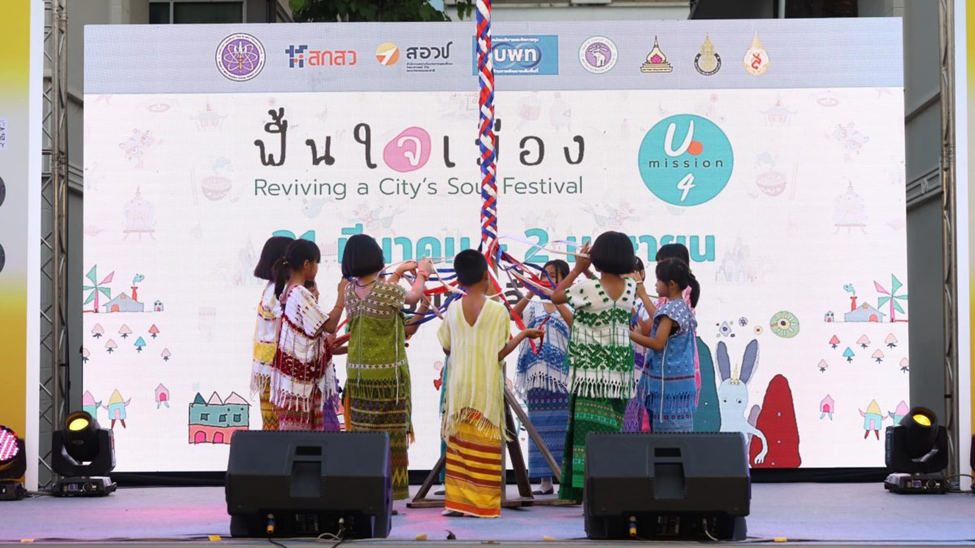

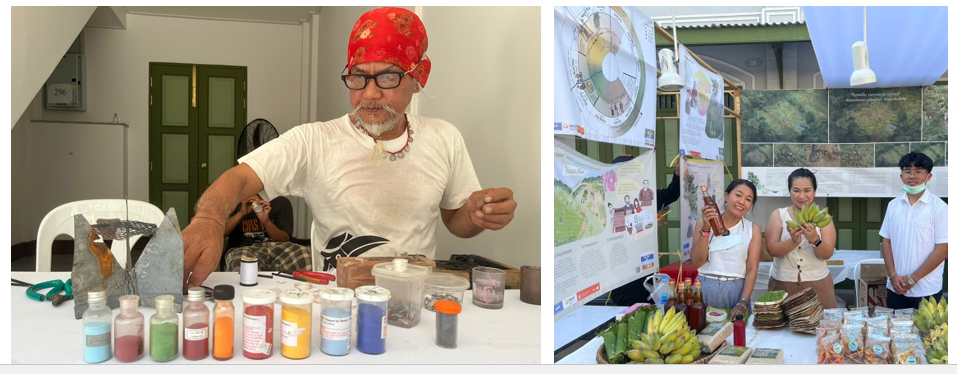

Activities under the Research Project: “Study of Factors in Developing the Goat Farming Business of the Thung Khru Livestock Farmer Group”
- Project: “Physical and Mental Health Development” by the Elderly Club of Public Health Service Center 54 Thatthaniam
Short training sessions were organized for 60 members of the Thatthaniam Elderly Club. The project involved 35 faculty members serving as trainers and 12 students participating. A total of 8 training sessions were held on various topics, such as “Brain Training Games,” “Natural Colored Scented Candles,” and “Weaving the Fabric of Love.” The results of the project implementation showed that 92% of the elderly participants reported a high level of overall satisfaction.

Activities under the “Physical and Mental Health Development” Project Elderly Club of Public Health Service Center 54 Thatthaniam
2. Local start-up financial assistance
University and Social Services towards Economic and Social Sustainability
In Fiscal Year 2024, the University supported budget funding for local community business operations to achieve financial and social sustainability. It linked research questions and community needs to students and personnel, to develop research projects, course activities, and academic services that align with the needs and context of the areas. Overall, communities face environmental problems affecting their occupation and income, thus requiring the development of agricultural technology, support for tourism, and local resource conservation.
A total of 16 projects were implemented, amounting to 7,136,400 Baht.
The focus is on the quality development of human resources in science and technology for people of all groups, ages, and statuses. The goal is to create “Employability” to support new forms of work, careers, and enterprises in the future context through learning innovation.
The University also supports the implementation of the “Social Lab” learning process in teaching KMUTT students through courses offered by the General Education Office and provides work areas around the university.
The Unit has three main target groups: small farmers, persons with disabilities, and the elderly, located in areas surrounding the university or specific regions.
Furthermore, the Unit serves as the coordinating body for receiving donations for underprivileged children/communities experiencing specific crises (e.g., fire, flood), and for publicizing and linking community products to the market.
The Research and Service Center for Community and Society (RCSC) serves as the secretariat for the University-Community and Social Projects, working to coordinate, promote, and support the KMUTT community’s role in using academic knowledge to bring about positive social change.
It also gathers fieldwork data, prepares reports, and manages budget disbursements for the University-Community and Social Projects, including Royal Project and Royal Initiative Projects, under the umbrella of the “University-Community and Social Projects.”
This aligns with the 13th Strategic Plan of King Mongkut’s University of Technology Thonburi (B.E. 2565–2569 / 2022–2026), whose vision is: “A science and technology university focused on developing educational innovation, research, creativity, and entrepreneurship, generating value that leads to change for a strong and sustainable global society.” The strategic goal is for KMUTT to become “The Sustainable Entrepreneurial University”, one of the top 3 leading science and technology universities in ASEAN by 2569 (2026).
The RCSC operates under the Strategic Objective (SO) focusing on:
- Developing the university’s capability towards sustainability that creates balance (Cultivating Sustainability) in the dimensions of People, Planet, and Prosperity (SO6).
- And supports accelerating the development of a system to support the Commercialization/Utilization of research and innovation at KMUTT and an innovation ecosystem to create value and enhance the strength of entrepreneurs in industry and the community/society (SO3).
The operations are divided into 4 groups as follows:
1. University, Schools, and Learning
2. University and Society towards Economic and Social Sustainability
3. University and the Development of Environmental Quality of Life
4. University, Royal Projects, and Royal Initiatives for Economic and Social Sustainability
Operational Results of Research and Academic Service Projects Managed by the Center
| Projects | Project Duration (Months) | Project Budget (Baht) |
| Research | ||
| Development of Natural Dye Quality for Wooden Handicrafts to Enhance the Quality of Life for the Elderly, Tao Ngoi Sub-district, Tao Ngoi District, Sakon Nakhon Province | 12 | 1,151,000.00 |
| Development of an Organic Waste Management System in Samphanthawong District to Add Value to Waste Materials, Case Study: Ginkgo Seed Shells | 8 | 150,000.00 |
| Evaluation and Utilization of Waste to Increase Product Value, Case Study: Ginkgo Shells | 12 | 150,000.00 |
| Project Sense Series: The Journey of Mixed Experiences with Visually Impaired Persons | 12 | 500,000.00 |
| Technology Transfer for Chemical-Free Salad Vegetable Cultivation for Persons with Physical Disabilities to Create Careers based on the Sufficiency Economy Philosophy | 12 | 600,000.00 |
| Research on Optimization of Lignin Extraction from Agricultural Waste of the Coconut Industry | 12 | 158,400.00 |
| Development of an Enterprise for Processing Radishes into Safe Food to Promote Local Farmers in the Community | 12 | 150,000.00 |
| Adding Cultural Value through Community Learning Resource Management, Case Study: Bang Mot Orange Cultivation and Local Wisdom | 12 | 435,000.00 |
| Research on Factors in Developing the Goat Farming Business of the Thung Khru Livestock Farmer Group | 12 | 424,000.00 |
| Academic Services | ||
| Organic Waste Management Learning Resource Project based on the BCG Model | 7 | 33,000.00 |
| Research and Academic Service Projects in which the Center’s Personnel Participated | ||
| Projects | Project Duration (Months) | Project Budget (Baht) |
| Research | ||
| Development of an Integrated Premium-Grade Strawberry Production Chain in Smart Greenhouses under Global Climate Change Conditions | 12 | 1,000,000.00 |
| Academic Services | ||
| Study on the Transformation of Fragrant Coconut Shells into Biomass Charcoal Fuel for Industrial Boilers | 4 | 100,000.00 |
Resource Sourcing for Research and Academic Service Projects Research and Service Center for Community and Society (RCSC) Fiscal Year 2025–2026
| Projects | Project Duration (Months) | Project Budget (Baht) |
| Development and Adaptation of Aquatic Farmers under Environmental Change, Case Study: Aquatic Farmer Group in Thung Khru District | 300,000.00 | |
| Development of Community-Based Learning Management to Promote 21st Century Skills Competencies for Primary School Students, Sakon Nakhon Province | 1,275,000.00 | |
| Development of an Organic Waste Management System in Samphanthawong District to Add Value to Waste Materials, Case Study: Ginkgo Seed Shells | 150,000.00 | |
| Stimulation of Flower Buds in Strawberry Runners for Off-Season Planting in the Mae Hae Royal Project Development Center Area | 560,000.00 |
Project name: Development Activities for the Goat Farming Business of the Thung Khru Livestock Farmers Group.
Educational Outreach: Local Community, Alumni
On 4 December 2024, a session on “Development of Goat Meat Products” was conducted for representatives of the livestock farmers’ group members. Officers from the Community Development and Social Welfare Division of Thung Khru District Office also participated in the activity, which took place at the Farmers’ Group Office, Soi Pracha Uthit 69, Intersection 8, Thung Khru District.
A total of 15 interested participants attended the event. Experts from the Livestock Products Division, Department of Livestock Development, provided knowledge and conducted demonstrations on the preparation of goat steak, smoked goat ribs, and goat burgers. Furthermore, the speakers recommended experimenting with Bang Mod orange peel–smoked goat ribs as a potential signature product representing the local identity.
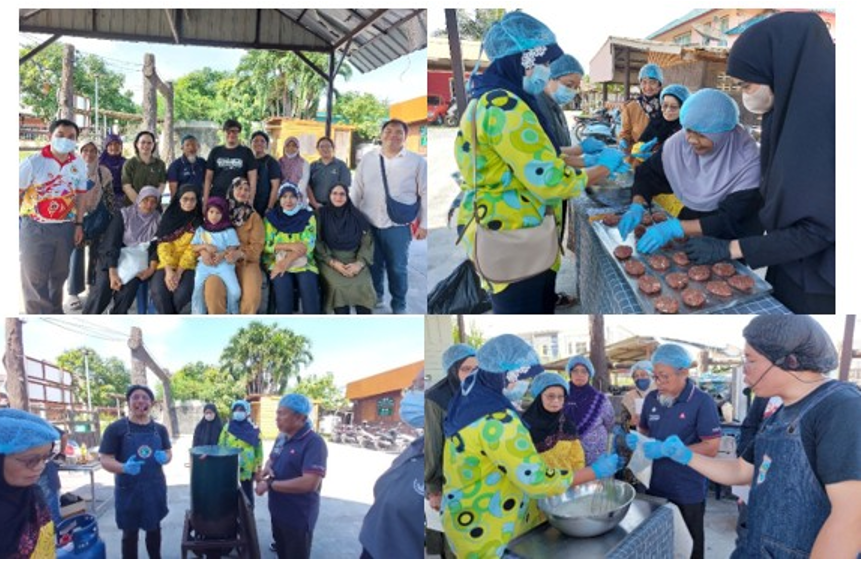
Production of Biochar from By-products of the Aromatic Coconut Industry to Support Sustainable Aromatic Coconut Cultivation under the BCG Approach
On 21 February 2025, Asst. Prof. Dr. Rungroj Piyapanawat, Assistant to the President for Research and Industry, KMUTT Ratchaburi, together with his team, organized a training session for farmers in the Sri Don Phai Municipality on the topic “Production of Biochar from Waste Materials in the Aromatic Coconut Industry to Promote Sustainable Cultivation in Line with the BCG Model.”
The activity was funded under the project “Establishing a Collaborative Ecosystem among Government Agencies, Industry, and Agriculture to Develop a Livable City and a Sustainable Supply Chain for Aromatic Coconuts in Ratchaburi Province, by Creating Utilization Models for Agricultural Waste to Reduce Greenhouse Gas Emissions from Industrial Activities”, supported by the Program Management Unit for Area-Based Development (PMUA), Green Economy Division.
The session was conducted by Dr. Bualuang Faiyue and her team from ZEACHAR Business Unit, CU Envi Enterprise Co., Ltd., Environmental Research Institute, Chulalongkorn University. The training covered key topics including an introduction to biochar, its agricultural benefits, biochar kiln designs, and the production process using waste materials from the aromatic coconut industry.This initiative aims to equip aromatic coconut growers with the knowledge and techniques to utilize agricultural waste—either from farm operations or post-processing—as biochar, supporting sustainable agricultural practices aligned with the BCG model of Ratchaburi Province.

Project: Development of Natural Dye Quality for Wooden Handicrafts This project aims to enhance the quality of life for the elderly in Tao Ngoi Sub-district, Tao Ngoi District, Sakon Nakhon Province. It integrates the strengths of faculty members in design and creativity from the Faculty of Architecture and Design with the experience of researchers from the Research and Service Center for Community and Society and faculty members with expertise in engineering invention.
The project involved developing prototypes of local identity wooden toy handicrafts by:
- Integrating traditional wisdom with modern science and technology.
- Integrating traditional lifestyle stories with current early childhood learning development.
- Integrating traditional local art with contemporary creative design.
Project: Organic Waste Management Learning Resource based on the BCG Model Implemented within Pom Phaen Fai Municipal School, Phra Pradaeng District, Samut Prakan Province. Activities include organic waste sorting within the school, encompassing waste volume reduction and recycling. This effort aims to promote and support the source reduction of organic waste, utilize organic waste to reduce greenhouse gas emissions, and benefit future learning on organic waste management in educational institutions.
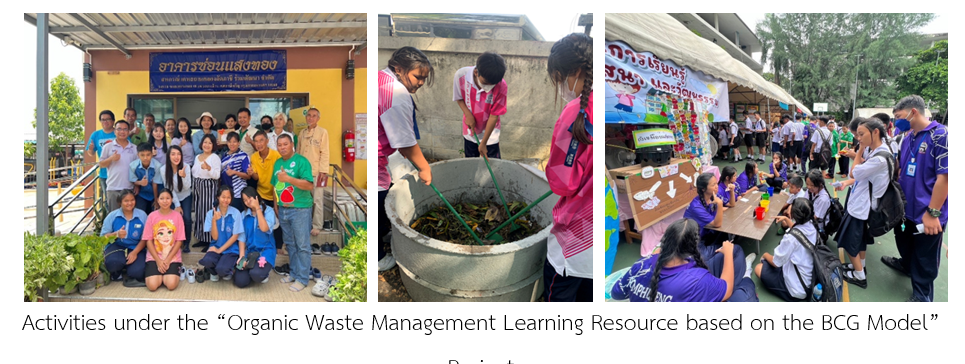
Training on “Biochar Production from Waste Materials in the Aromatic Coconut Industry”
On 10 March 2025, King Mongkut’s University of Technology Thonburi (KMUTT) conducted a brainstorming session on the management of waste generated from the coconut industry in the local area, together with a training program on “Biochar Production from Waste Materials in the Aromatic Coconut Industry.”
The project aims to create models for utilizing agricultural waste to reduce greenhouse gas emissions from industrial activities, supported by the Program Management Unit for Human Resources & Institutional Development, Research and Innovation (PMU-B), under the Green Economy category.
The insights gained from the brainstorming session will be used to inform policy development for managing coconut industry waste in Phang Phue Subdistrict. Furthermore, the knowledge provided on biochar production will enable local farmers to apply these techniques in sustainably managing agricultural and industrial coconut waste in their communities.
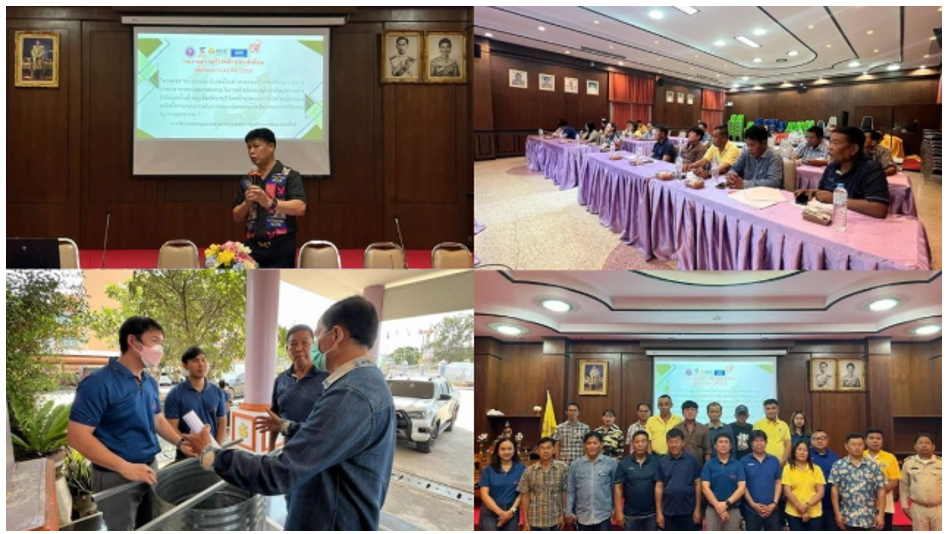
KMUTT Develops Innovative “Chai-po” Processing Technology to Reduce Labor, Time, and Production Costs, Increasing Income for the Ban Kha Radish Processing Community Enterprise
Dried salted and sweetened chai-po (preserved radish) are traditional processed foods made from daikon radish using local wisdom. They are considered iconic local products of Ratchaburi Province and are widely popular among consumers. However, the traditional processing methods rely heavily on manual labor and require long production times, particularly during the water-extraction and slicing stages. This challenge led to the development and transfer of technology and innovation for chai-po processing.
The chai-po slicing machine developed for the community operates using an electronic control system. It is equipped with two electric motors connected through a gear reducer to lower the rotational speed. Its key component is a set of over 100 stacked stainless-steel blades, enabling the radish to be cut into uniform strips. The machine was developed with an investment of approximately 100,000 baht, supported by the Science and Technology Park and Industrial Park Division (STIP), the Division of Science, Research, and Innovation Promotion and Coordination (SPSRI), and the Office of the Permanent Secretary, Ministry of Higher Education, Science, Research and Innovation, under the Area-based Innovation for Community program.
“The support provided by KMUTT Ratchaburi in developing processing equipment for chai-po has significantly reduced production time and labor requirements. This has enabled the community enterprise to accommodate more customer orders. Previously, we could produce only 300–400 kilograms per day; now, with the new machinery, we can produce up to one ton per day. This has increased the income of local residents and greatly improved their quality of life.”

3. Programmes for services access
University-Community and Social Projects
Based on the University’s vision to be “a science and technology university focused on developing educational innovation, research, creativity, and entrepreneurship, generating value that leads to change for a strong and sustainable global society,” the University-Community and Social Projects and the Social Lab have fulfilled the mission that responds to Strategic Objective 6 (SO6). This aims to develop the University to achieve capability towards sustainability, creating a balance between people, society, and the environment.
Various university activities have been carried out, focusing on leveraging the skills, capabilities, and knowledge within the various faculties, schools, and departments to enhance community potential. These activities emphasize the development of critical thinking processes, research skills, and finding solutions, which serve as a foundation for systematically solving various problems—a crucial skill for lifelong learning development.
Furthermore, the University promotes and supports Active Learning management, which emphasizes learner participation and interaction with learning activities, including analysis, synthesis, brainstorming, and the exchange of ideas, as well as conducting case studies. Therefore, the University mandates learning management that uses real-world problems from the community as case studies to build various skills in learners. Assisting students in systematically analyzing, synthesizing, and solving problems will enable students to apply solutions effectively across various dimensions, including health, career, education, and social environment.
The performance results for Fiscal Year 2024 are as follows:
Projects in the areas of Thung Khru, Rat Burana, Chom Thong, Bang Khun Thian Districts, and Bang Krachao Community.
The focus is on supporting and linking research questions and community needs to students and personnel, to develop research projects, course activities, and academic services that align with the needs and context of the areas. Overall, communities face environmental problems affecting their occupation and income. They require development in agricultural technology, tourism support, and local resource conservation.
Omkoi District, Chiang Mai Province, and Mae Sariang District, Mae Hong Son Province
- Project: Development of Village Health Volunteers (VHV) to sustainably enhance basic health services for high-altitude communities. The project consists of 3 sub-projects:
- Developing Public Health Innovators or “Super VHVs” for villages to enhance the quality of basic public health services for high-altitude residents. The project resulted in 30 VHVs in 10 sub-districts of Omkoi District, Chiang Mai Province, and Sob Moei and Mae Sariang Districts, Mae Hong Son Province.
- Developing appropriate media for Super VHVs in high-altitude areas and promoting correct understanding within the community. This involved developing and producing 6 sets of health education media and providing knowledge and skills training in photography/videography/video editing to the Super VHVs in the area.
- Establishing a service management mechanism for providing basic medicine to high-altitude communities by delivering mobile medical bags to Super VHVs for use in serving local residents. The bags contain 47 items of medicine and medical supplies, along with a Super VHV service logbook and a guide to using medicine and herbs.

Activities under the “Development of Village Health Volunteers (VHV) to sustainably enhance basic health services for high-altitude communities” Project
- Project: Factors Affecting Household Poverty in Phu Fa Sub-district Community, Bo Kluea District, Nan Province
Phu Fa Sub-district has a population of 3,118 people across 918 households and includes 6 villages. Households can be classified into three groups based on ethnicity and domicile: the Lua hill tribe, the Mlabri tribe, and local native Thais. The majority of the population is engaged in agriculture.
Phu Fa Sub-district is a community facing poverty challenges. A poverty index was developed by defining 5 dimensions of poverty, with indicators set for each dimension to align with the poverty assessment issues:
- Economic: 3 indicators
- Health and Education: 3 indicators
- Housing and Utilities: 3 indicators
- Community Participation: 2 indicators
- Natural Resources and Environment: 2 indicators
This resulted in a total of 13 indicators. Assessment criteria were established to measure household poverty problems. The index value for the 13 indicators was then calculated using the Simple Index Measurement Method, comparing the indicator values against the established criteria. Finally, the Relative Mean Index was calculated by averaging the simple index values for each of the 5 poverty dimensions.
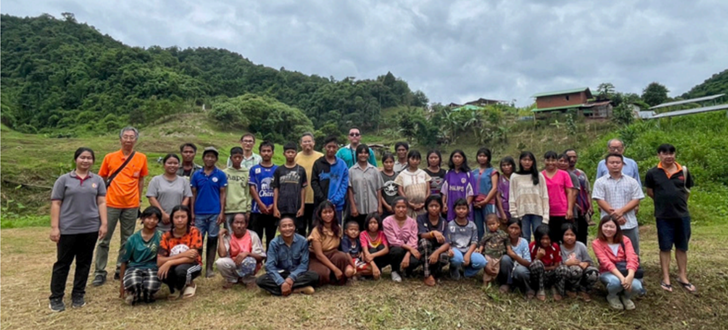
Activities under the “Factors Affecting Household Poverty in Phu Fa Sub-district Community, Bo Kluea District, Nan Province” Project
. Non Din Daeng District, Buriram Province Area
- Project: Developing the Capacity for Producing Disease-Free Stems and Increasing Cassava Yield per Rai in Non Din Daeng District, Buriram Province.
The project is supported by the National Science and Technology Development Agency (NSTDA). It includes prevention and solutions for Cassava Mosaic Disease (CMD), such as using resistant varieties, establishing plots to propagate disease-free or clean planting materials, and propagating disease-free cassava using tissue culture techniques and Mini Stem Cutting technology.
The Mini Stem Cutting technique, which uses short planting stems, helps to save on stem costs. Planting cassava using the drip irrigation system is cost-effective, capable of generating profit in the first year and increasing profits in subsequent years.
To achieve this, farmers must have the necessary knowledge, understanding, and practice correct agricultural principles, including: soil improvement, good soil preparation, and creating large and high planting ridges. This involves wider planting distances (e.g., 1.2–1.5 meters between rows, 0.8–1.2 meters between plants), as well as implementing a proper water system setup and zoning. Watering frequency and duration must be appropriate for the soil type and the cassava plant’s age. Furthermore, fertilizer should be applied via the irrigation system for maximum efficiency and selecting cost-effective and efficient fertilizer types. A total of 30 villagers participated in the project, with 3 faculty members responsible for its execution.

Activities under the “Developing the Capacity for Producing Disease-Free Stems and Increasing Cassava Yield per Rai in Non Din Daeng District, Buriram Province” Project
- Promoting learning and developing students in schools surrounding the university by focusing on providing knowledge tailored to the schools’ needs to enhance educational quality. Specifically, the Research and Service Center for Community and Society implemented the “Bang Mot Orange” Integrated Mathematics Learning Project (Phase 3) and the Sufficiency Economy Integrated Farming Learning Center Project at Mu Ko Ban Pho School, Samae Dam Sub-district, Bang Khun Thian District, and Kaew Kham Thap Upatham School. Additionally, the Center received funding from the Mentoring Network Project under the Ministry of Higher Education, Science, Research and Innovation (MHESI) to establish a Sufficiency Economy Integrated Farming Learning Resource, organized as an in-school activity integrated into students’ agricultural subjects, with the resulting produce sold within the school and local community.
- Promoting learning for the development of students (K-12 and university) in other areas focuses on designing instruction and creating suitable learning mechanisms for each type of learner, ensuring graduates are efficient and in demand by the domestic labor market. The Center coordinated with local residents to support teaching in the form of a Field Laboratory, allowing university students to experience real-world situations. This involved collaborating with the Thung Khru District to enter the community under the bridge to address the issue of residual waste material from polyurethane foam generated by dismantling refrigerators. The foam was mixed with cement to test its strength and thermal conductivity, with the potential for further development into plaster or construction material.
In addition, regarding the activities promoting product packaging design, the Center collaborated with Darunsikkhalai School to design packaging suitable for the product’s identity. The school’s students learned design methods, needs assessment, presentation formats, and consumer acceptance testing, which developed the students’ potential and added value to products made by visually impaired persons. Promoting learning and developing students under the plan for children and youth development in remote areas, following the Royal Initiative of Her Royal Highness Princess Maha Chakri Sirindhorn. The Center collaborated with the RSC Laboratory and the Pilot Plant Development and Training Institute (PDTI). Following the gradual resolution of the COVID-19 pandemic, a problem of learning loss was observed among children and youth in border areas. The University recognized this and initiated the promotion of children’s learning in the community through the mechanism of “Village Education Volunteers” to provide extra-curricular knowledge to children and youth in remote areas, specifically the “Thai Speaking, Reading, and Writing Project” in schools under the Royal Initiative Project, and assisting teachers and Village Education Volunteers. Furthermore, due to the specific nature of children and youth in border areas, it is necessary to promote knowledge with specialized skills that can lead to future careers. Therefore, the University developed essential foundational knowledge for vocational skills using the STEAM principle (an integrated learning approach covering Science, Technology, Engineering, Arts, and Mathematics) for children and youth in all areas, with curricula tailored to the local context, such as basic electricity, stingless bee keeping, coffee brewing, and guiding.
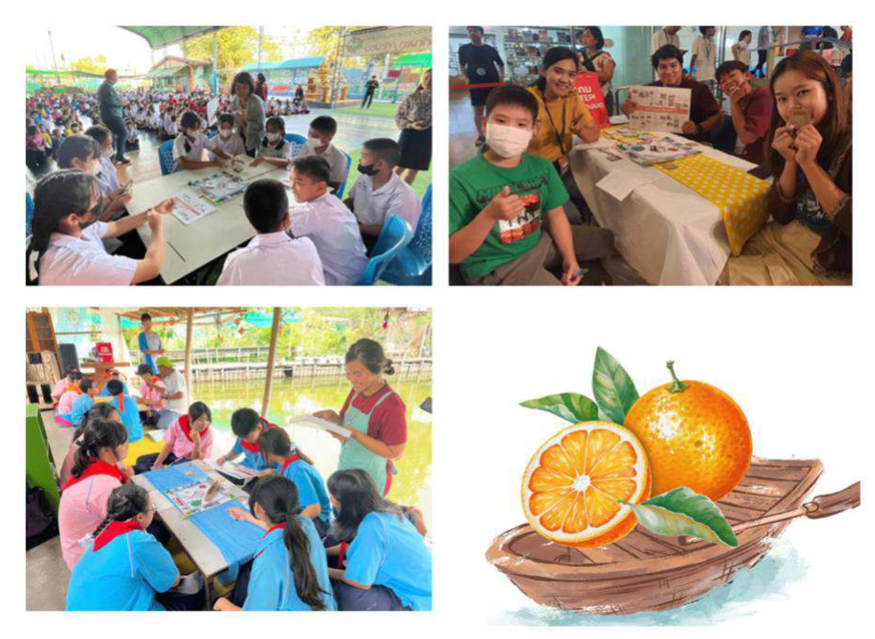
“Bang Mod Orange” Integrated Mathematics Learning Project (Phase 3)
The aforementioned operational results demonstrate engagement with communities and society, creating Social Engagement for personnel and students, and generating innovation to develop the good quality of life of the community. This includes the development of joint learning processes and having full-time researchers working in the villages to create a “Village of Learning Innovation,” which further leads to the creation of careers for local villagers, children, and youth in the area.
4. Policy addressing poverty
KMUTT to Learn Community and Social Together.
KMUTT support values and committed to creating SOCIAL ENGAGEMENT for personnel and students “Learn Society” to create development the quality of life of the community, development the learning process together. There is researcher working full time and create innovations learning villages such as: IT behind the mountain for equality in access to knowledge and learning resources, The control environmental system, the clean energy system in lack area. This integrating STEM education from a community resource base for create careers with both people and student. Another project KMUTT with collaboration network public and private that including, Local, regional, national and global levels to achieve sustainable development.
6 Dimensions of Value and Meaning: KMUTT and community and society
Outreach program or Out of Reach or out of reach project by KMUTT. It aims to act against marginalized groups, which means the marginalization of opportunity, equality and equality in society. Our target audience therefore encompasses the urban poor. In the countryside the communities on the mountain and the hill tribes are far away, difficult to reach, difficult to communicate in Thai. In fact, our target audience is in the same society as us. Around us and far away, all over Thailand. Our university work with communities and societies began since founding date Thonburi Technical College B.E. 1960 in participation with the community in the area. develop infrastructure work for public interest Exchange, learn, grow, make a good change for the community, society surrounding the university, in the city, in the remote countryside The hill tribe community on the mountain border communities across the country
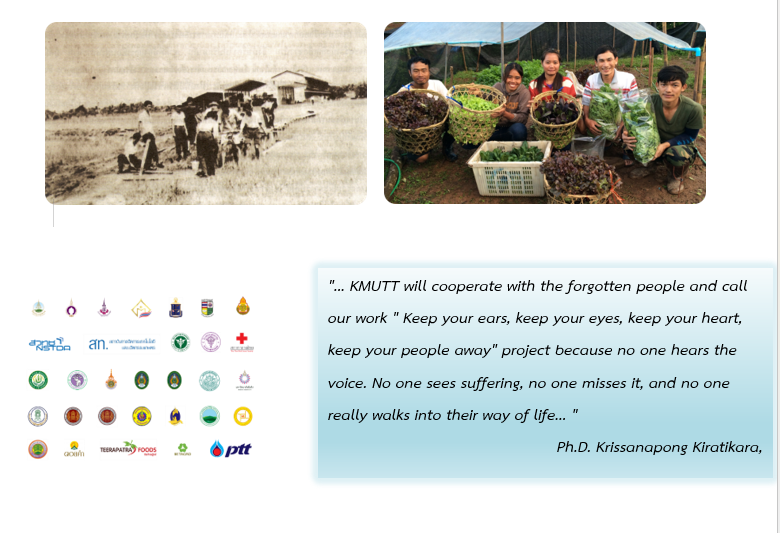

The Community Relations Group, Office of University Relations has been working on the development network. It serves as a central network between the Office of the Permanent Secretary of the Ministry of Higher Education, Science, Research and Innovation (MOHEI) and 34 higher education institutions in the Lower Mechanical Higher Education Network, focusing on the shared use of resources and knowledge among higher education institutions, entrepreneurs, and local communities, which is in line with the framework of the 15-year Higher Education Plan No. 2 (2008-2022).
Higher education in 10 provinces in the Lower Central Region, namely Bangkok (West), Samut Prakan (West), Samut Sakhon, Samut Songkhram, Nakhon Pathom, Ratchaburi, Phetchaburi, Prachuap Khiri Khan, Suphan Buri, and Kanchanaburi, with a total of 34 higher education institutions that are members of the network. Chairing the implementation of the Issue Network and Projects.
According to the government policy, a total of 4 networks/projects are as follows:
entrepreneurship.
UBI Network: Corporate Incubation Program in Higher Education Institutions The University Business Incubation Program (UBI) was launched at the end of 2004 with the aim of incubating businesses to create new entrepreneurs, develop into start-up companies, and strengthen the potential of business plans and product technology development. The management of the Lower Central Higher Education Network in the implementation of organizational incubation activities will help create mutual learning. Each UBI strength is used to reinforce some UBI’s weaknesses, thereby strengthening the process of incubating organizations in higher education institutions in terms of effectively strengthening entrepreneurs. Enterprise incubators can use resources. Specialized expertise of each institution, such as management and finance experts, from network operations. Entrepreneurs in each UBI in the same industry segment will be able to create a new and more sustainable environment for entrepreneurs, including law enforcement agencies, law enforcement agencies, and law enforcement agencies. Supply chain business networks lead to business partners, such as the food industry. The hospitality tourism group and the information software industry group can rely on a combination of experts, consultants, or even prototype factory labs. By using the strength and resources of the network system to create and develop entrepreneurs
Operating Results for Fiscal Year 2024 • 13 higher education institutions participated in the project. • Developed 12 startup companies • 7 Spin-off Companies • Organize activities to raise awareness and entrepreneurial spirit for students. Students and faculty with 117 activities • There are 1,727 members of the Student Entrepreneur Club
In addition, training to increase knowledge and study tours were organized for network members. as follows
• Training the Trainers for UBI Manager 9 networks
During 12-14 December 2023 at the Miracle Grand Convention Hotel, Bangkok.
• Organized the training “Developing Workshop Business Potential No. 3” for the Lower Central Region Network
“Creating Online Media with CANVA and Introduction to Related Intellectual Property
Commercial and Business Law” Fiscal Year 2024 during February 14-16, 2024
at Mida Grand Hotel Dwarawadee Nakhon Pathom, Nakhon Pathom Province
- Organized the activity “Study tour of the Southern Science Park, Prince of Songkla University and the park. Science and Technology, Walailak University” during May 7-10, 2024.
2. Drug Prevention Network: Immunization and Drug Prevention Project in Higher Education Institutions
The project has been in operation since 2004 with the aim of protecting students and students. Not allowed to enter.
Using a local-level mechanism to support higher education institutions in the network.
Creative or alternative activities for students. In the fiscal year 2024, network members participated.
The project has 25 locations (including campuses) and has received budget support from the SPO in the amount of 440,000 baht.
Baht to carry out 3 activities. as follows
1. Student Leadership Network Development Camp Project student Build immunity and prevent drugs in academy The event will be held from 10-12 July 2024 at Baan Mai Tara Resort, Mueang District, Province. Samut Songkhram had a total of 115 participants.
• Special Lecture on “Drugs Missed and No UNDO” By speakers from Sam Phran Police Cadet School so that students can know the situation of drugs. problem Drugs that are prevalent in the current situation and laws related to e-cigarettes. including self-protection from drugs. The emphasis is on activities so that students can share
• Training and Practice of Making Content to Build Drug Immunity by Professor Sarayut Ankananukit Content creation techniques in the form of short videos (no more than 60 Second) and students were divided into 5 groups from different institutions to create works and Together they presented content about immunization and drug prevention.
• Exchange and learning activities Expanding the effect of drug immunization by presenting the project Examples related to immunization and drug prevention in higher education institutions 1) The topic “White University” by Mr. Panupong Ngalamduan, Supervisor. Promoting and Developing Student Potential, Student Affairs Division, Silpakorn University 2) The topic “Implementation of Immunization and Drug Prevention” by Professor Chidchanok Sittharasak, Director of the Student Development Office, Huachiew University, Chalermprakiet and 3) the topic “Implementation of Immunization and Drug Prevention” by Mr. Rattanan Kansa, Academic Officer, Student Affairs Division, Mahidol University.
2. Student Leadership Seminar Project Students by the TO BE NUMBER ONE club of the community college. Samut Sakhon The event will be held from 31 August – 1 September 2024 at Sriyanon Camp and Asia Hotel. Cha-am, Phetchaburi Province A total of 73 participants, the activities include: • Develop the leadership potential of student leaders in immunization and prevention. drug • Recreational immunization, drug • Show and Share the implementation of the TO BE NUMBER ONE project • Workshop on Project Implementation and Establishment of TO BE NUMBER one Club
3. Extension Activities In addition, the members of the network have organized activities to expand the effects of immunization and drug prevention. Addiction in higher education institutions The purpose is to make students aware of the punishment. Legal offenses and A total of 10,263 students participated. Activities such as campaigns on World No Smoking Day and Anti-Drug Day. KMUTT Power Project Build immunity Reduce the cessation of cigarettes and e-cigarettes. Mahidol University and the White University Project to create Strengthen life skills for student organization leaders to be disciplined and responsible for themselves and society. university Silpakorn, etc.
3. University Network as a Mentor for Schools: Education Quality Development Projects and Local development with higher education institutions as mentors. The project to improve the quality of education and local development with higher education institutions as mentors. It is the policy of the Ministry of Higher Education, Science, Research and Innovation (MOHEI) that wants to promote and Encourage public and private higher education institutions that are equipped with knowledge and expertise to participate in the The mission is in the form of a spatial network by being a mentor to local educational institutions. Started to operate as follows: Continuously from 2016 to the present, for more than 9 years, relying on the cooperation between the SPO. Servers and Higher education institutions member of the Lower Central Higher Education Network more than 22 The project implementation model focuses on developing teachers to students and connecting to the community. Focus on Adjustment is made to the teachers, which will lead to effective teaching and learning management. The participation of Higher education institutions bring innovations in education, resources, and technology, as well as knowledge, Academic expertise aligned with the needs of the school to help improve the quality of education for Schools, especially small schools. Marginalized schools and opportunities extension schools that are still unprepared
Both in terms of personnel and effective teaching and learning management. In the fiscal year 2024, the network received budget support from the SPO. The total amount is 5.8 million baht. For the implementation of 58 projects, 22 higher education institutions participated, 9 schools in the Lower Central Region, of which 218 schools were developed, 1,627 teachers were developed, and 10,484 students were developed. The project is divided into: 1. Teaching and learning style development activities to encourage learners to be creative. 32 projects, accounting for 55.17% 2. Activities to develop the reading and writing skills of Thai children, 9 projects, accounting for 100 percent. 15.52 3. Activities to develop teaching and learning styles that are in line with the changing situation. quickly 7 projects, accounting for 12.07 percent. 4. Activities to develop learning resources in the community: 10 projects, accounting for 17.24% In addition, the project has been implemented in line with the government’s policy in two areas: promotion, learning and skill development at all ages, and preparing Thai people for the 21st century. The network has carried out as follows
1. Organizing seminars to visit and exchange knowledge On 20-21 November 2023 at Ratchaburi Province, which had more than 46 participants from 17 higher education institutions. Activities such as a visit to Ban Pong Krating School, Ban Kha District, Ratchaburi Province. Visiting the Indigenous Beekeeping Learning Center Ban Kha District, Ratchaburi Province and Visit Molding methods and production processes of ceramic utensils, Mueang District, Ratchaburi Province, etc.
2. Participate in the implementation of the University Project as a School Mentor of 9 Regional Network organized by the SPO On March 22, 2024
3. Organize a meeting to visit and report on the progress of the project implementation. On August 6, 2024 at Holiday Inn Silom, Bangkok. Overview and progress of the project There was a discussion and exchange of experiences in Implement the project from stakeholders to exchange knowledge on project implementation within the network and visit exhibitions of each higher education institution.
4. Organize a seminar to increase knowledge on the topic of “Techniques to be a good practitioner”. By the speakers from the team Faculty of Industrial Education and Technology, KMUTT On September 27-28, 2024 At Itara Resort & Spa, Phetchaburi Province More than 80 people participated in the activity, and the university network activity was a mentor for the school
4. C-OSO Network: Genetic Conservation Project Due to the Royal Decree His Majesty the King- Kanitha Thiraja Department of the Crown Prince of Siam Plant Genetic Conservation Project due to the Royal Decree in the Lower Central Region Started operating in 2014 with KMUTT as the host, serving as a liaison between the member institutions of the network and the C-OPO network. Other regions to follow up on the implementation of projects and activities and report the results to the SPO. In addition, he was also a representative to attend the meeting with the Plant Genetic Conservation Project due to the Royal Decree to find ways to develop higher education so that it can be driven in a consistent and simultaneous direction in all regions. In the fiscal year 2024, 13 network members participated and implemented strategic issues. as follows
1. Strategic Issue 1: Strong and Sustainable Network Management There are details of the operation. as follows
• Establishment of the Network’s website and linking to the website of the SPO. By asking for the cooperation of network members to send press releases. To update the information on the network website (https://rspg.rmutp.ac.th) to be up-to-date (once a month) for widespread publicity and link to the website of the SPA. Rajamangala University of Technology Bangkok Become a website administrator
• Strengthening member institutions that respond to the Royal Decree by working with the community to operate as a coordination/training center. – Coordination Center, Mahidol University in collaboration with the Provincial Office of Education Samut Sakhon and the OSO project jointly organized a workshop on the Operating the School Botanical Garden for the year 2024 on March 13, 2024 at Siri Arukkhachart Nature Park, Mahidol University – Network members participated in a workshop on the topic of “Exchange, Exchange, Education, and Innovation”. Learning between Issue-Based Networks (C-OSO Network)” for the year 2024 between On May 8-10, 2024, at Khon Kaen University, there were 21 participants. from representatives of 9 higher education institutions.
• Supporting community college institutions to apply to participate in the operation of school botanical gardens. – Mahidol University held a workshop on garden operation guidelines. School botany and gave a lecture on the topic “Guidelines for the operation of the garden. Botany in schools in response to the King’s Initiative Plant Genetic Conservation Project Due to the Royal Decree (OPO)” by Dr. Piyarat Pakpong Charoensap Adulterers Commentary “Application Process for Membership in School Botanical Gardens” by Mr. Thanawat Kaensaksiri to build understanding of operations and increase the number of members. School Botanical Garden in Samut Sakhon Province
• Supporting network institutions to raise awareness and educate students. Students and the public
2. Strategic Issue 2: Management of Physical, Biological, and Cultural Resource Information and quality wisdom and sustainable use. There are details of the operation. as follows • Encourage network institutions to operate in collaboration with the Coordination Server. zero Coordinate and/or agencies and encourage local people to participate in the Explore and study the utilization of resources. • Encourage network institutions to work together with the Coordination Center and the Center. Coordinate In developing personnel who will be mentors in the preparation of information. • Mentor for local government organizations (LGOs) or communities. To store base data Local Resources
3. Strategic Issue 3: Proactive Actions to Drive Resource Utilization There are details of the operation. as follows • Support the development of research problems from the resource database in collaboration with the community and private sector • Encourage network institutions to operate in collaboration with the community and industrial sectors. To increase the economic value of local resources.
4. Strategic Issue 4: Towards Becoming a Path-Neutral University The Carbon Neutral University is currently preparing to organize the activity “Reducing Emissions. Carbon Neutrality” The performance throughout the year shows the commitment of KMUTT. In network operations This is because it is an important main mechanism to drive policies and link education. Operating in accordance with the country’s higher education mission. In focusing on the use of resources and knowledge together. between higher education institutions, entrepreneurs, and local communities. SPO to 9 regional higher education networks nationwide in a systematic manner
Strategic Objective 4: Developing the organization into a high-performance organization
The university develops information systems to support the implementation of its mission by developing digital learning resources to integrate with modern teaching and learning. Creating a digital research ecosystem for research management and academic services, promoting the application of digital technology for high-efficiency management. Establish standards for service delivery and technology management (Digital Service Delivery) by developing digital services, developing strategic management systems (e-Strategy), and developing the work culture of the organization to become a quality digital society (Digital Society). In addition, the university is also aware of the importance of increasing the digital competency of its personnel. and develop for cultural change, including the development of innovation and new technologies, as well as upgrading the infrastructure of information technology systems to link excellent digital services
Management and Quality
the university has used the Thailand Quality Award (TQA) /Education Criteria for Performance Excellence (EdPEx) to determine the quality of the Integrated Management System (IMS) to achieve excellent performance. To distribute the achievement of excellent performance is the pride of everyone. From participating in creating value under the different duties and responsibilities of all sectors in the university in a rational manner. KMUTT’s TQM Model
KMUTT’s TQM Model operates on the belief that the key cost is human resources by embedding the concept of quality into the system while providing knowledge about results-oriented management by believing that the basic knowledge of quality and good quality of management is good. It will create a holistic management that leads to the integration of various processes. Therefore, the university has implemented two parallel areas: 1) creating a quality culture that focuses on customers and continuous improvement, and 2) developing management systems and work processes through the cycle. P-D-S-A (Plan-Do-Study-Act) or P-D-C-A (Plan-Do-Check-Act) cycle
The university has adopted legal guidelines on educational management standards and higher education curriculum standards. Quality Planning, Quality Control, and Quality Improvement to evaluate the quality of courses or products in the teaching and learning mission that the university wants to be continuously improved. Continuous Improvement under the Outcome-based Education (OBE) platform, which is the university’s policy. Other international criteria can be used to assess the quality of the OBE of each profession, such as the Association to Advance Collegiate Schools of Business (AACSB) and The Accreditation Board for Engineering and Technology (ABET). King Mongkut’s University of Technology Thonburi No. 13 (2023-2027) Management to achieve quality In addition to the adjustment of strategic management at the university level. It also emphasizes the strengthening of Operations Management (OM), which is an important basis for strategic management to an organization with excellent performance with agility.
However, Past Year Operations The details are as follows: 1. Strategic Management to Achieve Operational Excellence Since the end of 2021, the University has started to prepare the 13th Strategic Plan (B.E. 2021). 2023-2027) and according to the university’s guidelines, the university administrators have regular discussions. Both formal and informal weekly to ensure that the operation is consistent and can be integrated. Compatibility The transitional development has the following activities
• Organizational Leadership
To lead to effective and efficient operations. The university administrators have Communicate with middle management through meetings and meetings with executives of various faculties/bureaus so that Ensure that middle management understands the strategies and policies that the university has emphasized each year. Participate in and monitor the implementation of the policy in addition to monitoring the implementation of the meeting. such as the Academic Council and the Executive Coordination Committee, etc.
•strategy
The past year has been the removal of the university development plan. Long-term 20 years 2017-2036 (KMUTT Roadmap 2036) is a five-year strategic plan, the second phase is the University Strategic Plan No. 13. (2023-2027) with the Board of Directors and the working group preparing the University Strategic Plan No. 13 Together with the mechanism for creating the new generation of the university with a strategic perspective to draft a development strategy. The university in the period 2023-2027 for the preparation of the next action plan, as well as serving as a framework for Prepare an operation plan and a medium-term advance budget (Plan 1+2). In the deployment of the plan. The President had a discussion with the Senior Vice Chancellor 3 to set goals and strategic initiatives to achieve the goals of the strategic plan. Next Executive Action Plan
• Customers
Working according to the main mission in the past year. Direction and process determination
Working in various areas with a focus on customers as follows:
•customer Working according to the main mission in the past year. Direction and process determination Working in various areas with a focus on customers as follows:
– Teaching and learning In the design of the university’s curriculum, it is a design that Focusing on learners in accordance with the OBE policy, the person in charge of the course will survey the needs of customers and related parties. From various channels such as student opinion surveys. Student information from advisors and Monitoring of students’ work in the actual work area as appropriate to the context of the operation. At that time, it is analyzed and synthesized to determine the learning outcomes as well as teaching and learning methods. In order to achieve the learning outcomes, learners will know that when they enter the course, they will achieve learning outcomes. What can be done upon graduation to meet the needs of diverse learners? In addition, there are Provides non-degree courses in the form of Outcome-based Education Module (OBEM) and Microcredentials (MC) to meet the needs of learners of all ages
– Research: According to the university, 8 strategic research issues (Strategic Research Themes) as a framework to strengthen research and innovation that has a positive impact. The university will understand the needs of capital sources and explore the The work in the field of community and social care is an important work of the university that has analyzed, synthesized, and led to research that can be used practically and create a high impact, reflecting the university’s working spirit that considers customers. Responding to the real needs of the country to become an impactful university
– Academic services or the use of research results. The Networking and Partnership Group consists of representatives from 4 main groups. The goal is to create a Strategic Partner for the and taking into account the Voice of Customer (VOC), resulting in the university having a Strategic Partner. or have more projects with the existing Strategic Partner
It can be seen that the university aims to produce high-impact research. It is necessary to work with those who use research, including the economic sector. Community, society, or collectively referred to as customers. It is known closely to know the VOCs of customers and use them as input factors so that lecturers/researchers can understand the The data has been analyzed, synthesized, and created research results that meet the needs of customers. The process of obtaining research and academic services that meet the real needs of customers.
•personnel
The university has implemented organizational structure, performance management, competency development, compensation and benefit management, and so on. Career Path to build capacity and talent Competitiveness as well as building the bond of personnel towards high performance. Organization (HPO), which is a continuation of the previous year. The details are as follows: – Organizational Development (OD) starting from the office The President has expanded to the faculties/offices to achieve integrated work throughout the university. Directions and goals set – Achieving efficient and effective performance or the creation of a Performance Management System (PMS) is driven through the understanding and cooperation of personnel by empowering and encouraging middle management to take advantage of the P-D-C-A cycle, both the Quality Management Cycle (K. Ishikawa 1985) and the Kaizen cycle (M. Imai 1986) and distribute it to operations using Daily Management (DM) as a tool. The use of such tools is part of a gradual process, as it requires a paradigm. Shifts of workers, especially directors and supervisors in the President’s Office who are not from the academic field. They realized the value of their responsibilities as a very important part in promoting and supporting the university’s performance to achieve its goals. This is consulted by the President’s Advisor on Quality Assurance. Vice President for Quality Assurance and Assistant to the President for Quality Assurance to the Director Supervisors through the Daily Management meeting of the director level and receiving consultation in the actual work of the Agencies in an on-site format continuously, with presentations based on the actual operations of each department. There were participants at the director level. Supervisors and responsible operational level employees. However, When the implementation was delayed than it should have been, the relevant executives discussed with the advisor Inquire about obstacles or limitations from project participants and adjust the project implementation method accordingly. next In addition, the university has developed the KMUTT Professional Standard Framework (KMUTT – PSF) for research and academic services in addition to the KMUTT – PSF in teaching and support. Learning by PSF in both aspects is the direction of human resource development for the implementation of policies in accordance with the strategic plan of the university
• Operations
The university uses the concept of customer focus on product and process requirements, both core and support processes, to meet customer needs and expectations, starting from the development of degree and non-degree courses, the development of research proposals and academic services, and the teaching and learning management process, as well as the research management process and academic services, as well as important support processes such as human resources processes and information system management. However, In the implementation of the core processes and support processes, the university uses a quality management approach to ensure that both the core processes and the support processes are in the same direction and meet the goals of the process.In addition, the university has established a series of committees to ensure that the university’s operations are continuous and compliant with both operational and legal requirements. For example, the Internal Audit Committee, the Risk Management Committee, and the Safety Committee, etc., as well as directing various departments to conduct Business Continuity Management (BCM) and to improve various processes. In addition to strategic management, the university has implemented Operations Management. The Internal Quality Assessment of the department has been conducted annually since 2021 by setting criteria to show the level of development, including the Quality Planning system, the Quality Control system, and the Quality Improvement system.
In 2024, the university has organized an internal quality system assessment during July-October 2024. 12 faculties and equivalent department level There are 10 departments as follows: 12 faculties, including 1) Faculty of Industrial Education and Technology, 2) Faculty of Natural Resources. 3) Faculty of Information Technology, 4) Faculty of Energy, Environment and Materials, 5) Faculty of Science, 6) Faculty of Engineering, 7) Faculty of Arts, 8) Faculty of Architecture and Design, 9) Graduate School of Management and Innovation, 10) Joint Graduate School of Energy and Environment, 11) Institute of Field Robotics, and 12) College of Interdisciplinary Studies. The faculty/department must understand the evaluation report and prepare an improvement plan, as well as be consulted and recommended by the President’s Advisor on Quality Assurance. Vice President for Quality Assurance, Assistant to the President for Quality Assurance, and Quality Assurance Scholar of the Quality Assurance Office to ensure that the improvement plan is consistent with the evaluation report and support the continuous improvement of OM’s quality system
2. Quality Assurance at the Institutional
Level According to the university, the university has adopted the management system for total quality or Total Quality Management (TQM) as the university’s management system. Under the framework of the Thailand Quality Award (TQA)/Education Criteria for Performance Excellence (EdPEx) to achieve continuous development towards the development of quality graduates, research, and academic services, and in Internal Quality Assurance (IQA) in 2024, the university will provide a quality assessment of the system. It is expected to use the feedback report obtained from the assessment to improve the university’s management system to deliver excellent performance.
Of all that has been reported, The university recognizes that international and standardized work processes play an important role in helping the university’s performance meet expectations and increase the university’s competitiveness in a sustainable manner. But more importantly, it is important to regularly use self-assessment mechanisms within the IMS framework, as self-assessments will make you aware of your own status and awareness of the shortcomings of related systems. It leads to the development of work that is systematically integrated. Finally, the university’s objectives as a whole can be achieved.
Developing and improving work with Daily Management Tools: DM
The university has also set a goal to develop the organization into a high-performance organization. Digital Transformation supports operations in all dimensions of the university. The indicator is set as percentage. The success of the strategic management system to increase the efficiency of organizational management that can Sustainable quality development according to the university development plan. The concept of daily task management (Daily Management) is used as a tool to analyze and manage the work process to achieve the desired results. Set a goal. The management of daily tasks has been carried out continuously, starting from the middle management group. level Director and Head of Working Group under the supervision of the Vice Chancellor since 2020. Daily Management is to standardize everyone’s routine tasks by making manuals. Work Manual and Service Level Agreement (Service Level Agreement: SLA) and implement it according to the specified conditions. Working Standards Follow the required operating manuals and improve the level of work according to the level agreement. Providing more challenging services in the next order to improve the quality of work and reduce costs. deliver Delivery Time: The work is on time until it enters the normal work process. Standard Operation Procedure (SOP) The university has a policy to develop and improve work with the Daily Management tool. Policy management focuses on implementation and improvement according to the wheel. Plan-Do-Check-Act (PDCA) The daily management will focus on maintaining conditions and improving work by spinning the wheel. Standardize- Do-Check-Act (SDCA) and if the results of daily management are problematic, a way to reduce them must be found. Defects in the work process so that there are no repeated mistakes or the development of new processes. To meet the standards by connecting the work process between the central office and faculties/bureaus/institutions (upstream to late). In the fiscal year 2024, the application of the concept of routine work management will continue. The overall picture is in Phase 2 (Phase P-Plan), which has 2 agencies that have completed the PDCA anniversary. bureau In addition, there are many targeted routine work management operations, such as
1. Defining the daily work management mechanism as a path to professional advancement. Personnel are aware of the concept of routine work management to deal with problems in self-work and create Quality work by designating the daily work management mechanism as one of the mechanisms to create works for the Agencies to promote higher levels of progress. The principle of daily work management has been adopted as a policy. It is intended to be a mechanism for personnel development in line with quality and systematic work. Supported performance evaluations
2. Reporting and sharing experiences Pushing for daily task management Report on performance and share experiences together. At the meeting of the Development and Improvement Working Group. Productivity Improvement (PI) In addition, the PI Working Group has also initiated a Consulting on the implementation of promoting learning of the principles of daily task management by using learning tools. Environment Version B2 (LEB2) to collect knowledge and categorize it for personnel to enter. Self-learning 3. Pushing at the level of university policy management Due to the management approach. The President’s work in 2023 is managed with transparency and verifiability, focusing on 3 areas: 1) Fast, high-quality work, eliminating redundancy Achieve the goal in the right time (Speed) 2) Systematic and all-round communication to promote effective collaboration to achieve goals. and 3) taking the initiative from one’s own change to the best of its ability to keep up with the changes of the Leading to Organizational Transformation to Sustainability (Change) The President regularly monitors the daily management of the work and asks to bring 6 important processes that affect the quality of the university to urgently manage daily tasks namely 1. Personnel Performance Evaluation Responsible for the Office of Resource Management person 2. Receiving complaints from customers through the MOD LINK system is responsible for the Building Management Bureau. and location. 3. Receiving complaints from students through the MOD LINK system is responsible for the Office of Human Affairs. student 4. Preparation of the national budget Responsible for the Office of Strategy. 5. Becoming a professional meeting secretary Responsible by the Office of the Director 6. Evaluation of teaching and learning by students Responsible for the Office of Educational Development
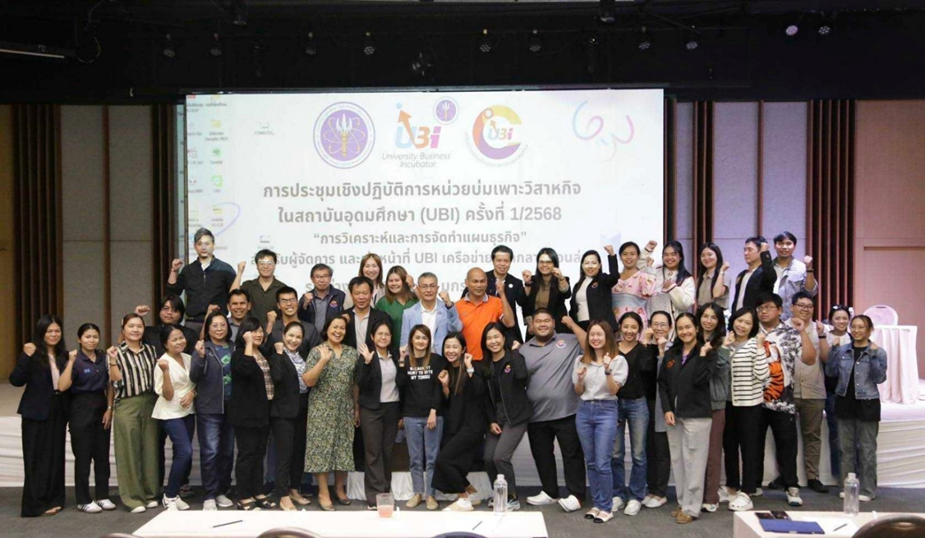
The University Business Incubator (UBI) Project, under the Lower Central Region Higher Education Network and organized by the Community Relations Division, Office of University Relations, held the “University Business Incubator (UBI) Workshop No. 1/2025.”
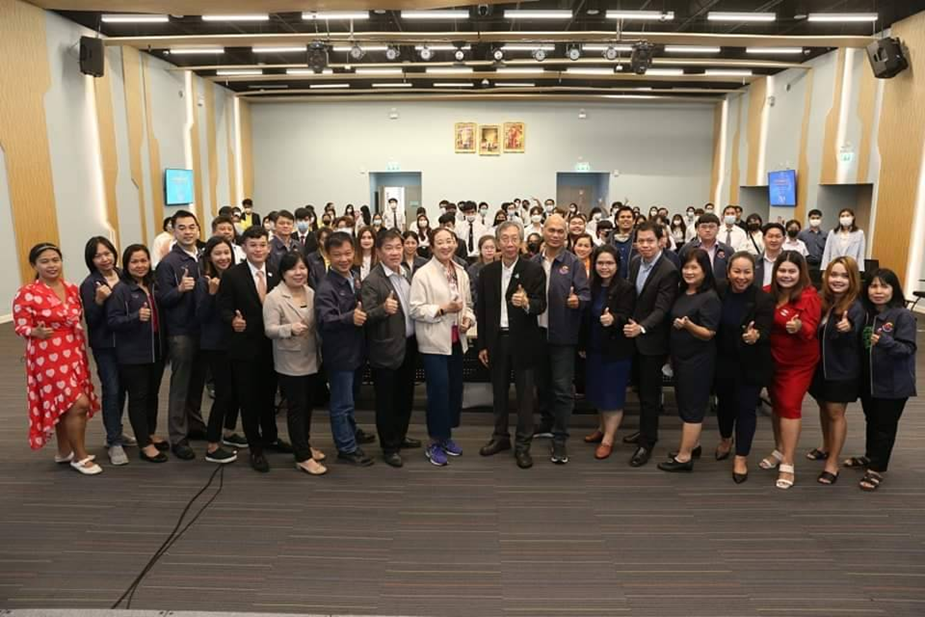
KMUTT, in Collaboration with the Lower Central Region Higher Education Network, Hosts UBI Pitching Day
A Creative Business Plan Competition to Enhance Entrepreneurial Skills and Boost Confidence Among Entrepreneurs

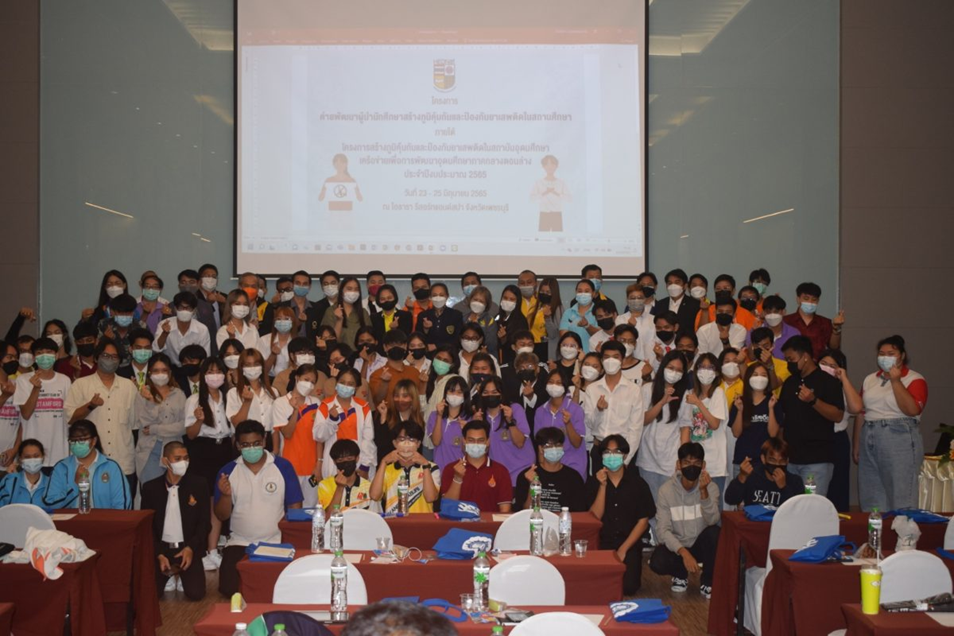
KMUTT Leads the Lower Central Region Higher Education Network to Implement a Drug Prevention and Awareness Program in Universities
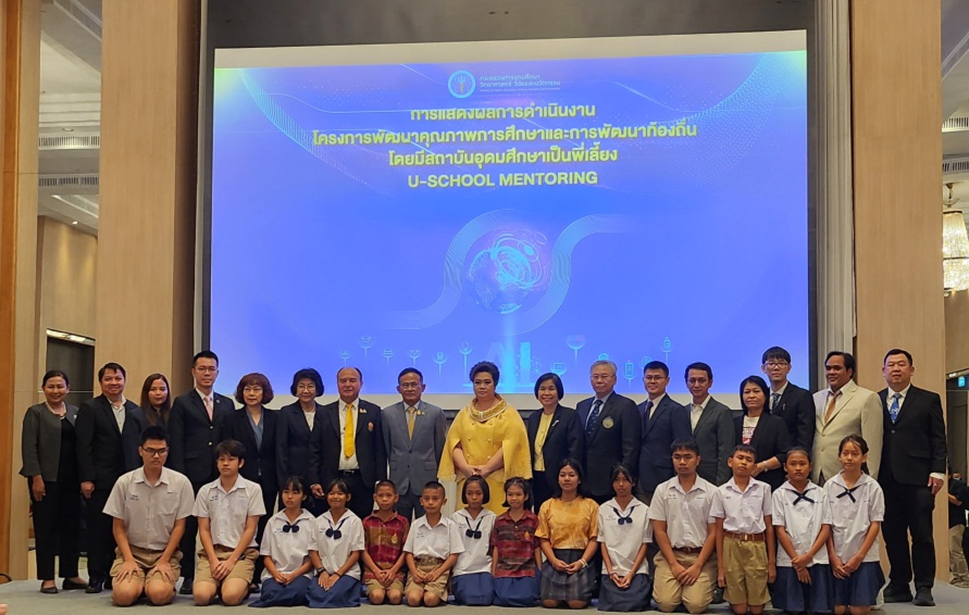

Education Quality and Local Development Project
Implemented with universities serving as mentors under the Lower Central Region Higher Education Network, organized by the Community Relations Division, Office of University Relations
SDG 1: No Poverty
Overview of Operations at King Mongkut's University of Technology Thonburi (KMUTT)
Scholarship Allocation
Two main categories: Potential Development (3,162 grants) and Bursary/Financial Aid (4,116 grants).
Specific Scholarships
Includes Petchra Pra Jom Klao, Thamma Raksa (underprivileged), and Siri Wiriya (resilient students).
Targeting the Bottom 20%
Policy targets admitting students from the bottom 20% household income group for educational opportunities.
International Aid
Scholarships for students from Cambodia, Lao PDR, Myanmar, and Vietnam (GMS and Multi-intellectual).
Support Services
Student Financial Aid Unit provides counseling, fee grace periods, and on-campus employment.
Student Loan Fund
Supports financially disadvantaged students (Type 1) covering tuition and living expenses.
Scholarship Recognition
Events celebrating Master's/PhD completions under Petchra Pra Jom Klao scholarships.
Multi-cultural Harmony
2nd Event (Feb 2024) promoting community history (Bang Mot Orange) and social cohesion.
Vocational Workshops
"Development of Goat Meat Products" and "Biochar Production" to create income for local farmers.
Leadership Camp
Student Leadership Network Development Camp (July 2024) focused on drug prevention and skills.
Community Food Security
Projects on organic vegetable gardening and surplus food distribution to low-income groups.
Creative Semester Break
Activities like "Bang Mot Orange Gardener Monopoly" to engage youth and preserve local culture.
Poverty Alleviation
16 projects in FY 2024 (7.1M Baht) targeting small farmers, persons with disabilities, and the elderly.
Natural Dye Project
Enhancing elderly quality of life in Sakon Nakhon by integrating traditional wisdom with technology.
Disability Network
Expansion project (23.32M Baht) training 300 persons, leading to employment and income.
Goat Farming Business
Study in Thung Khru to create sustainable business plans for local livestock farmers.
Poverty Indicators
Research on household poverty factors in Nan Province using 13 indicators across 5 dimensions.
Health Volunteers
Development of volunteers and health media for high-altitude communities in Omkoi/Mae Sariang.
305.14 Million Baht
Total scholarships allocated in FY 2024 to 7,278 recipients (13,860 students supported overall).
2,137 Loan Borrowers
Student Loan Fund covered 18.36% of undergraduates (168.39 Million Baht).
International Support
Provided 12.88 Million Baht to 62 students from developing countries (e.g., Myanmar).
Employment Outcomes
14 employments from disability training; successful tech transfer increased chai-po production to 1 ton/day.
Community Satisfaction
92% satisfaction rate in elderly health training programs (60 participants).
Academic Success
Scholarship recipients successfully completed degrees and published in international journals.
No One Left Behind
Provides financial assistance to students in hardship, ensuring they can reach their full potential.
Student Employment
Offers on-campus work programs for students to gain skills and earn extra income.
Social Engagement
Allocates budget to support student-led projects that benefit society and foster volunteerism.
Working Adult Education
Provides programs for the working-age population to upgrade skills and qualifications, enhancing employability.

